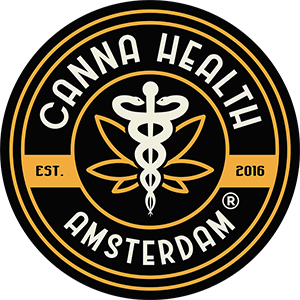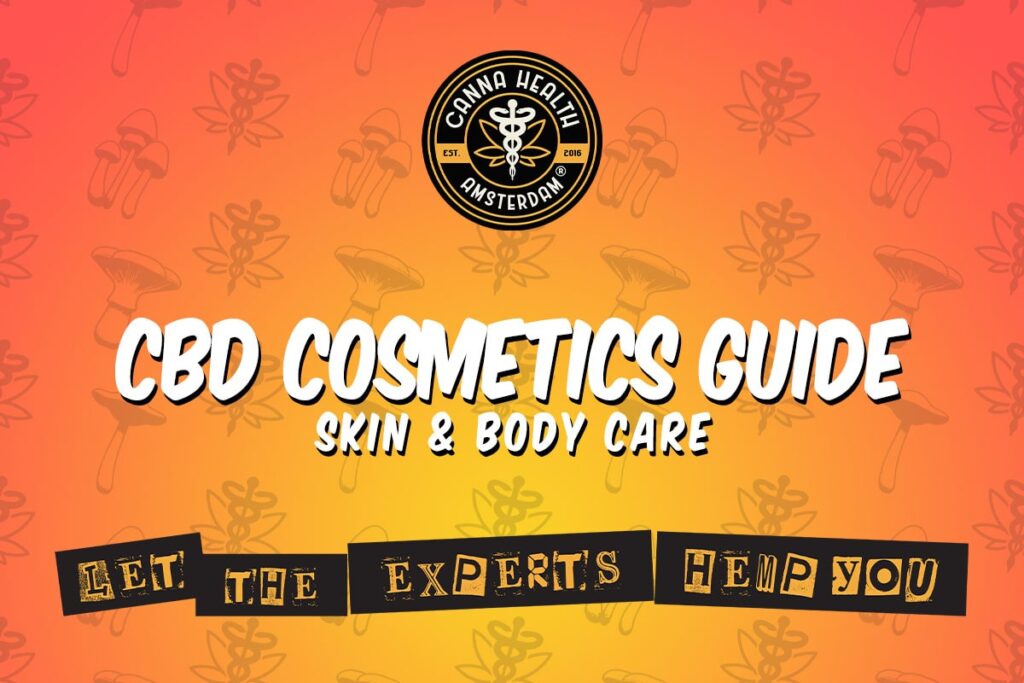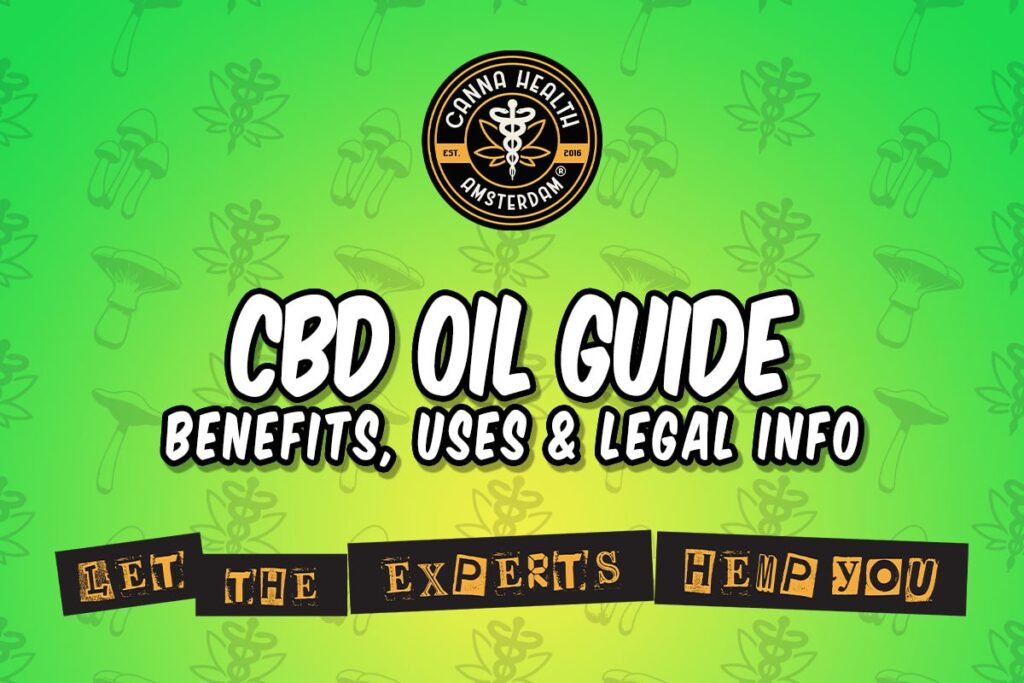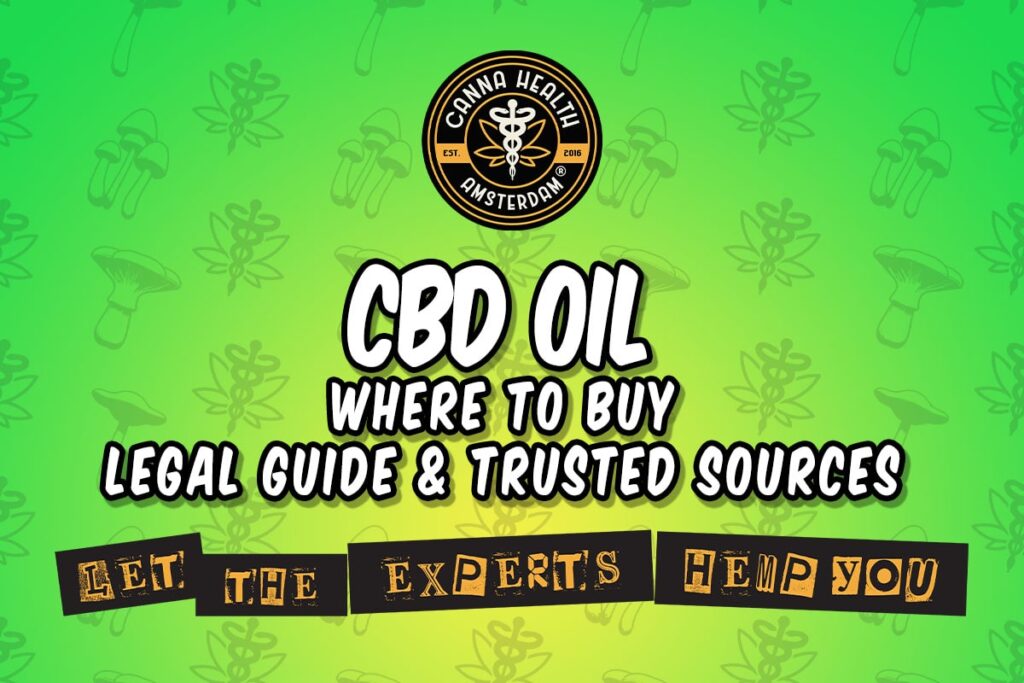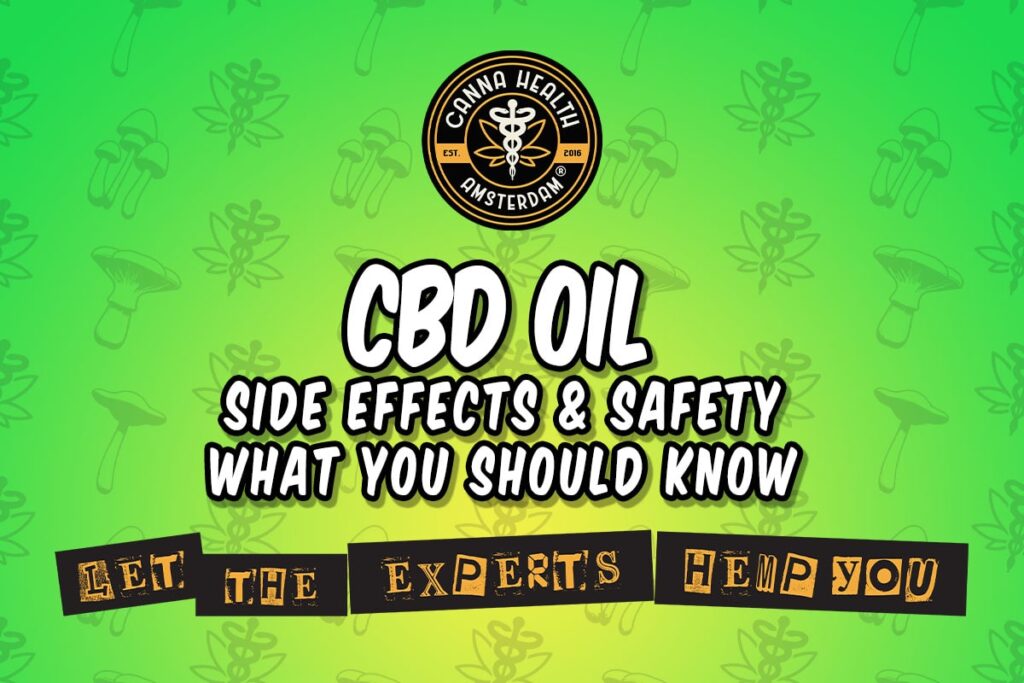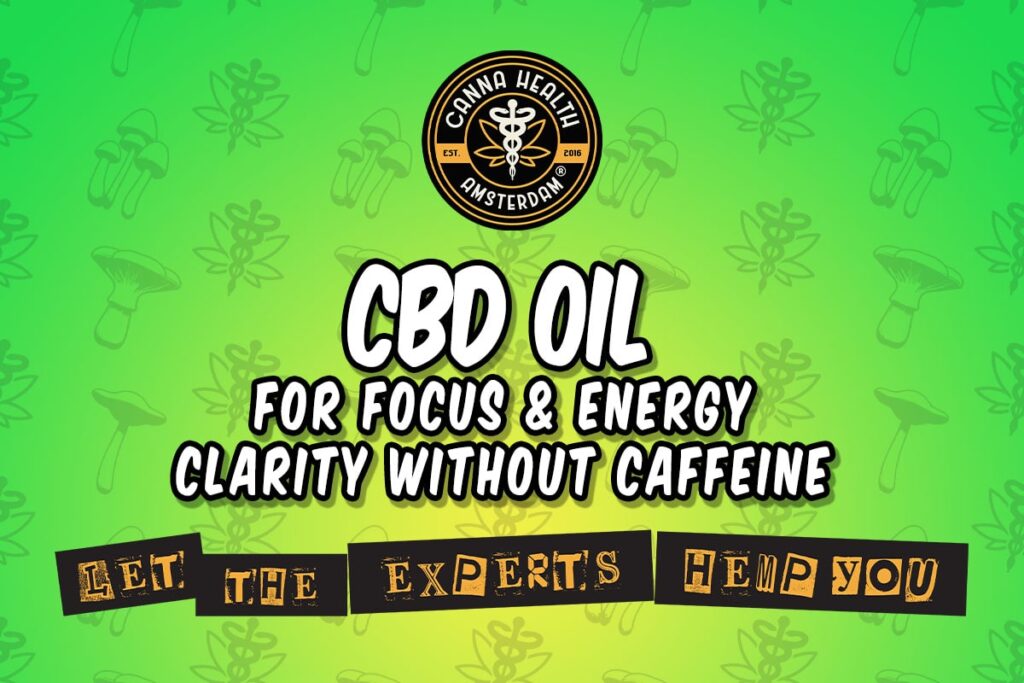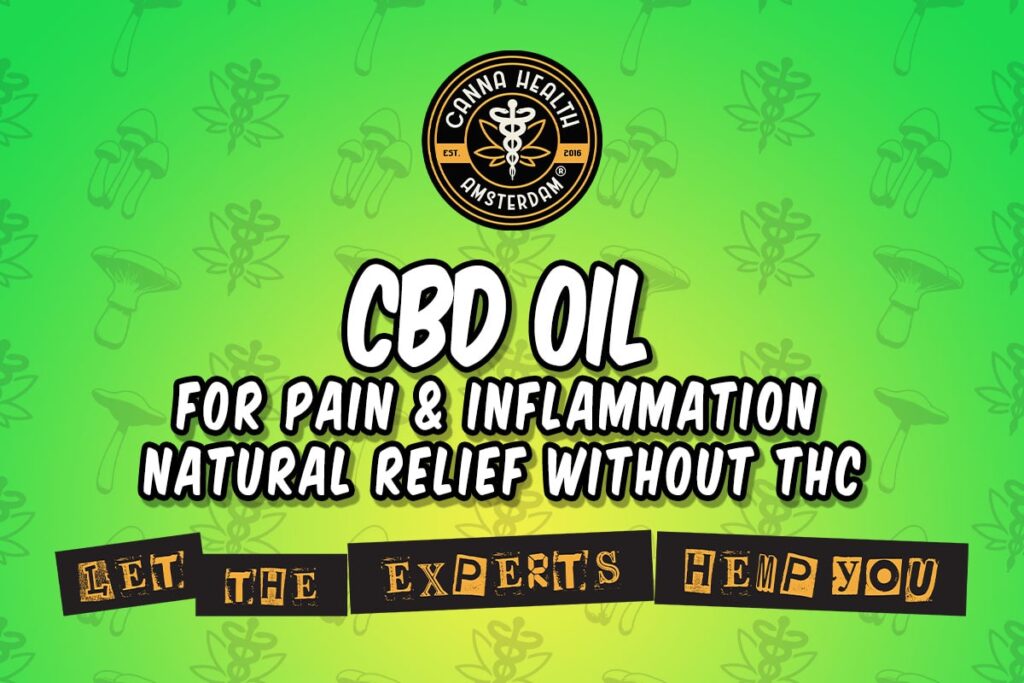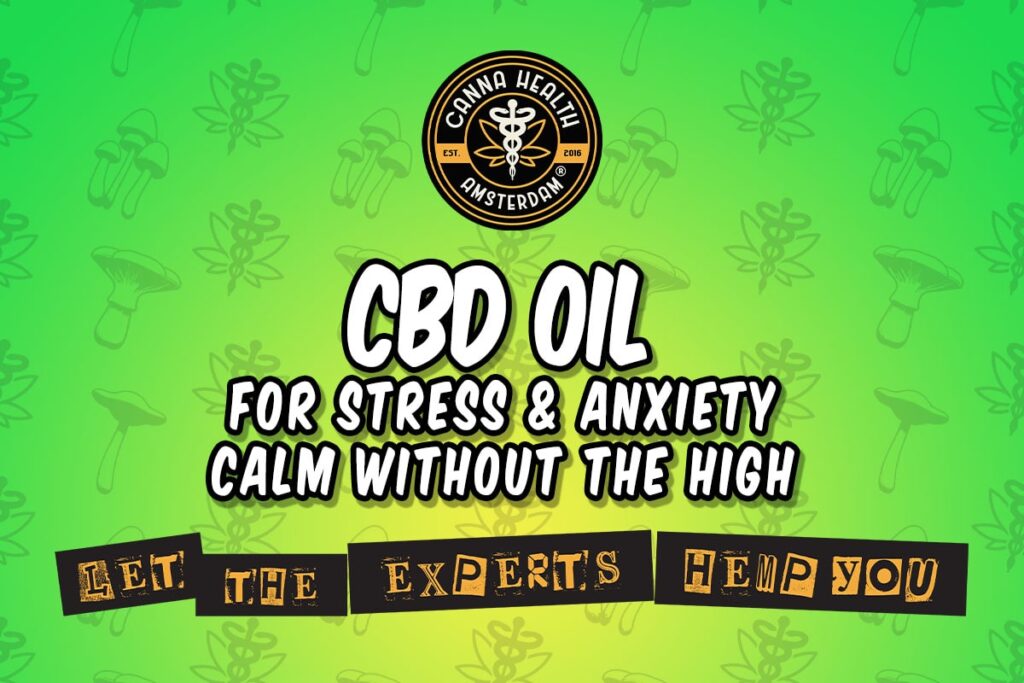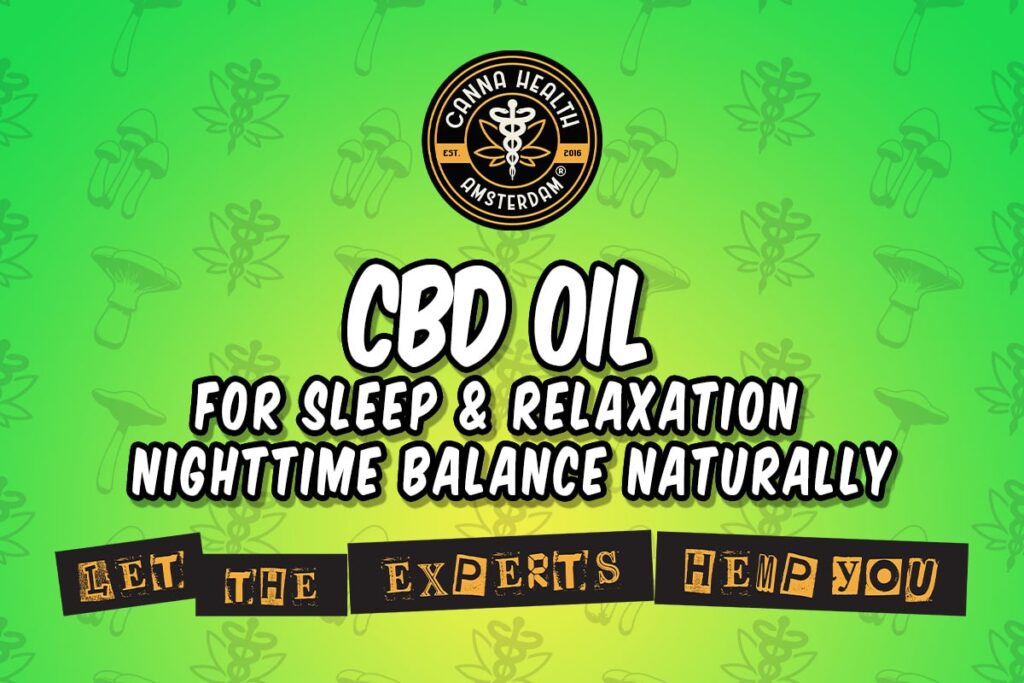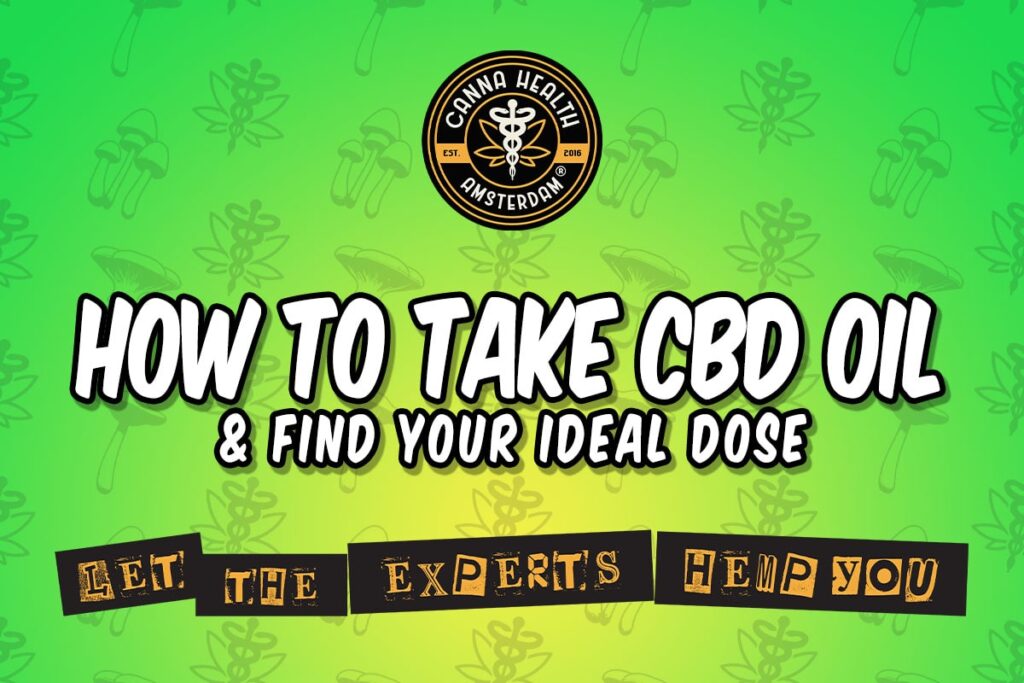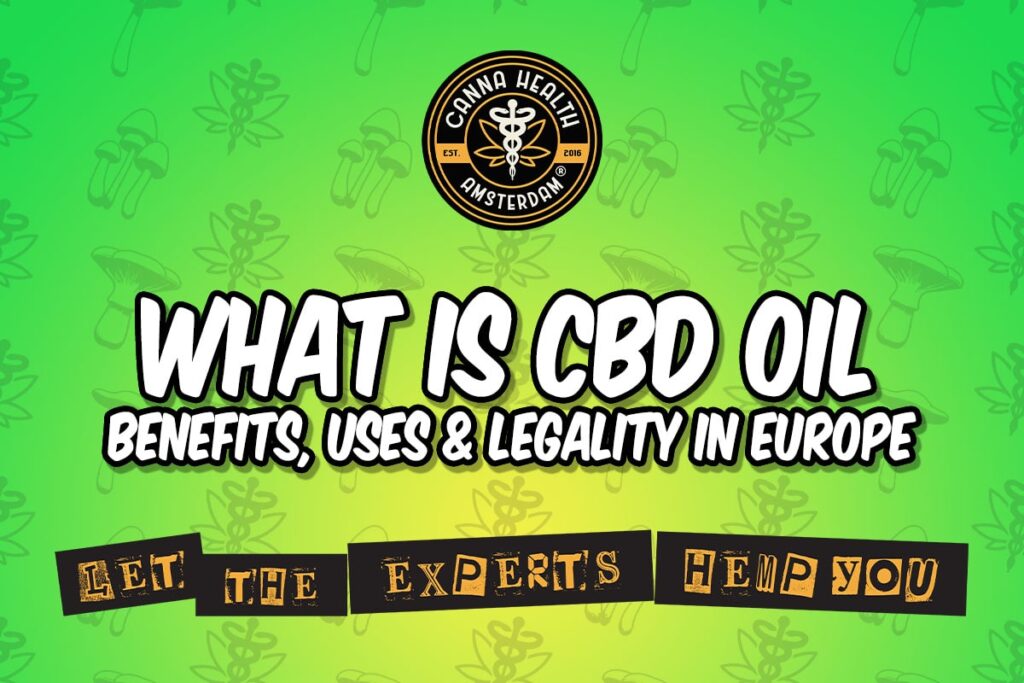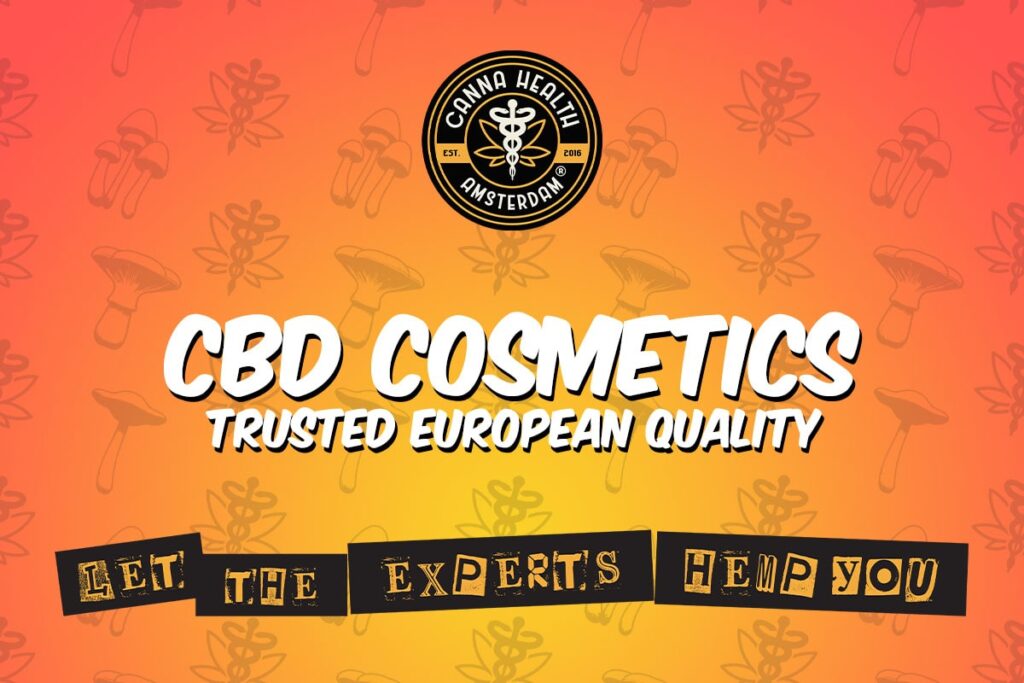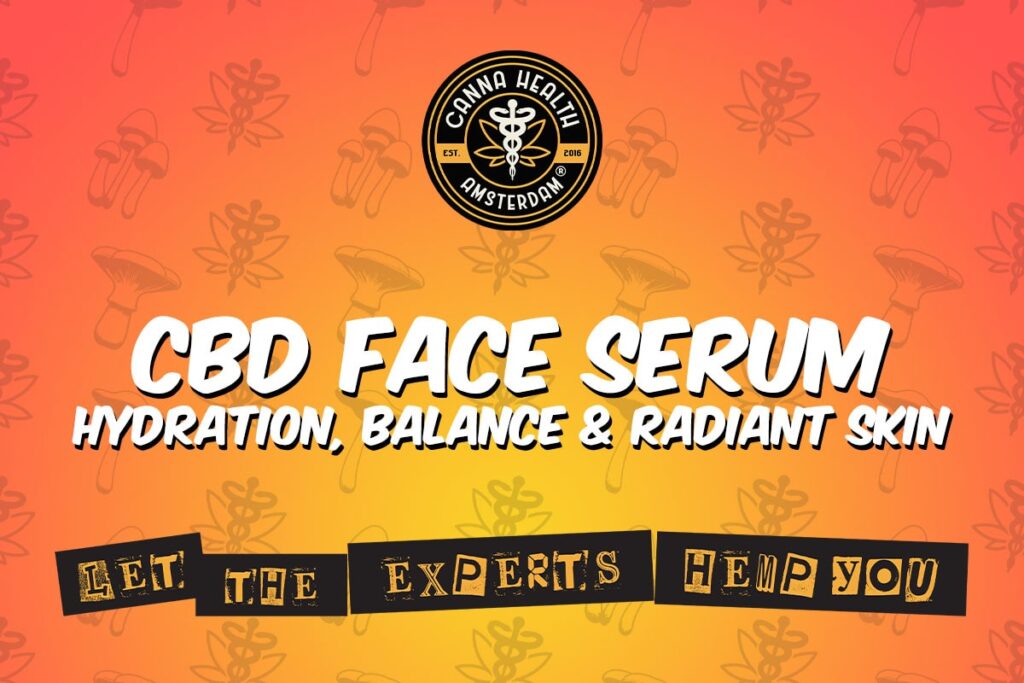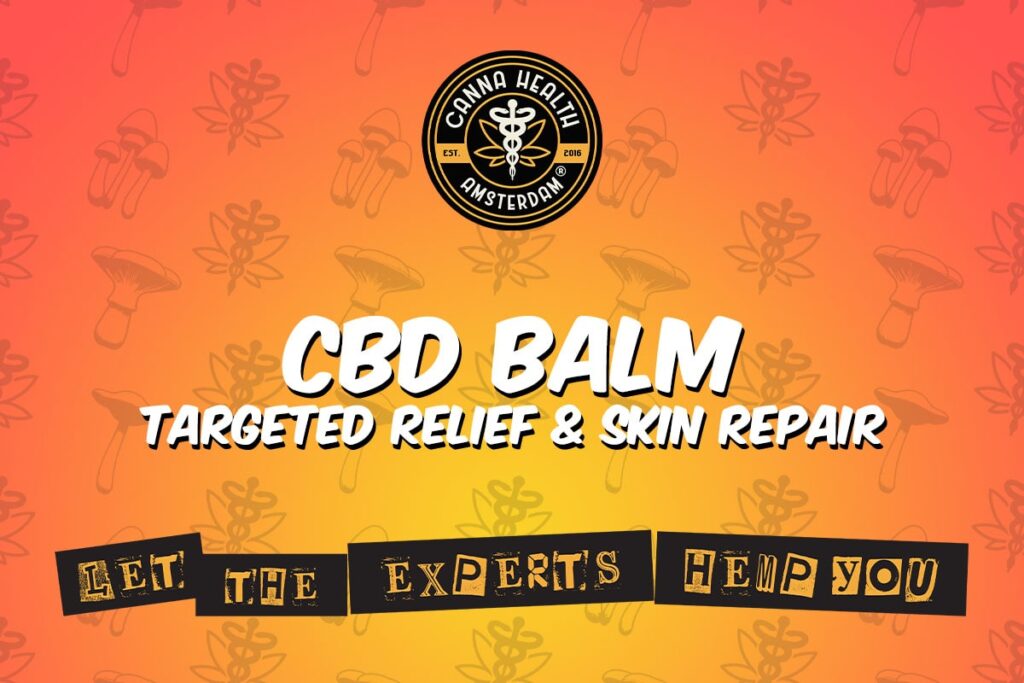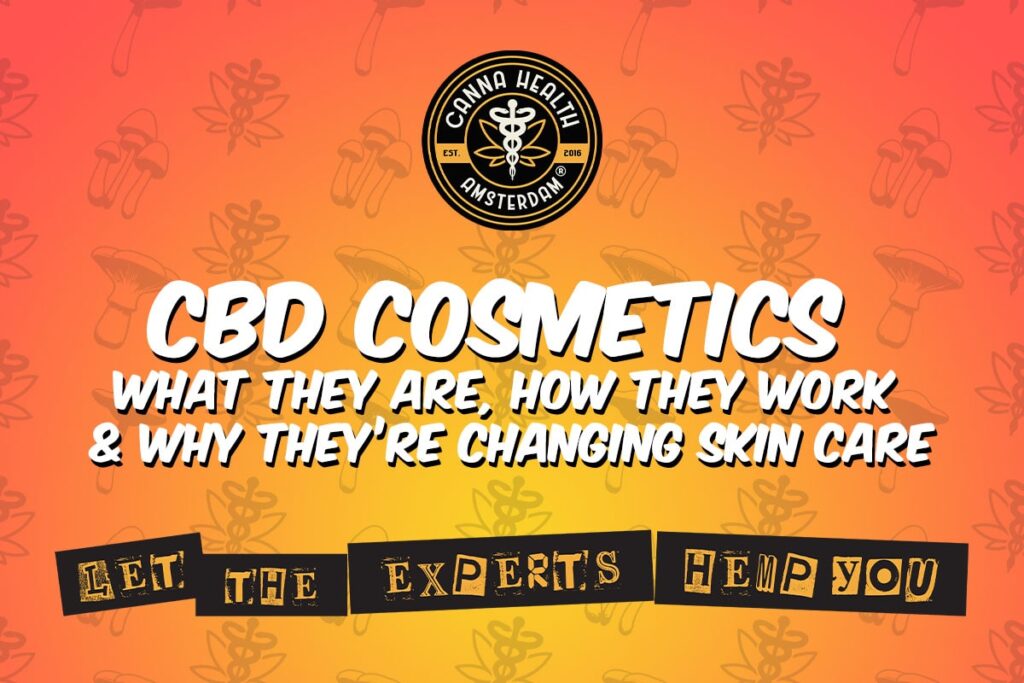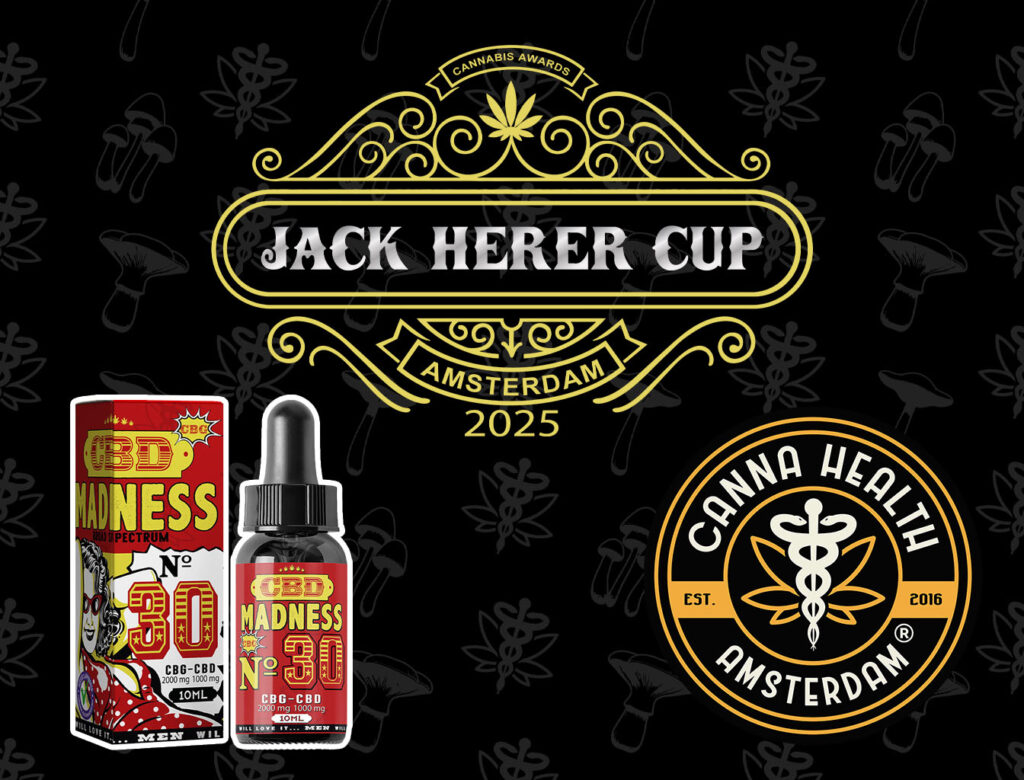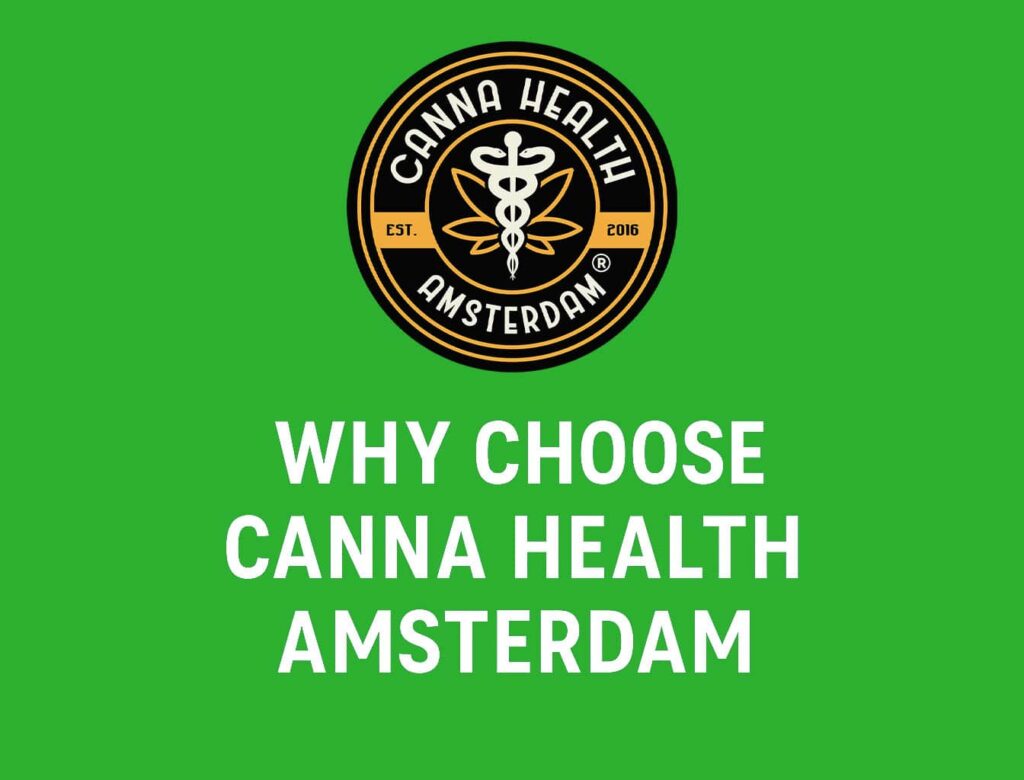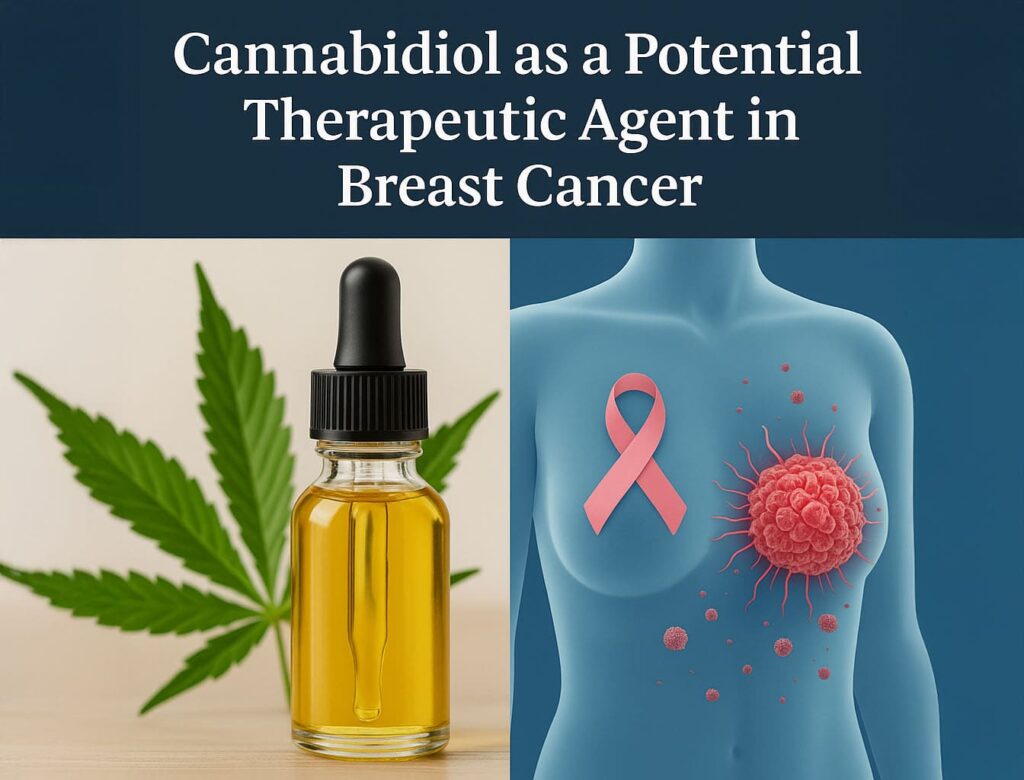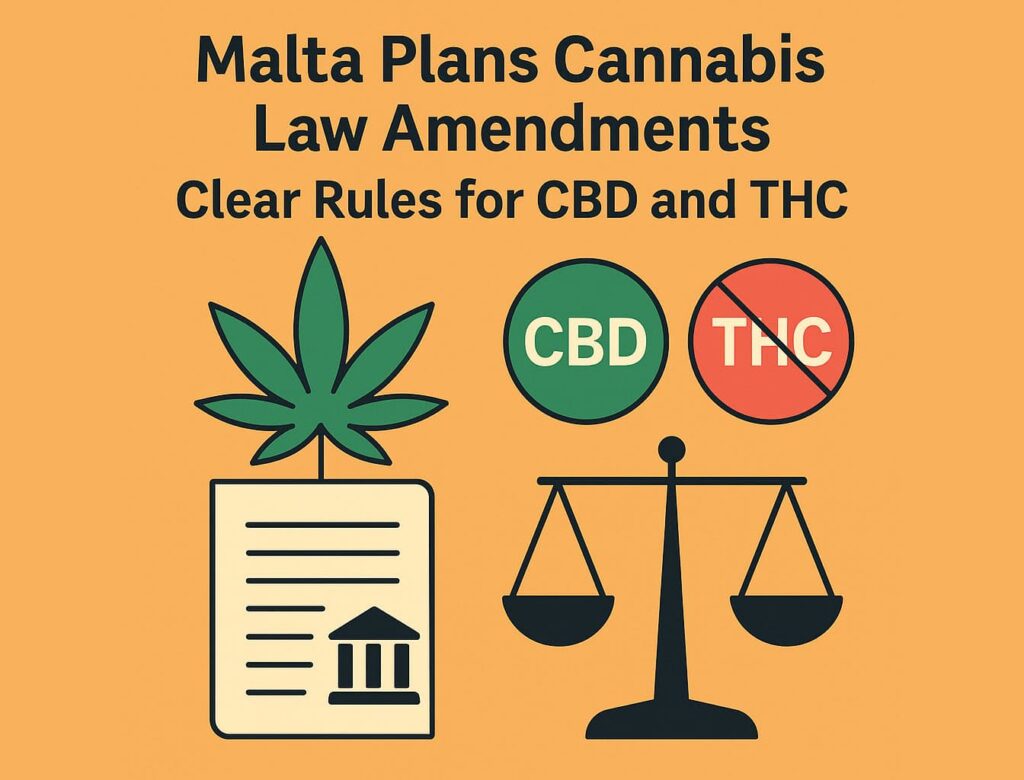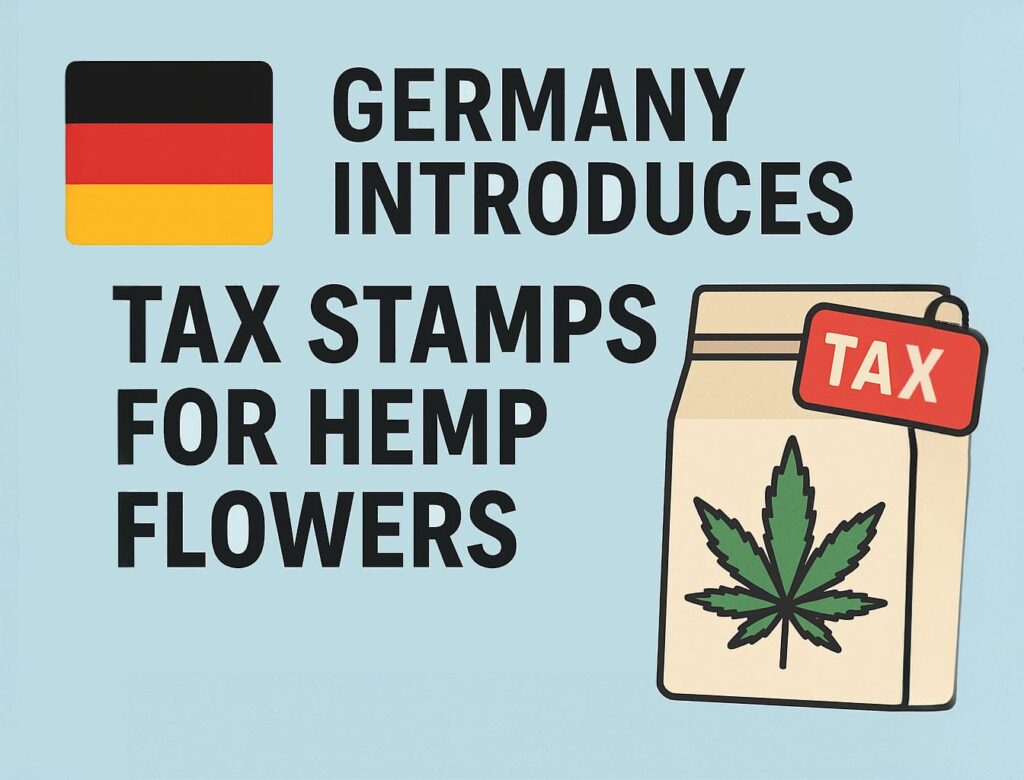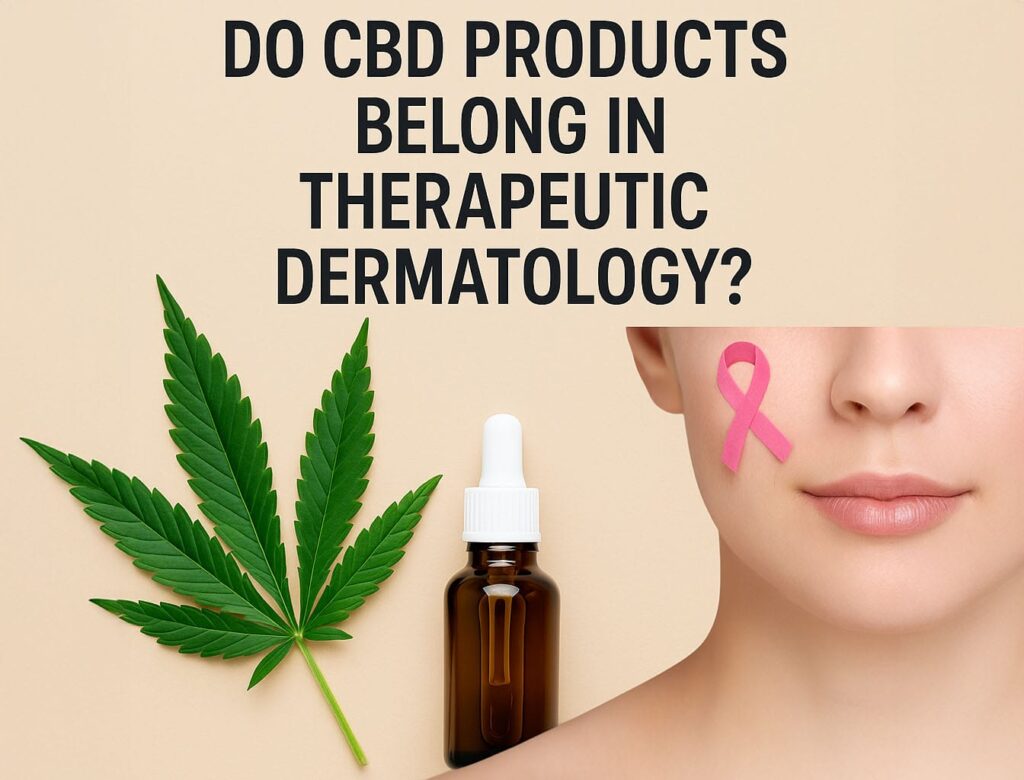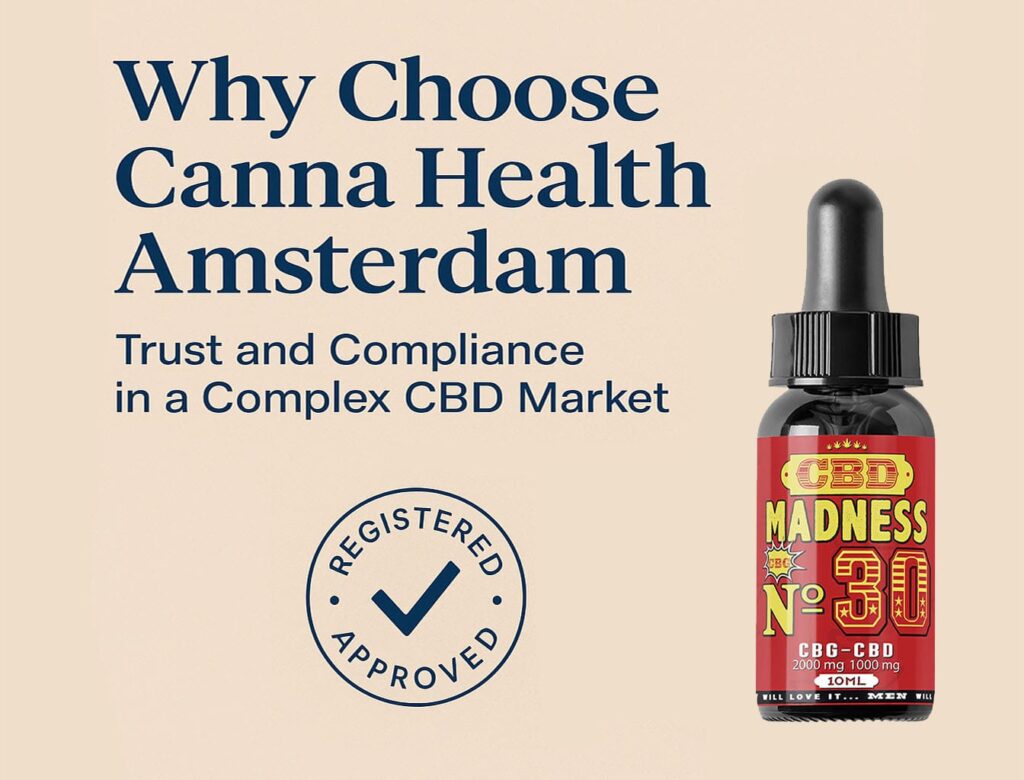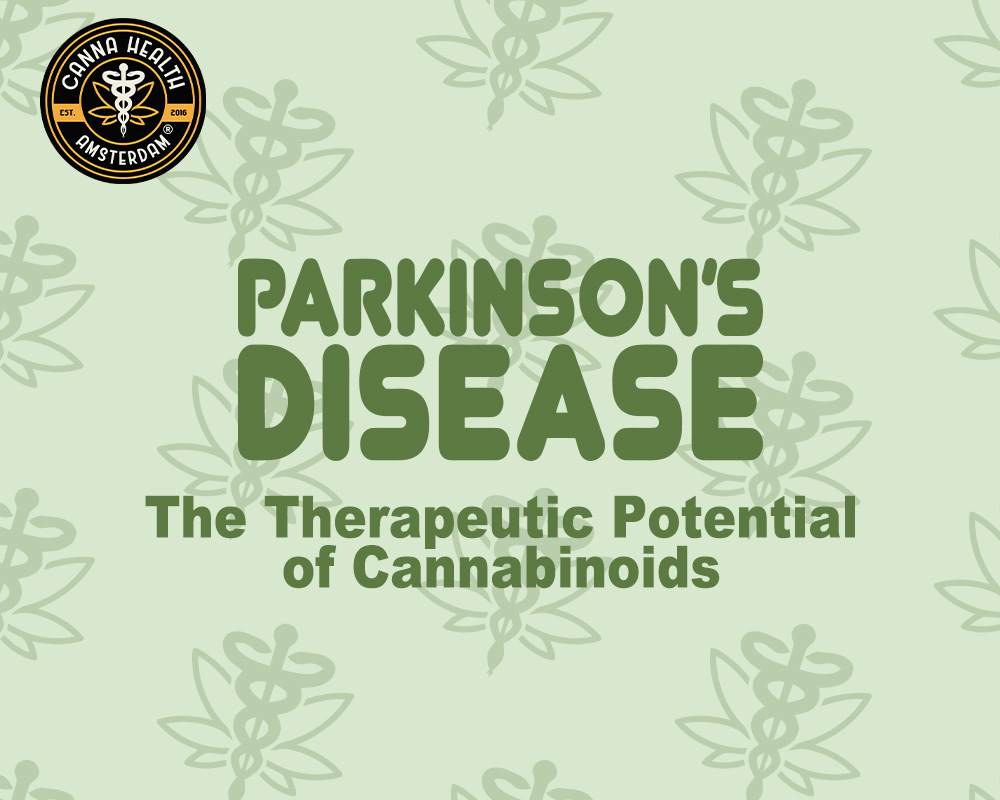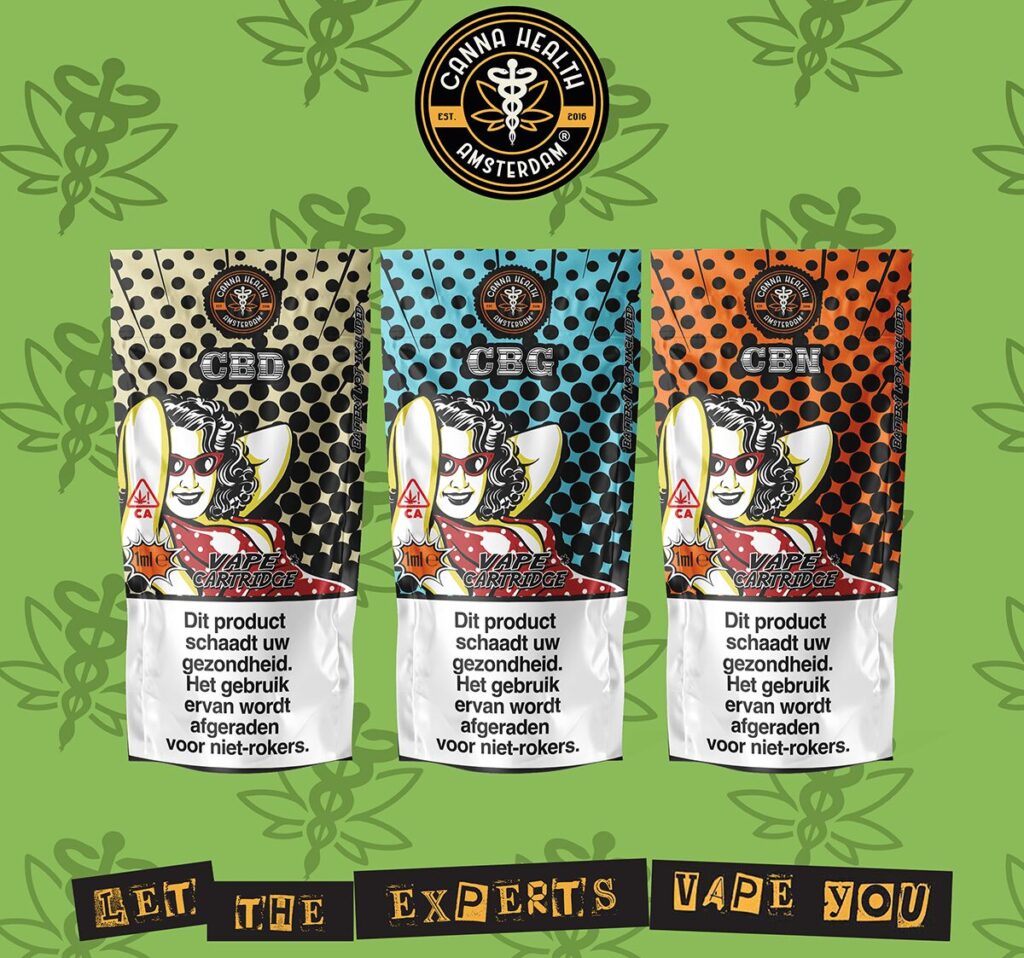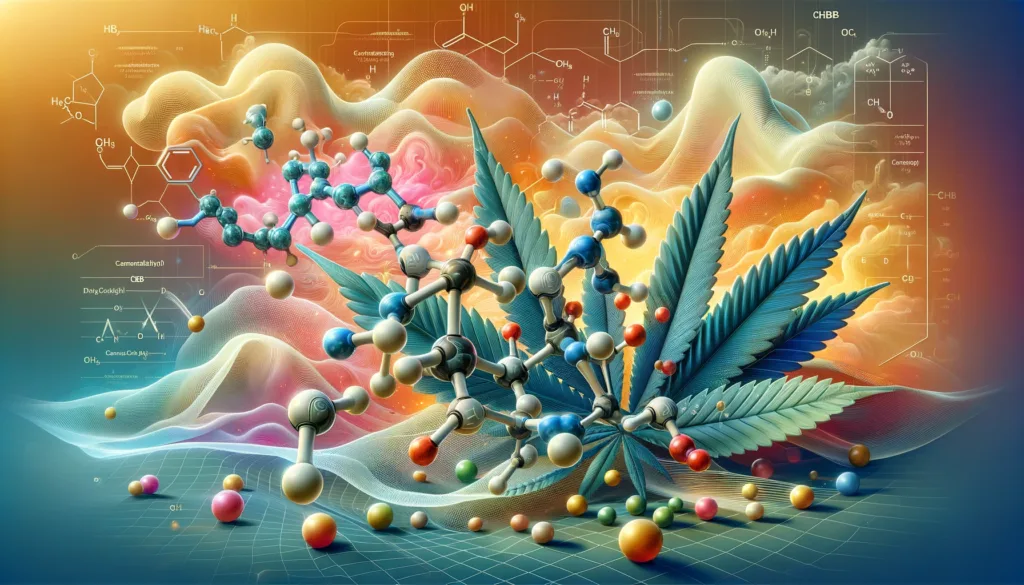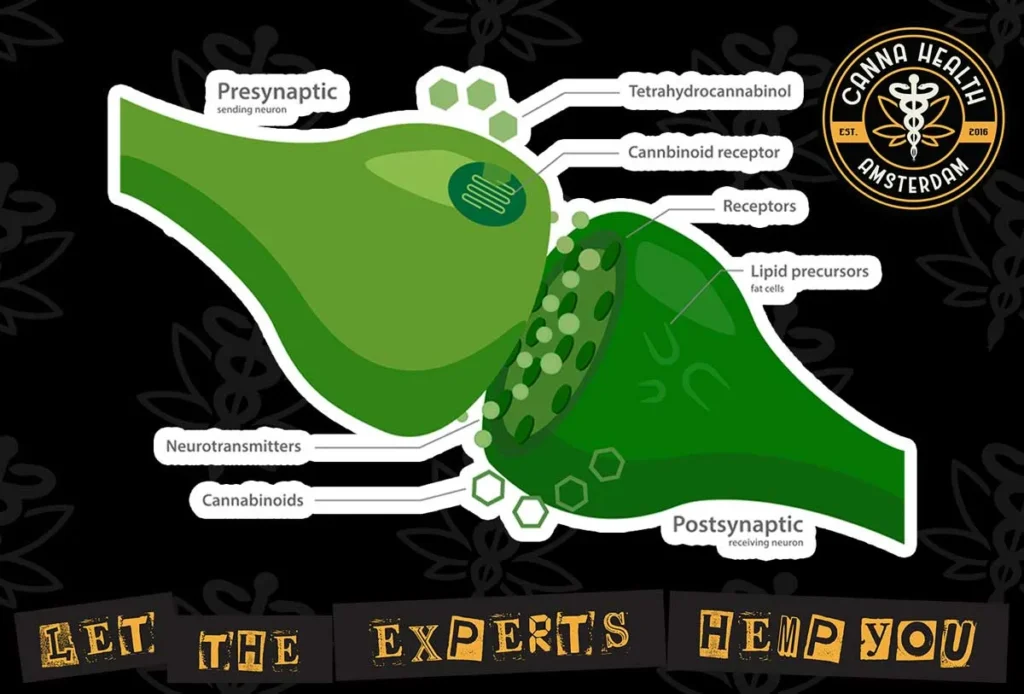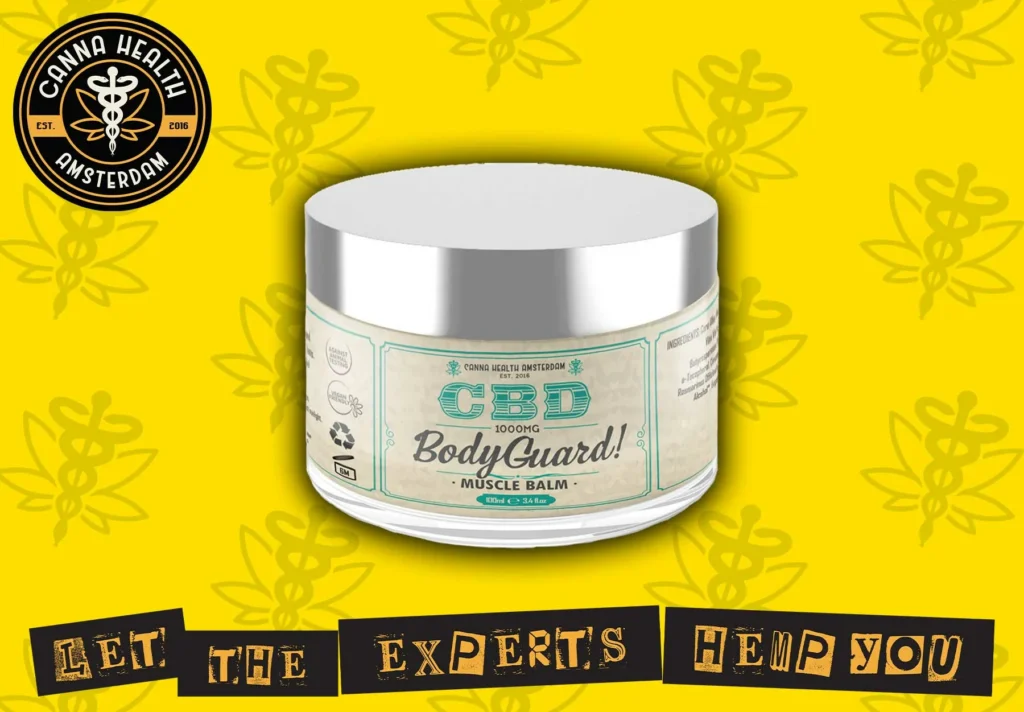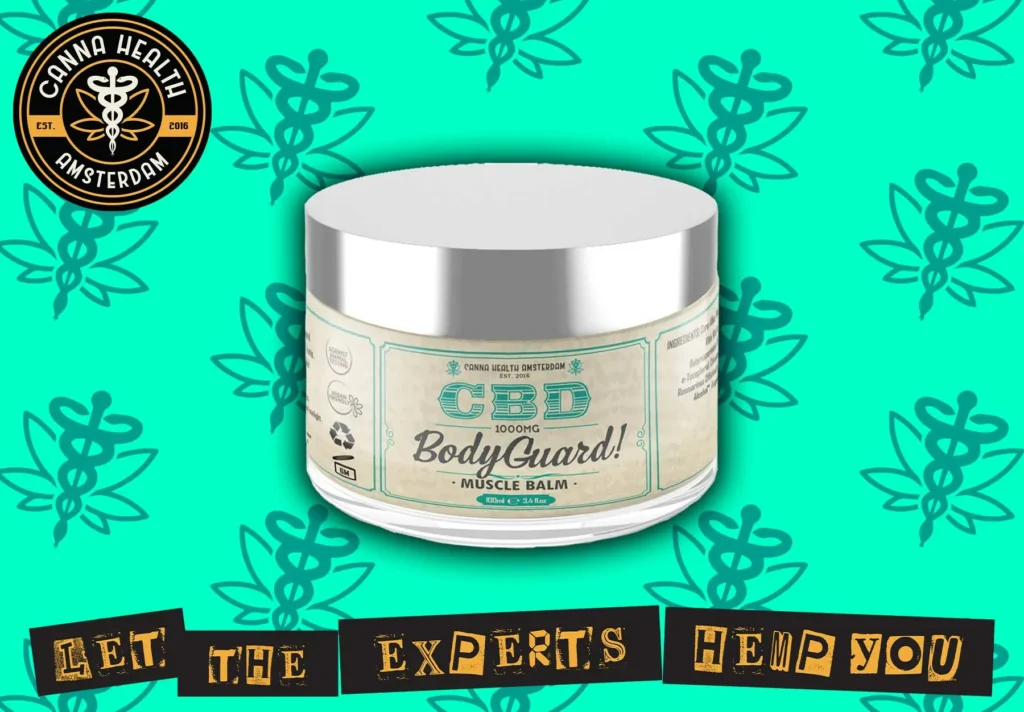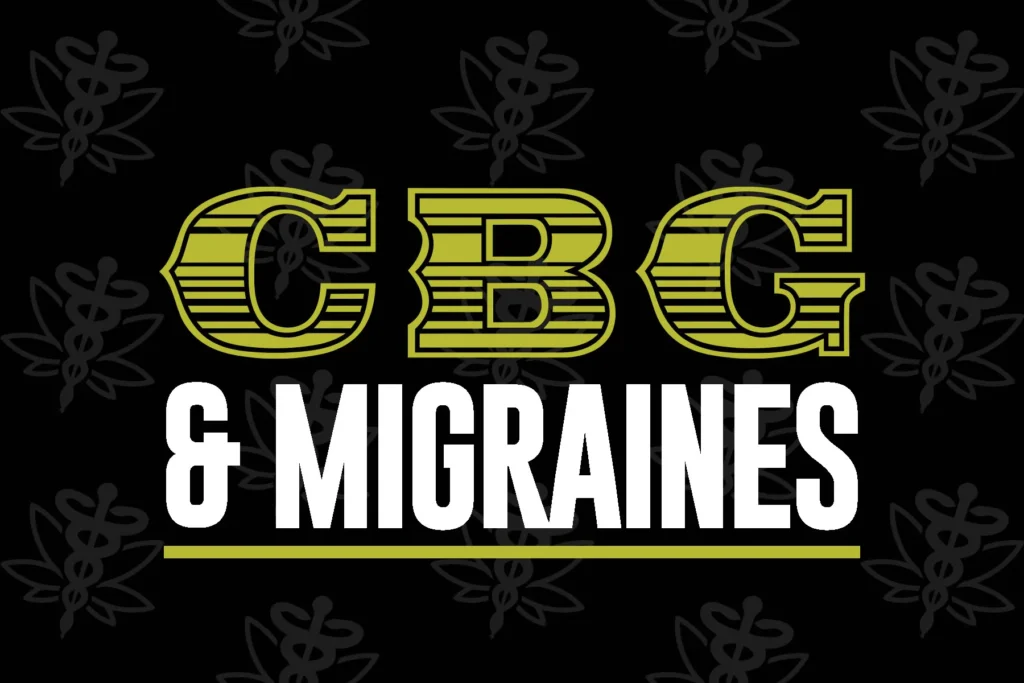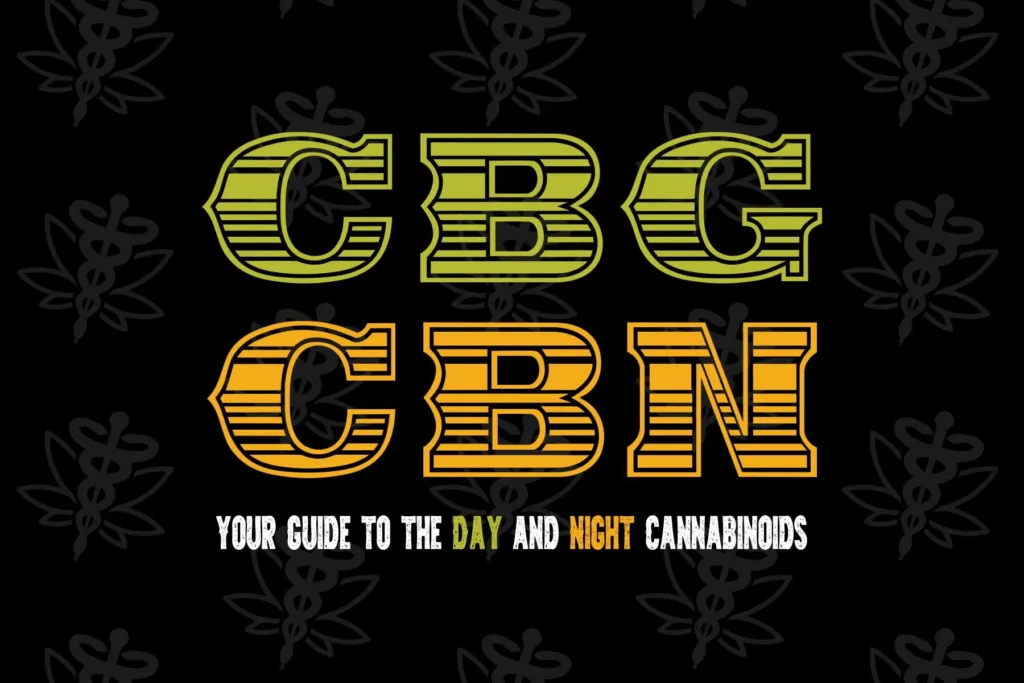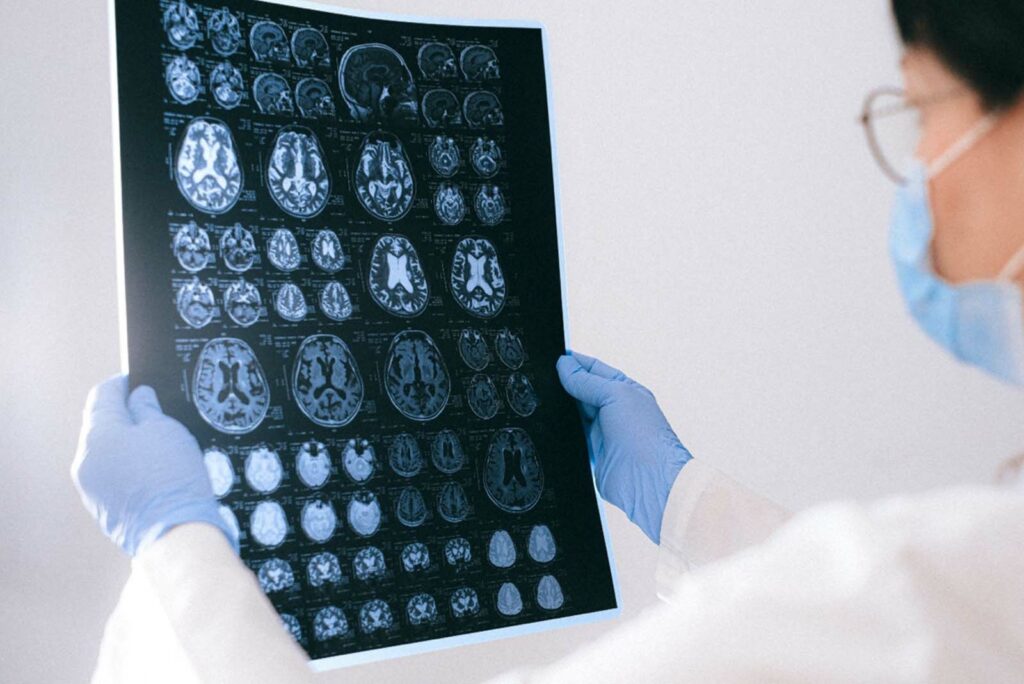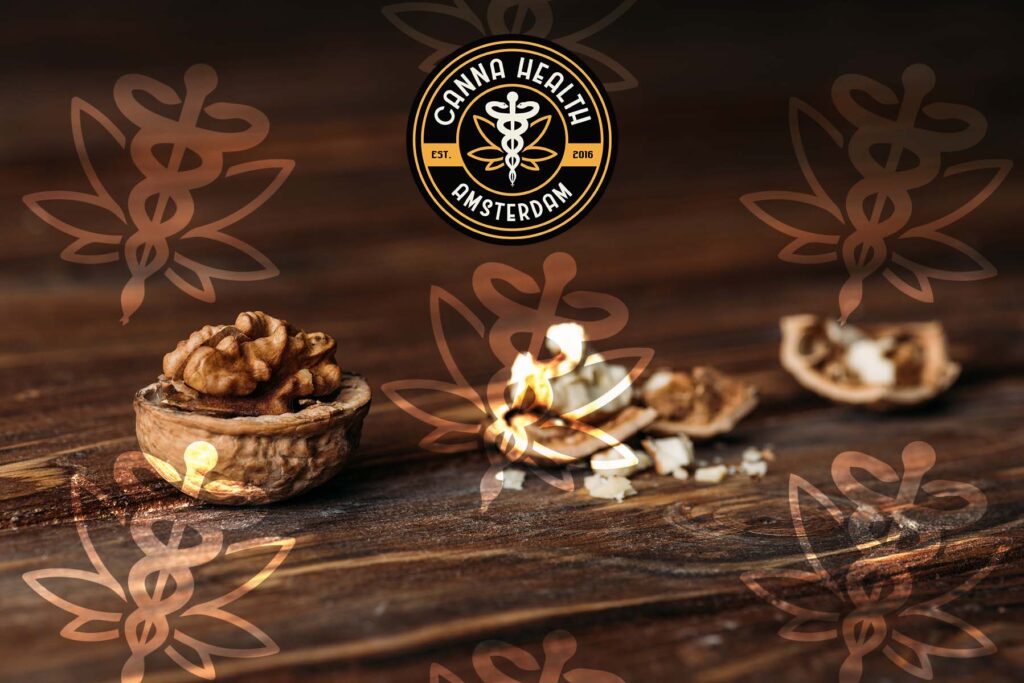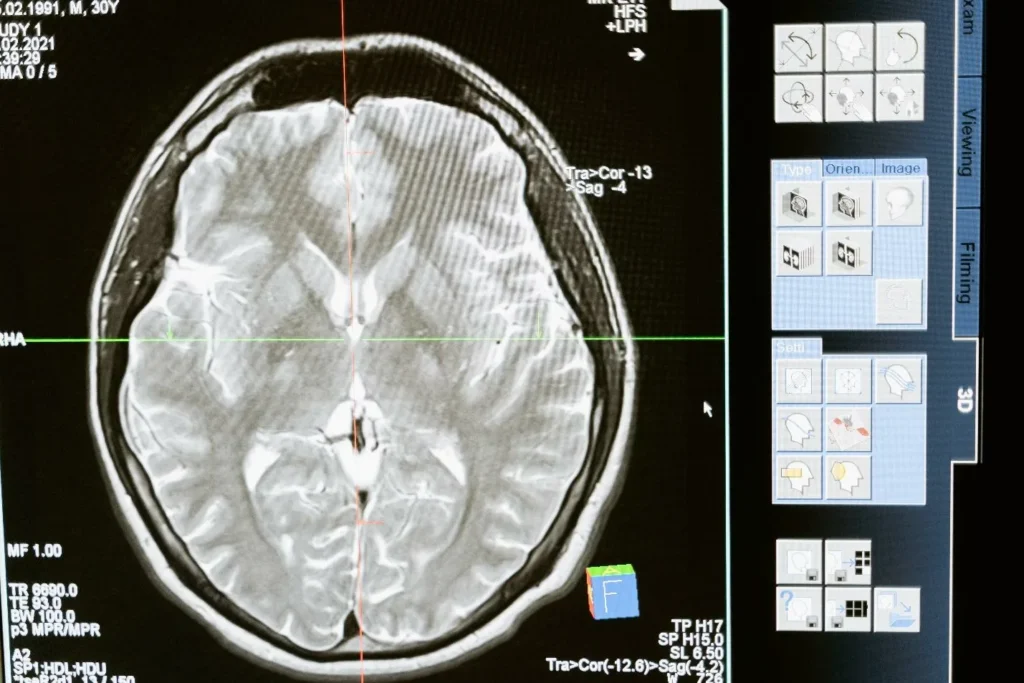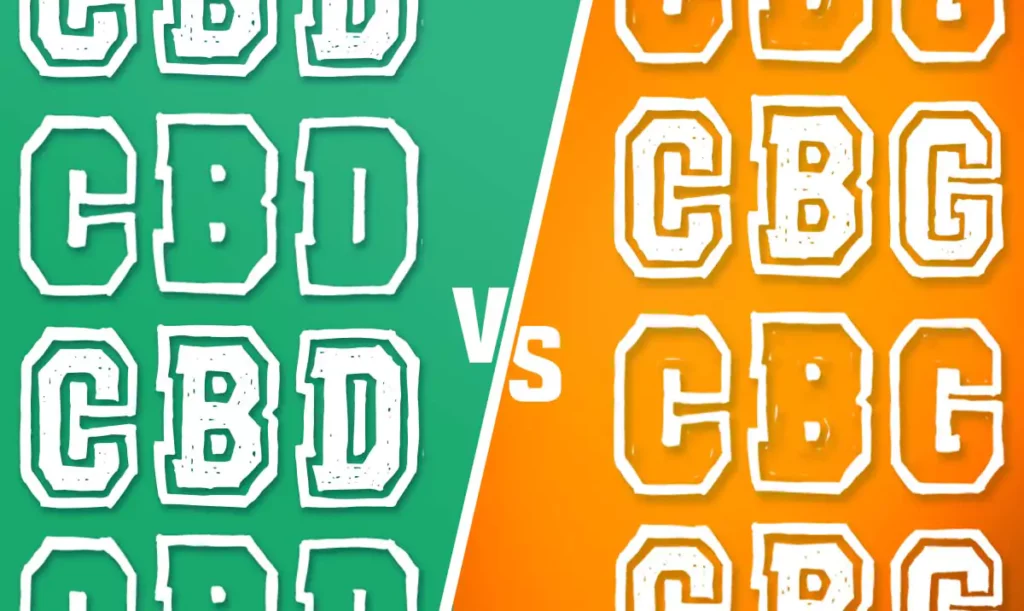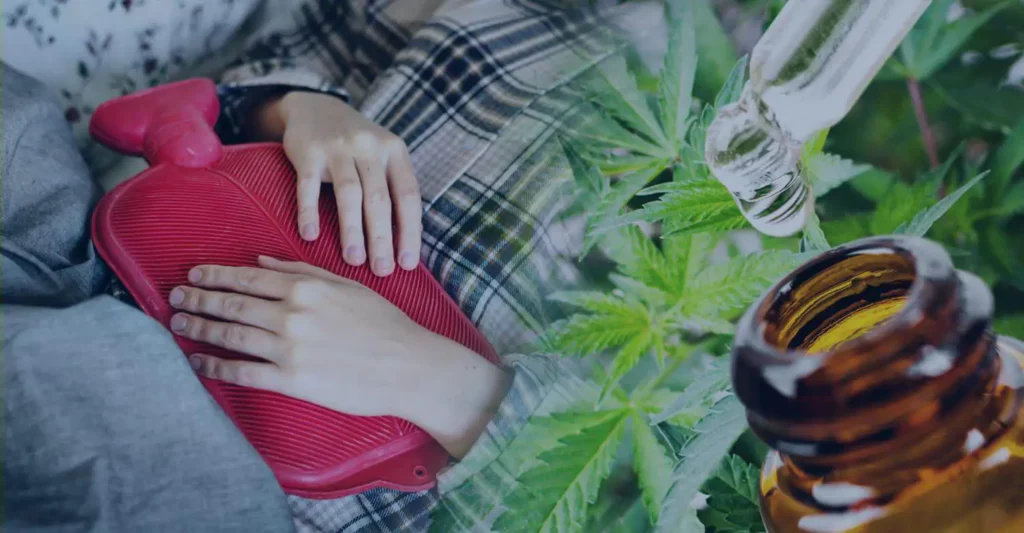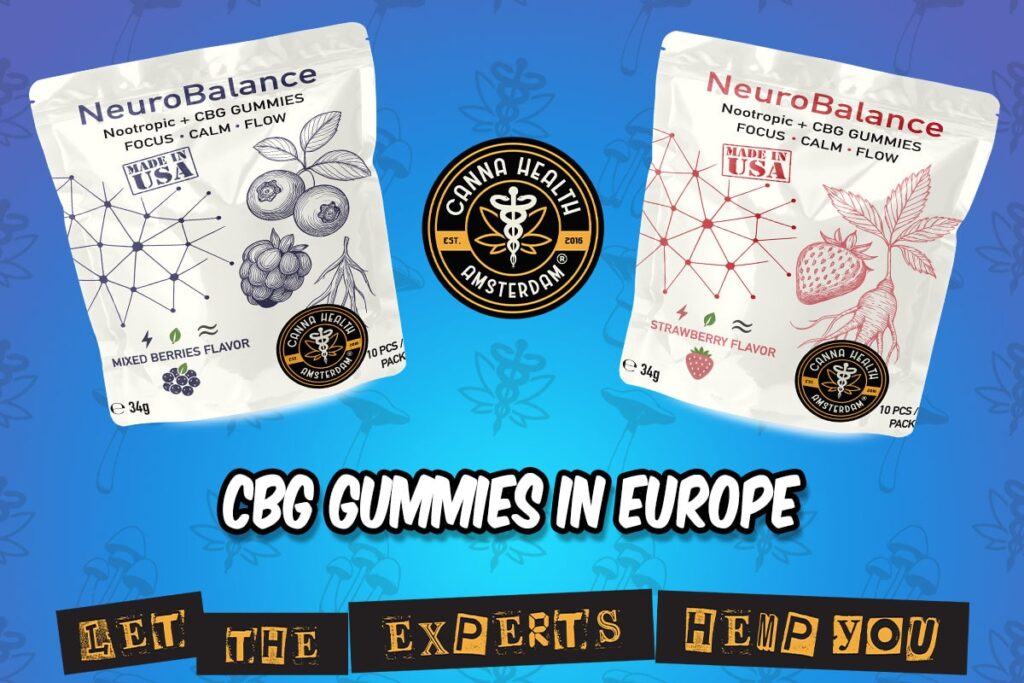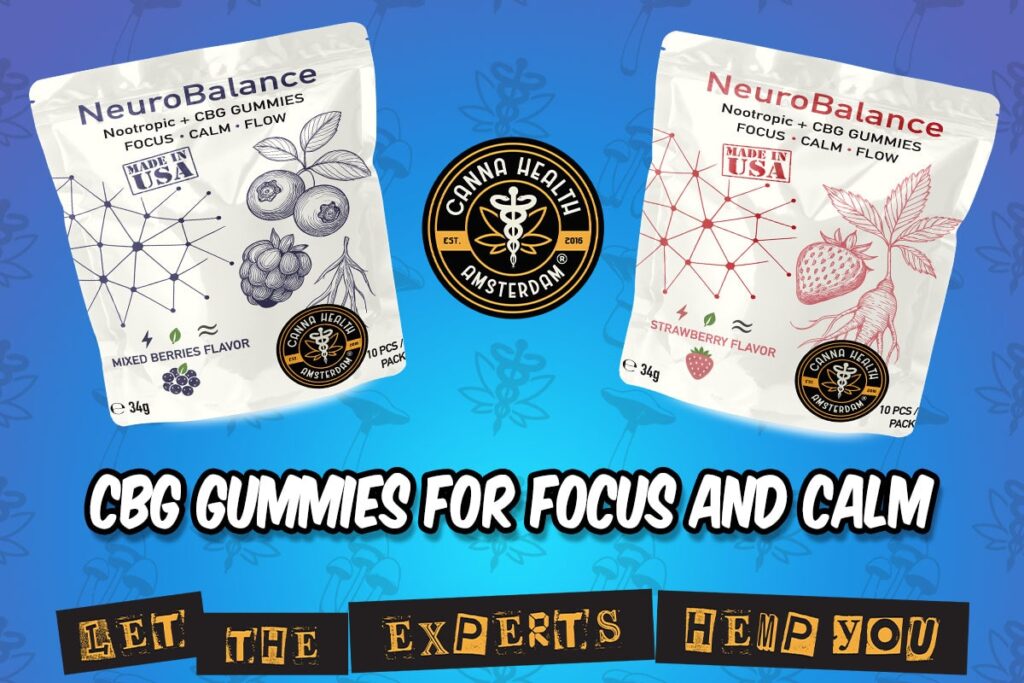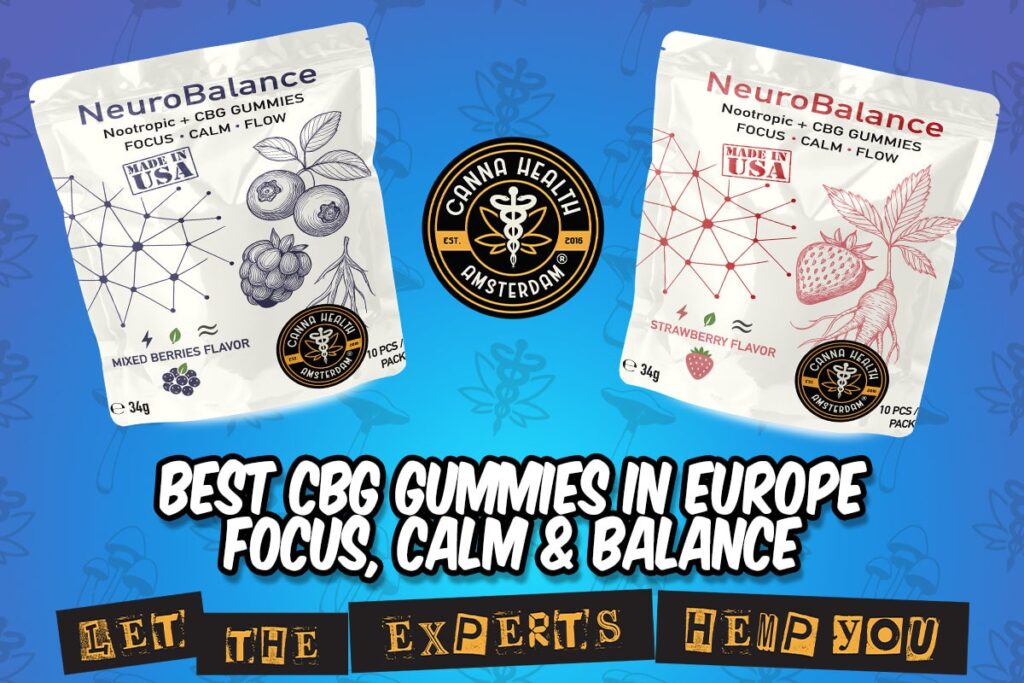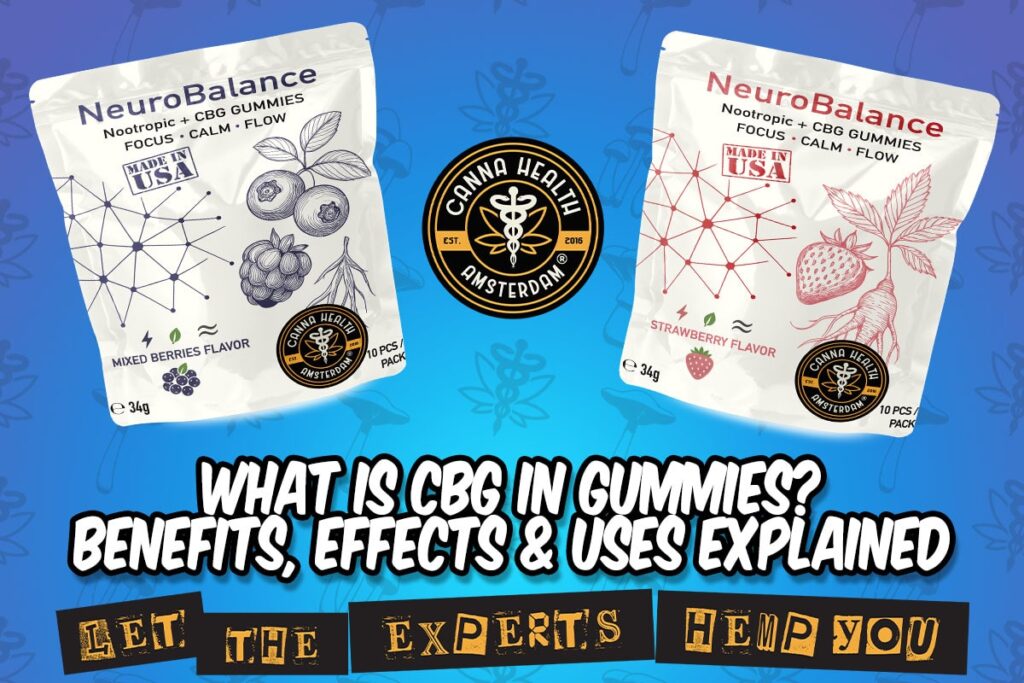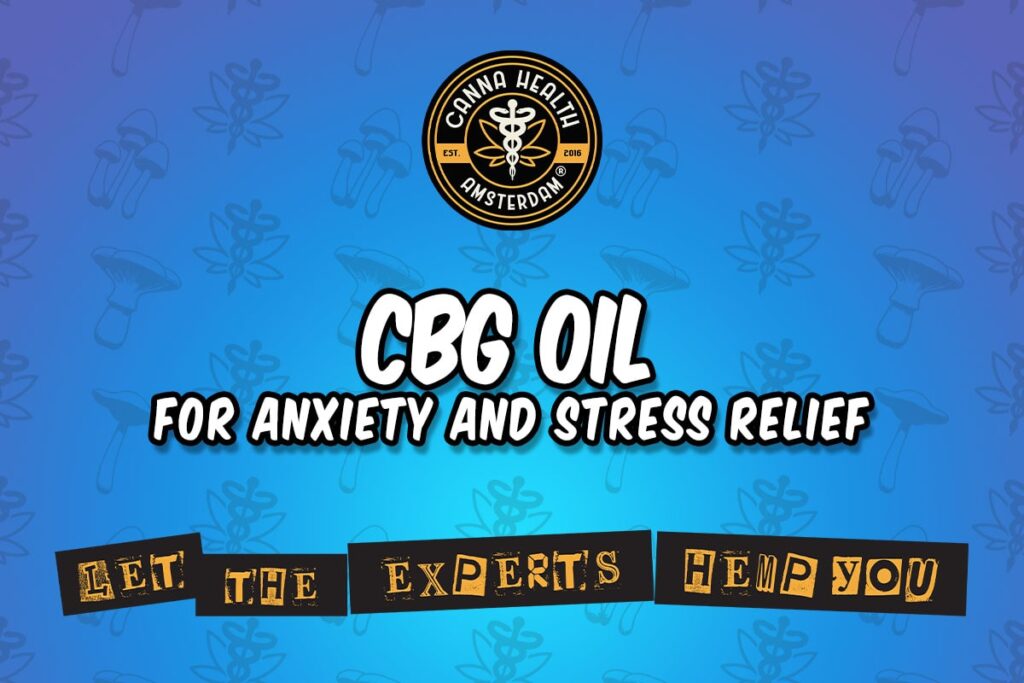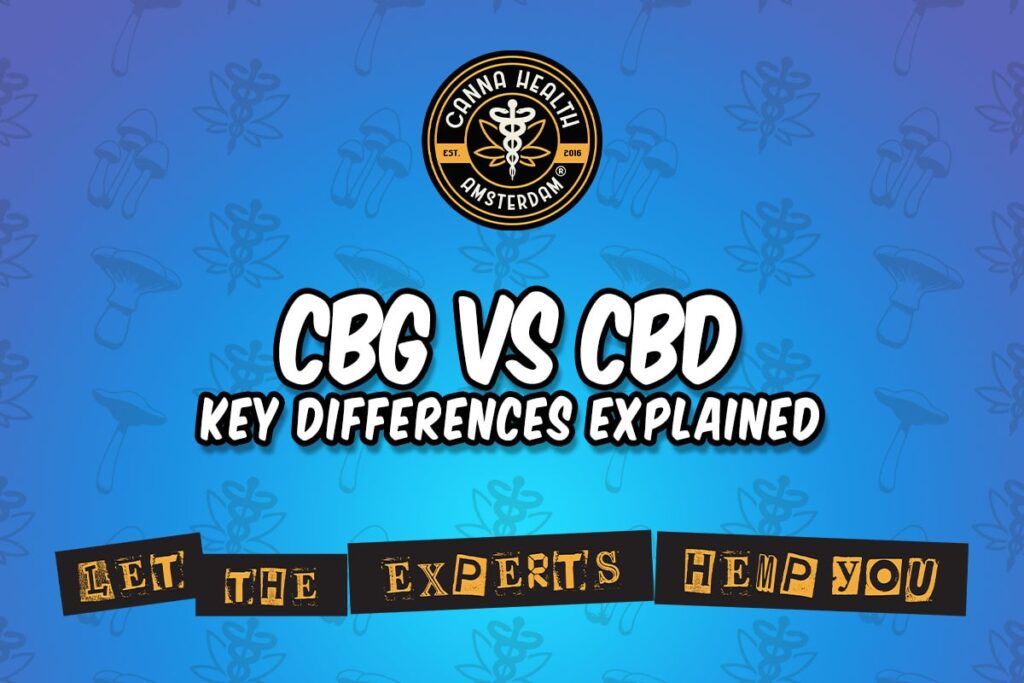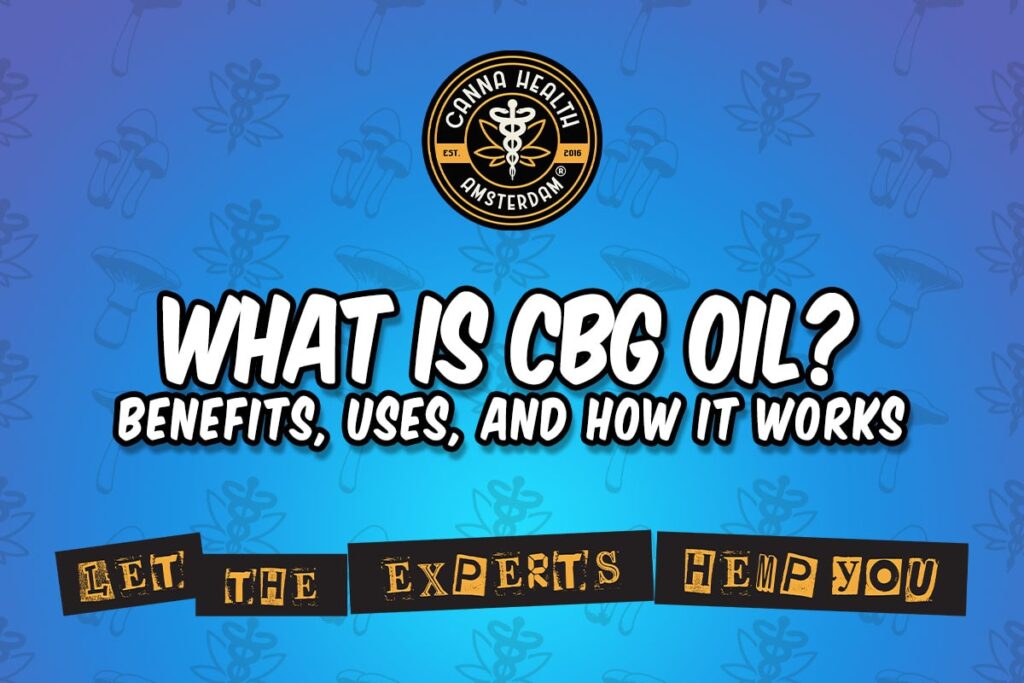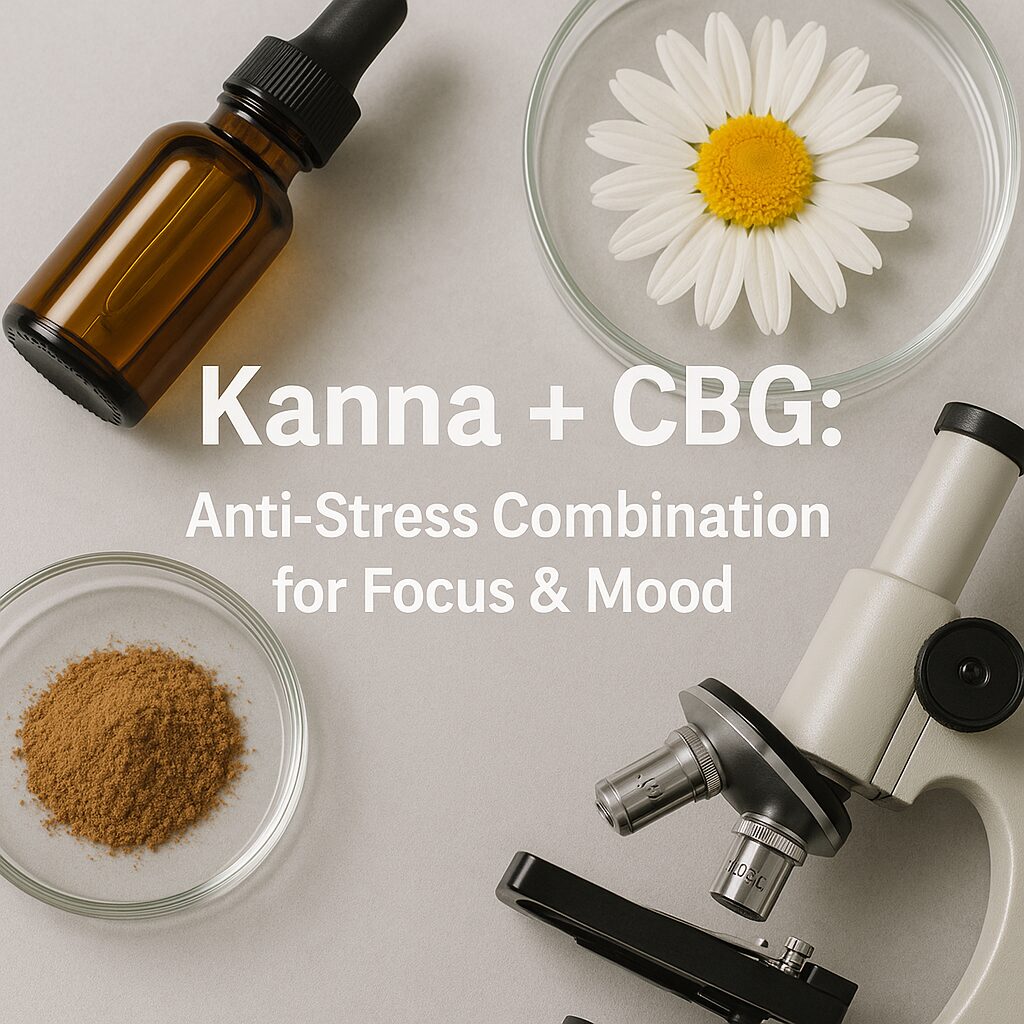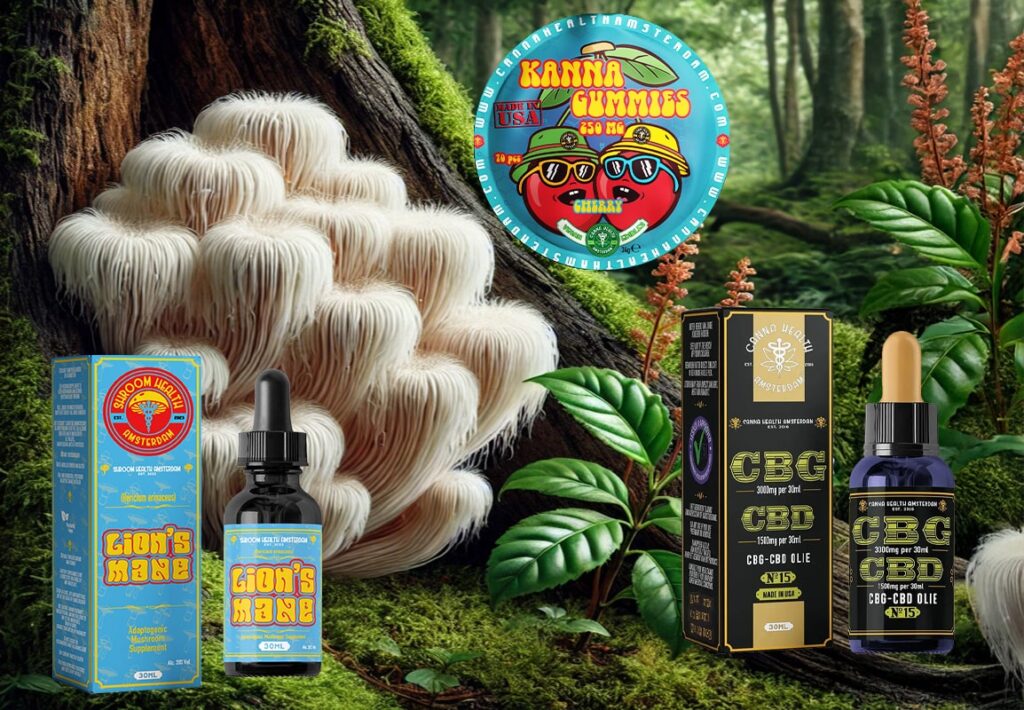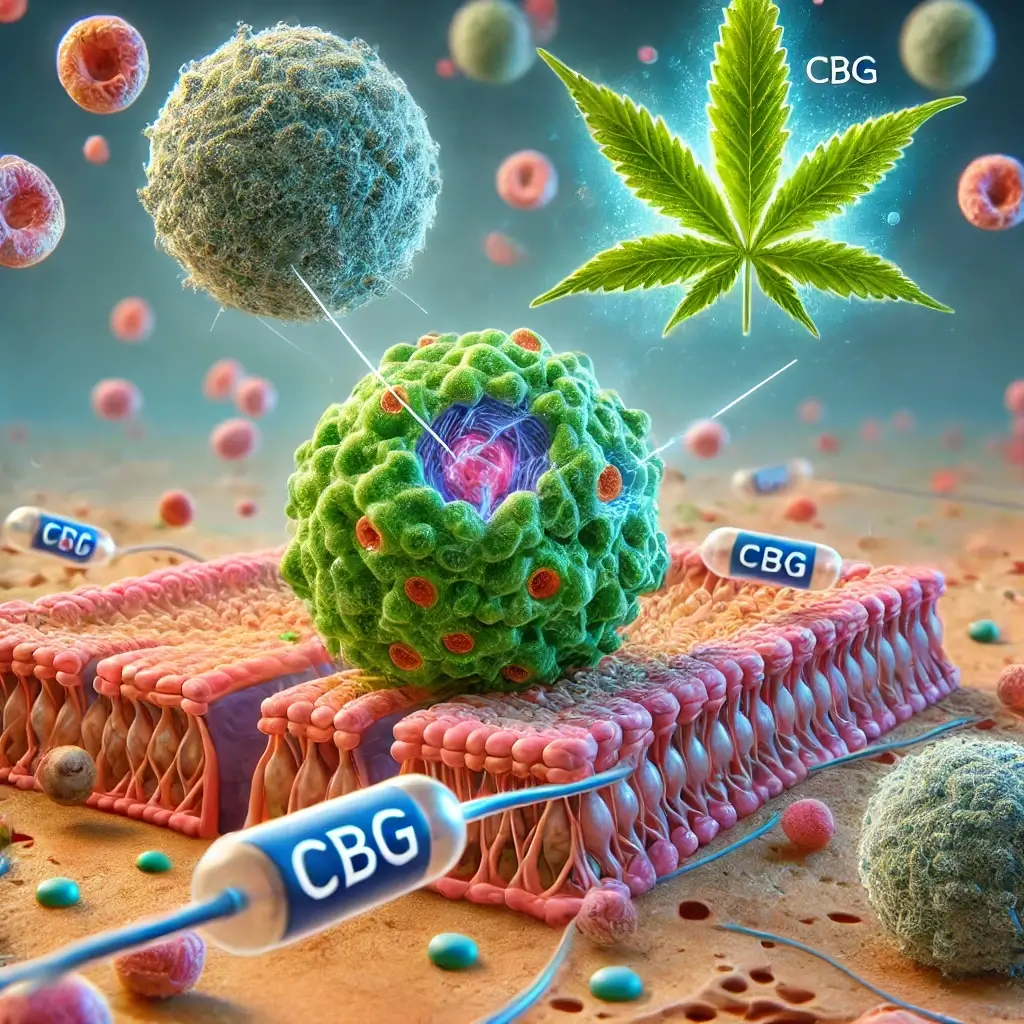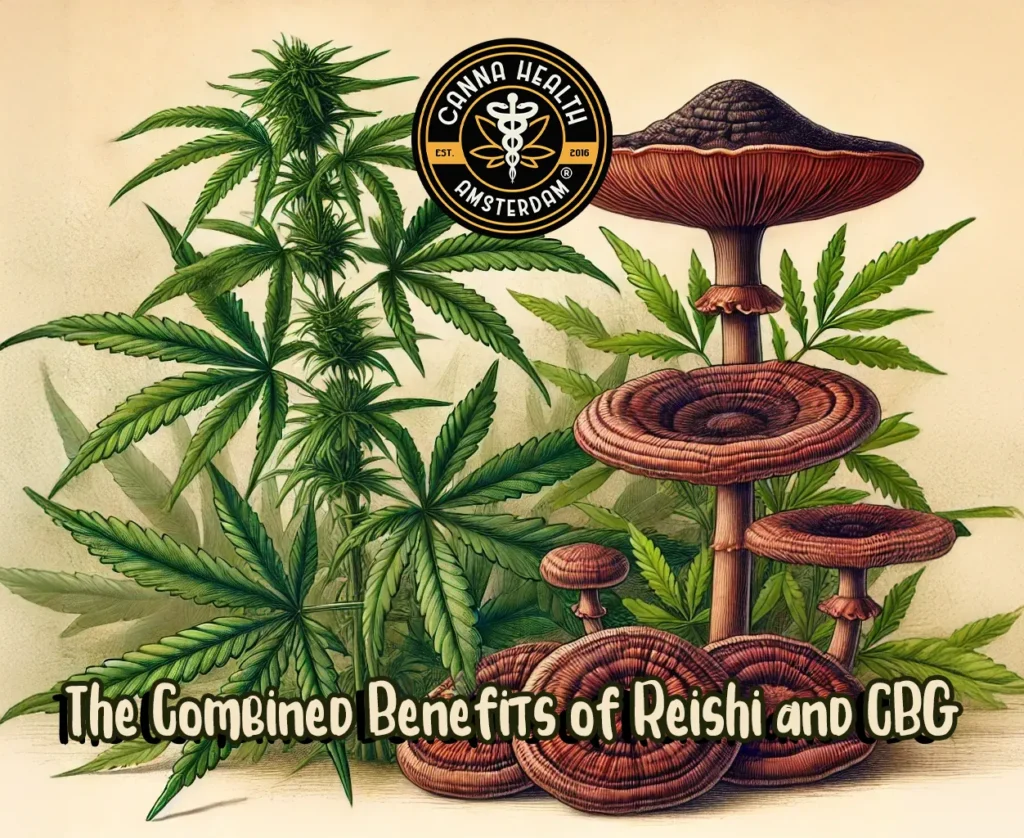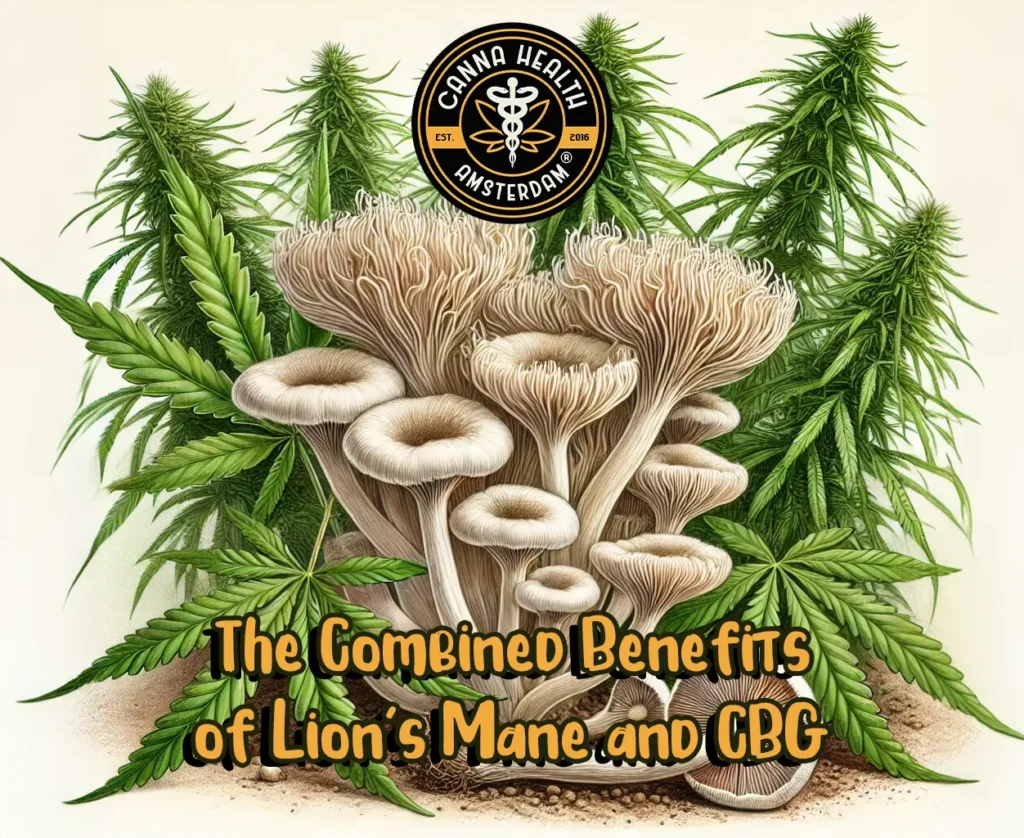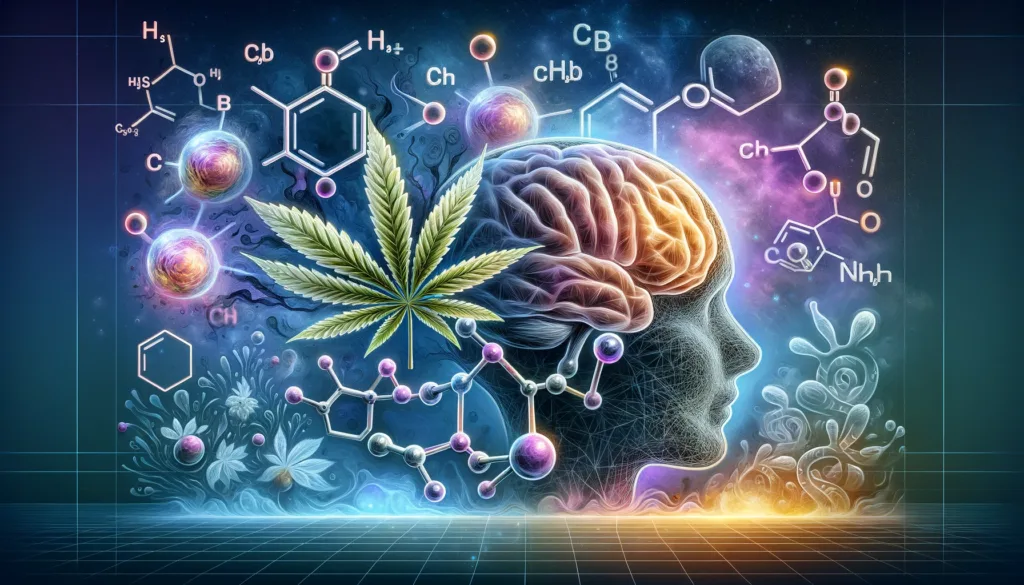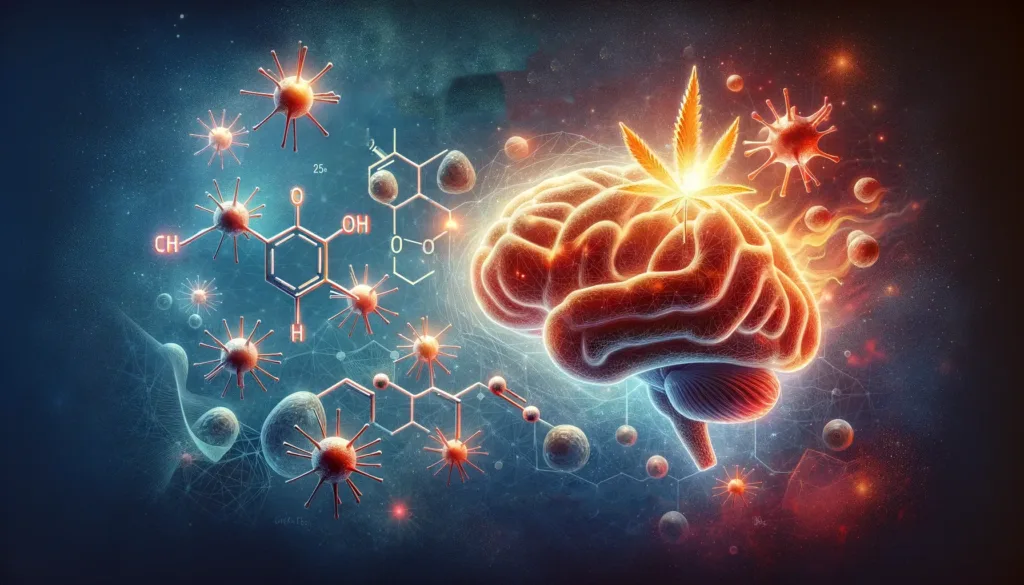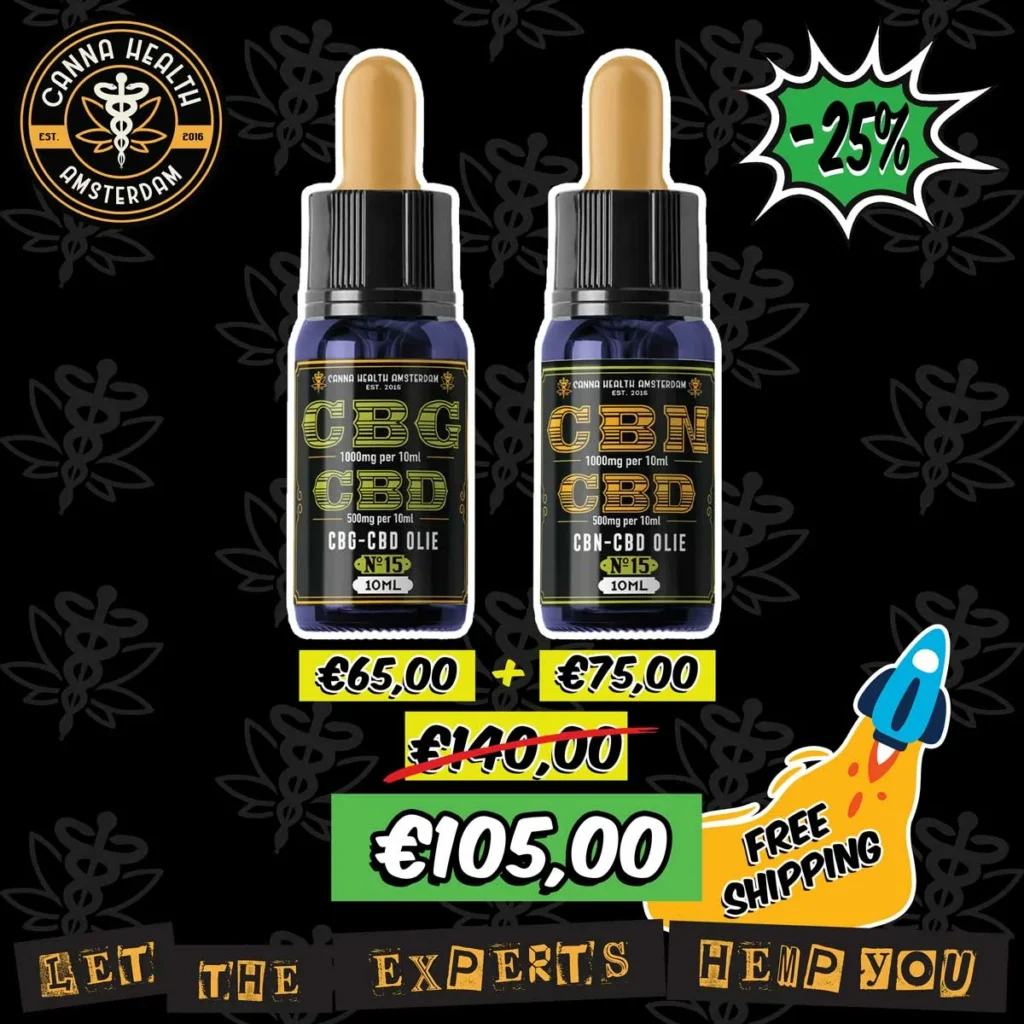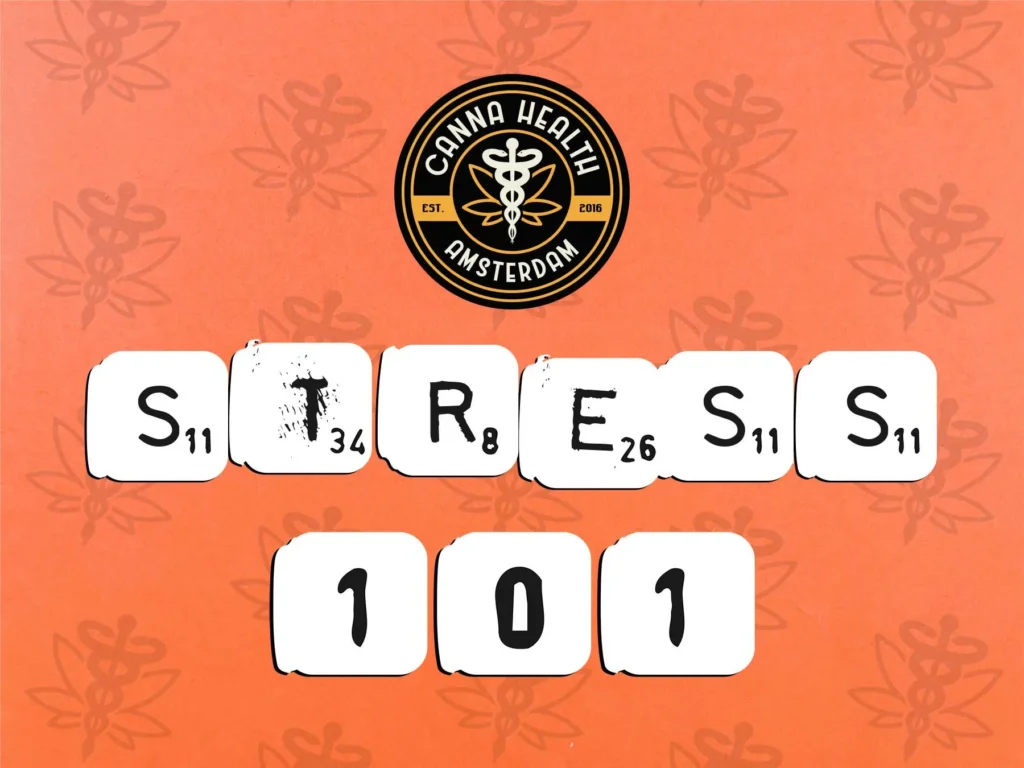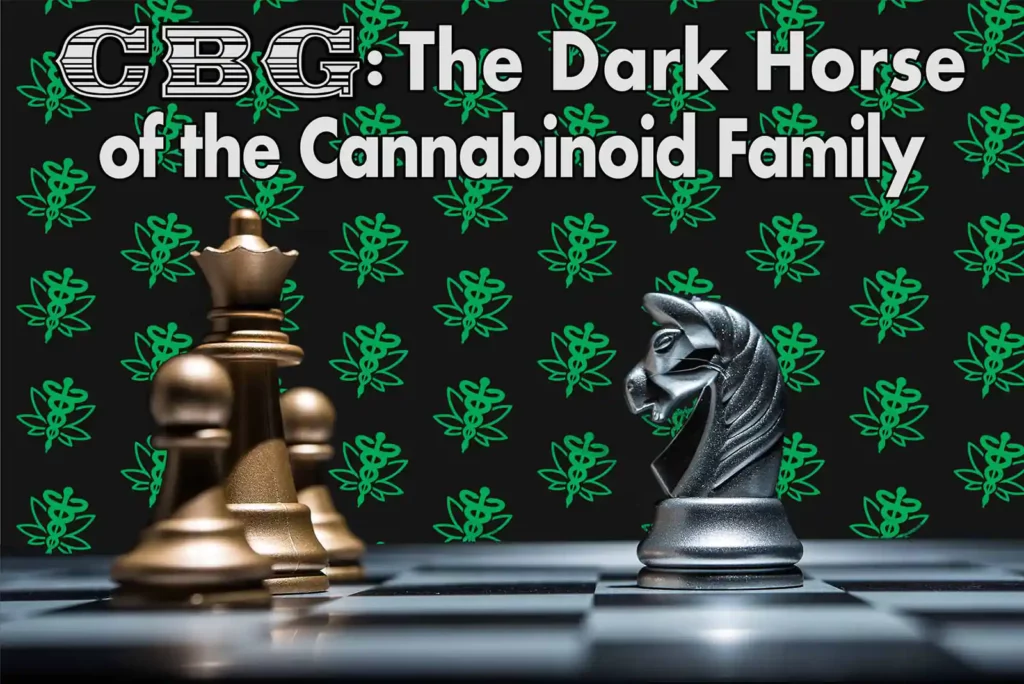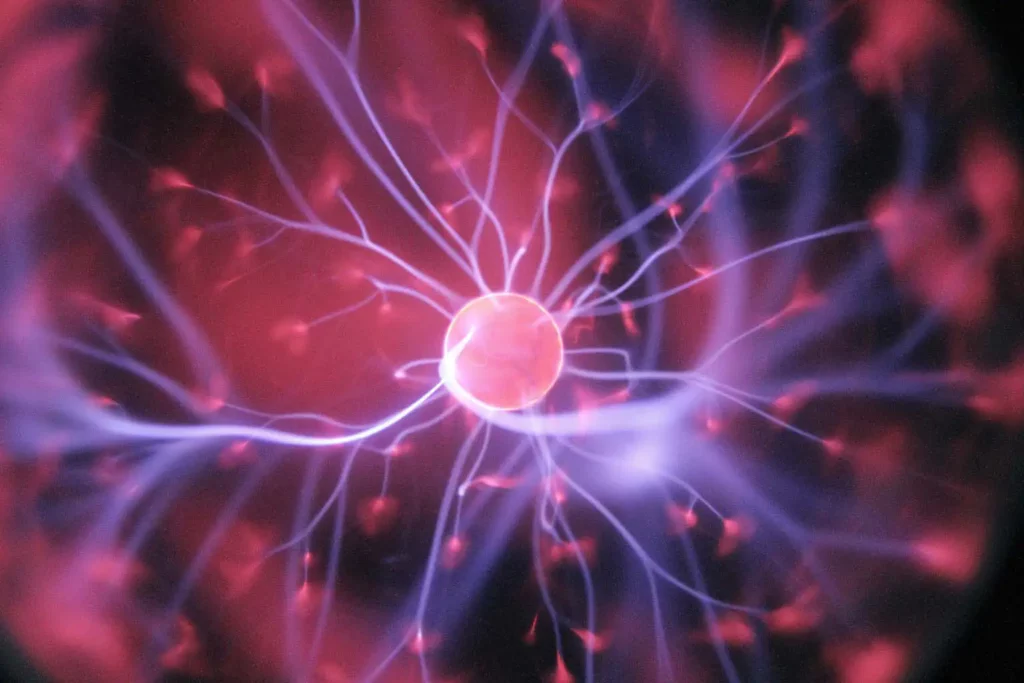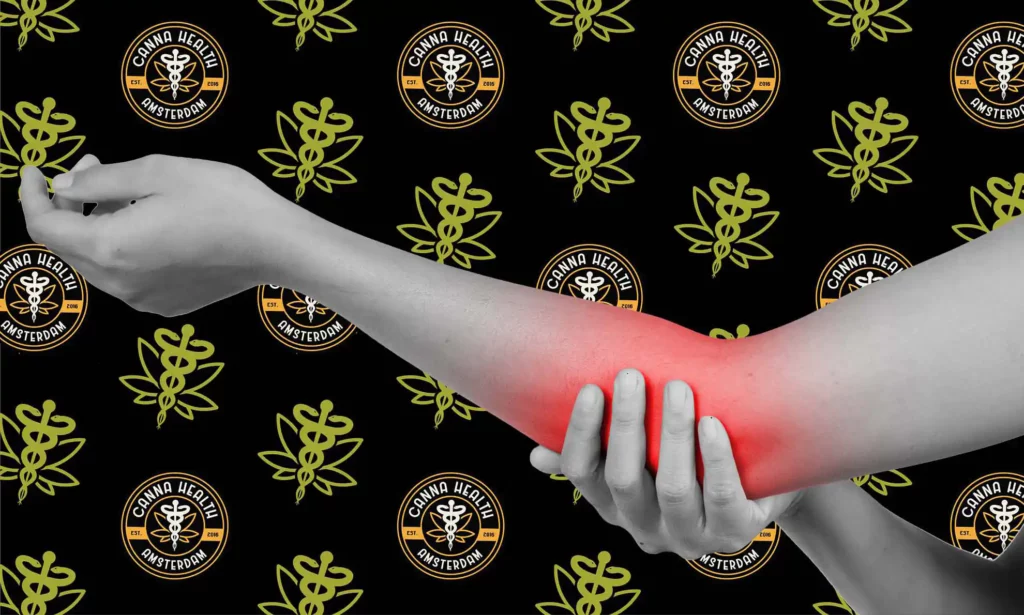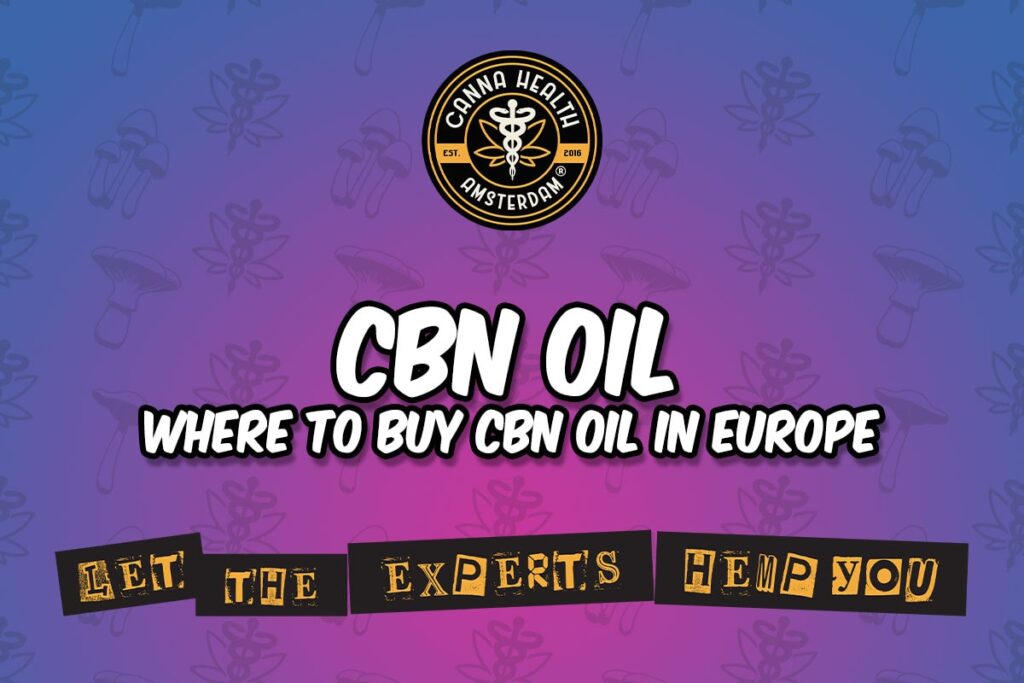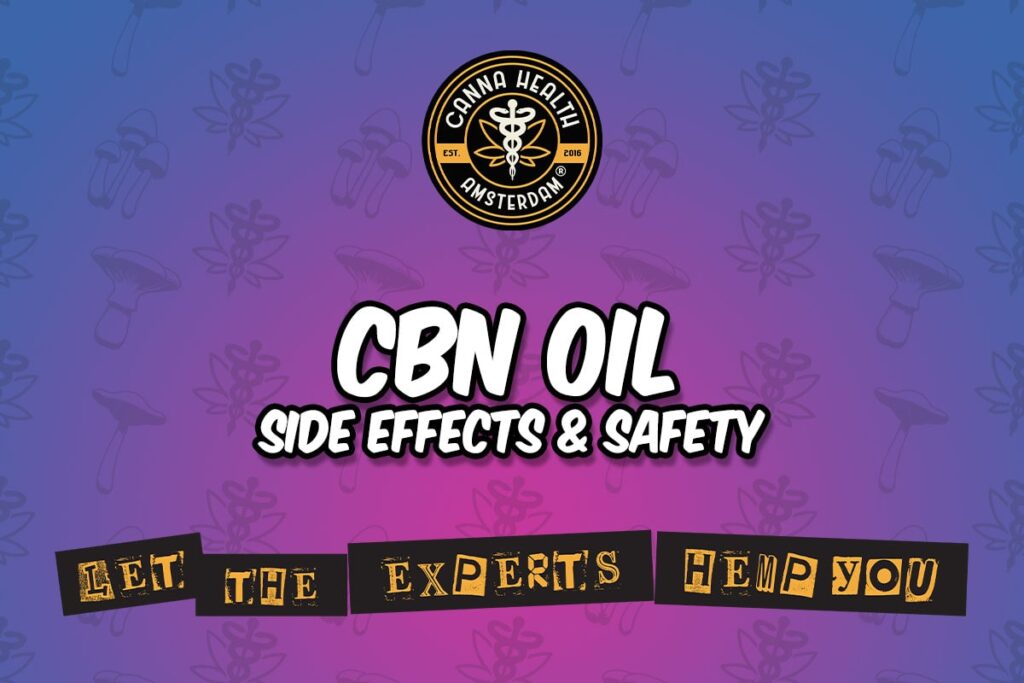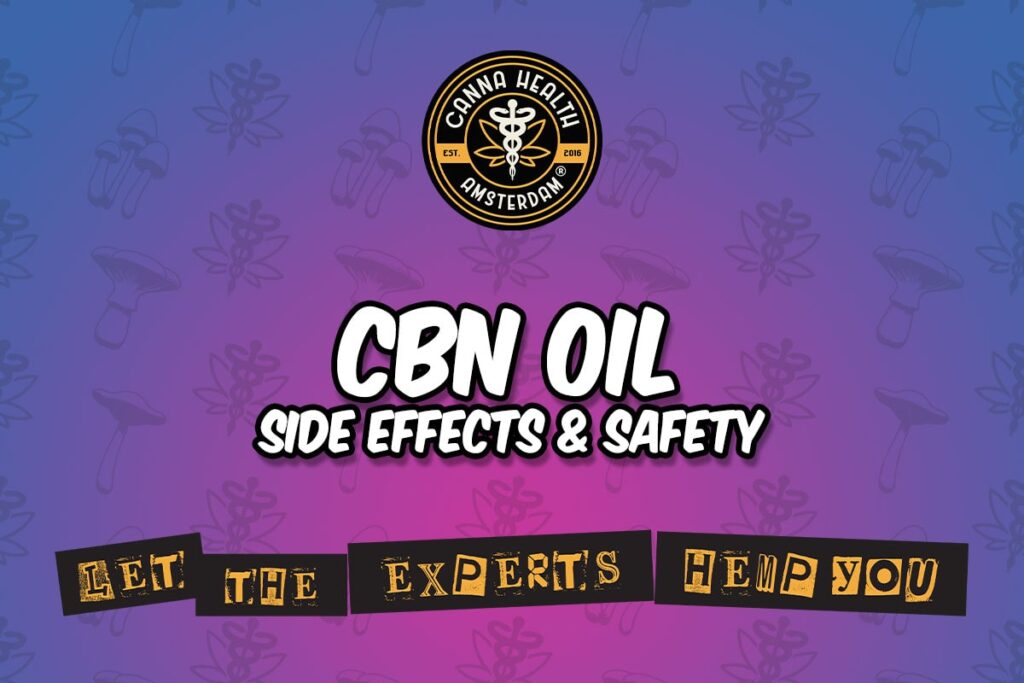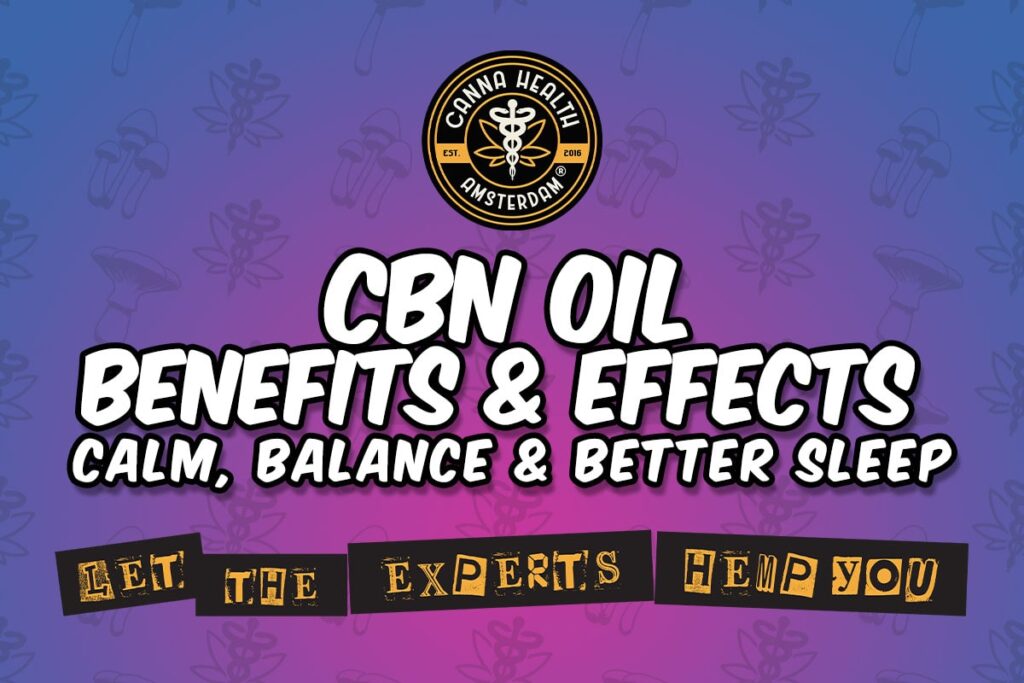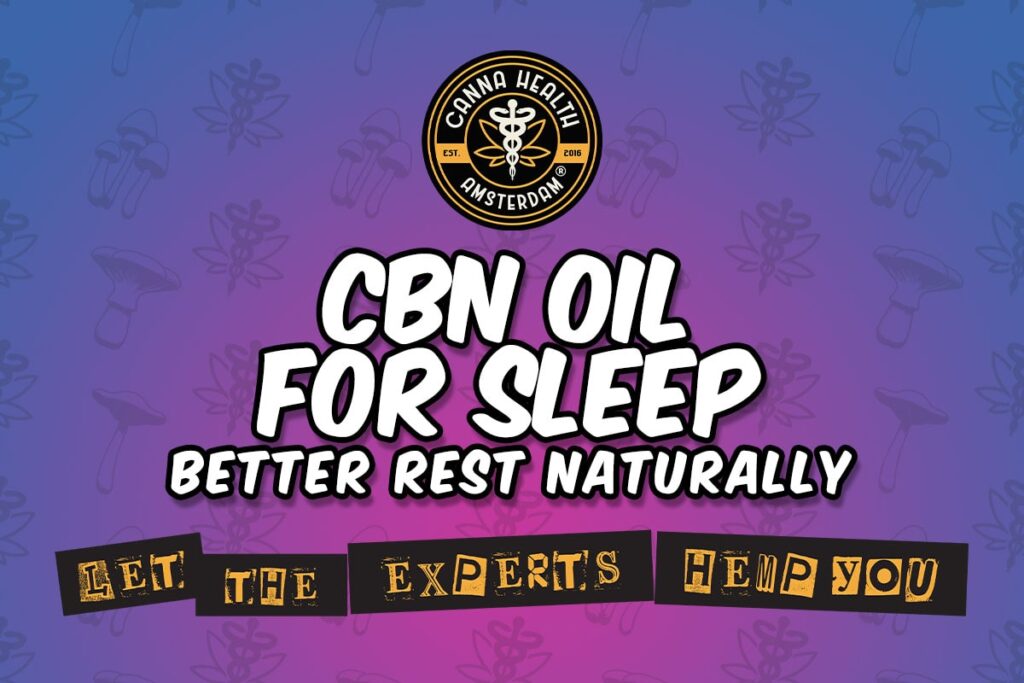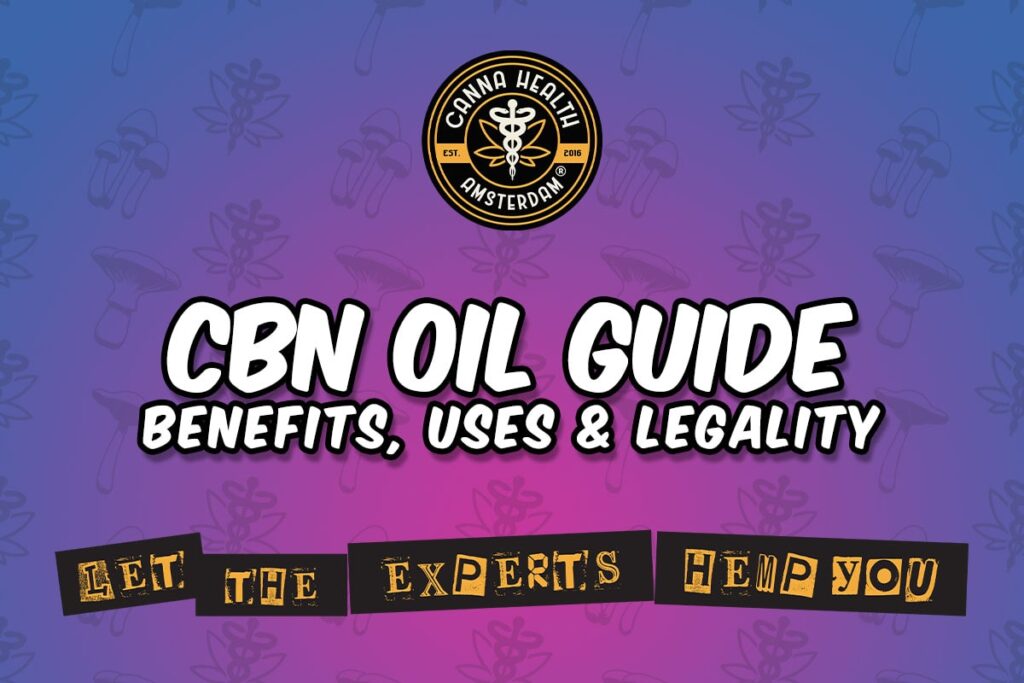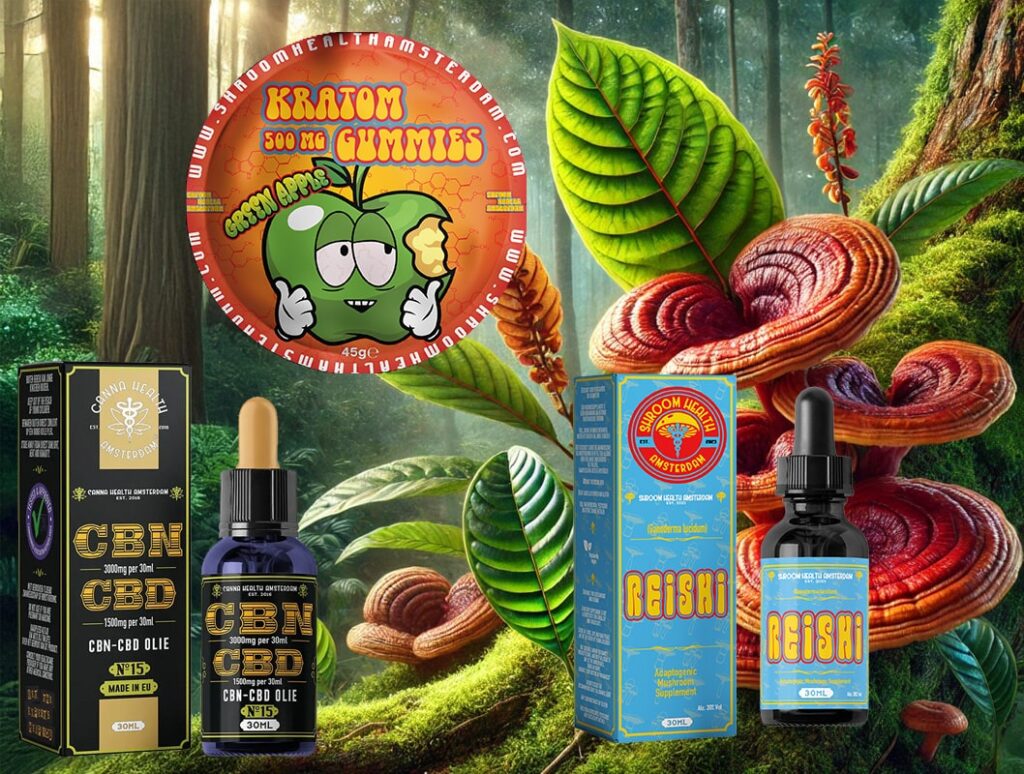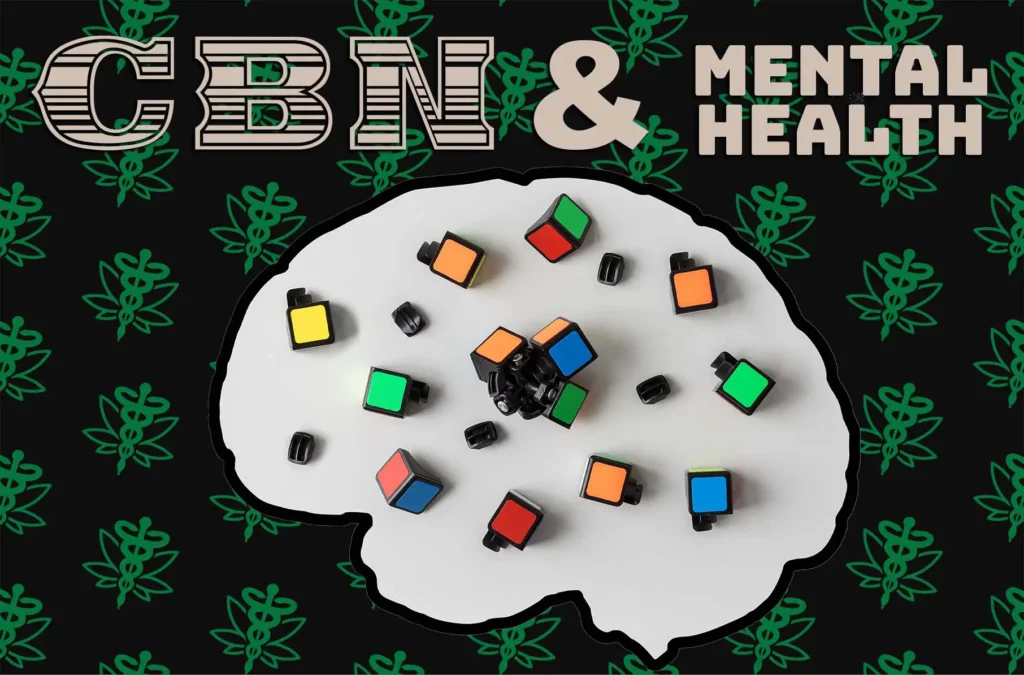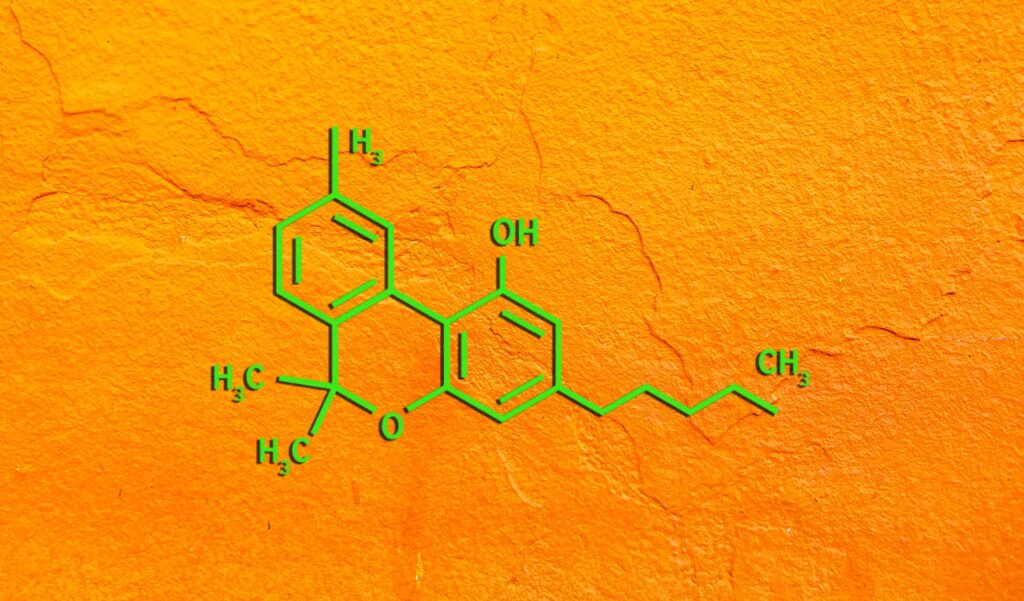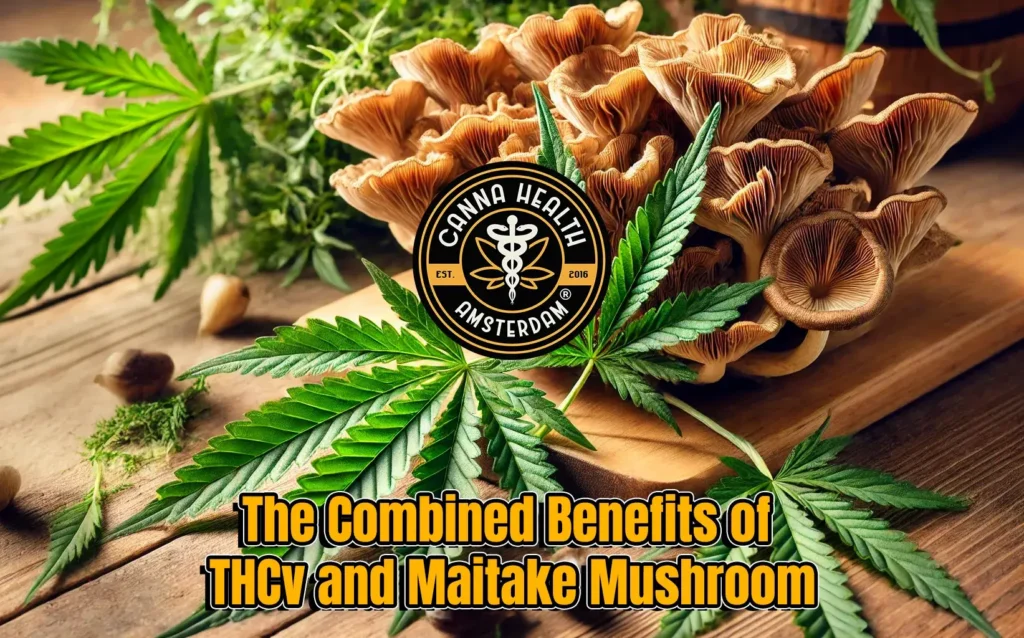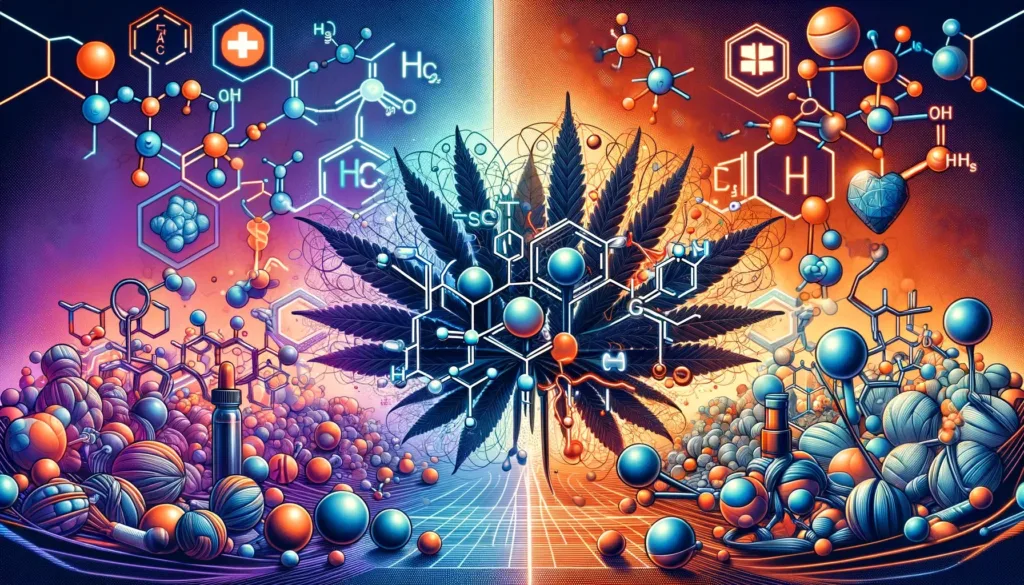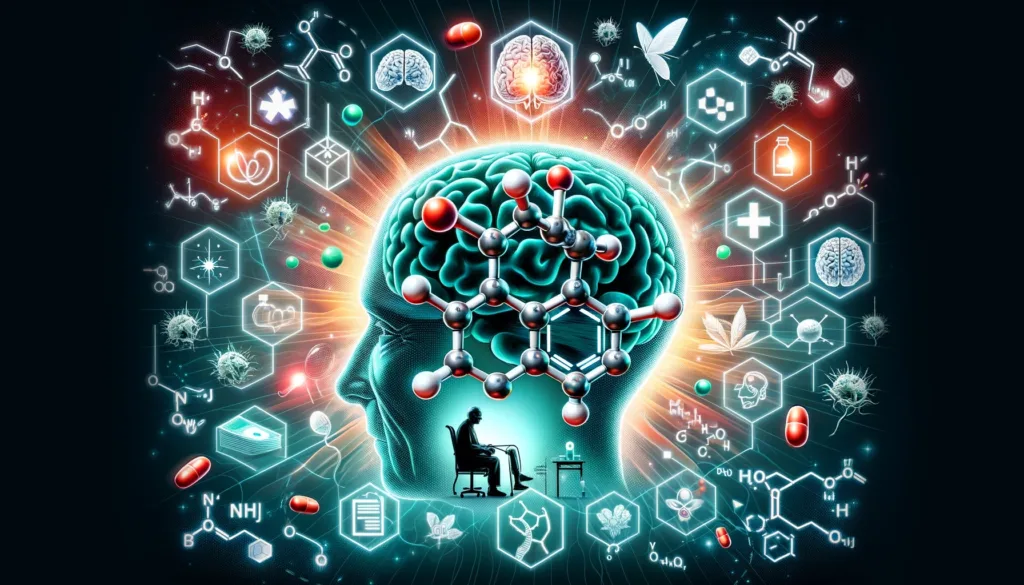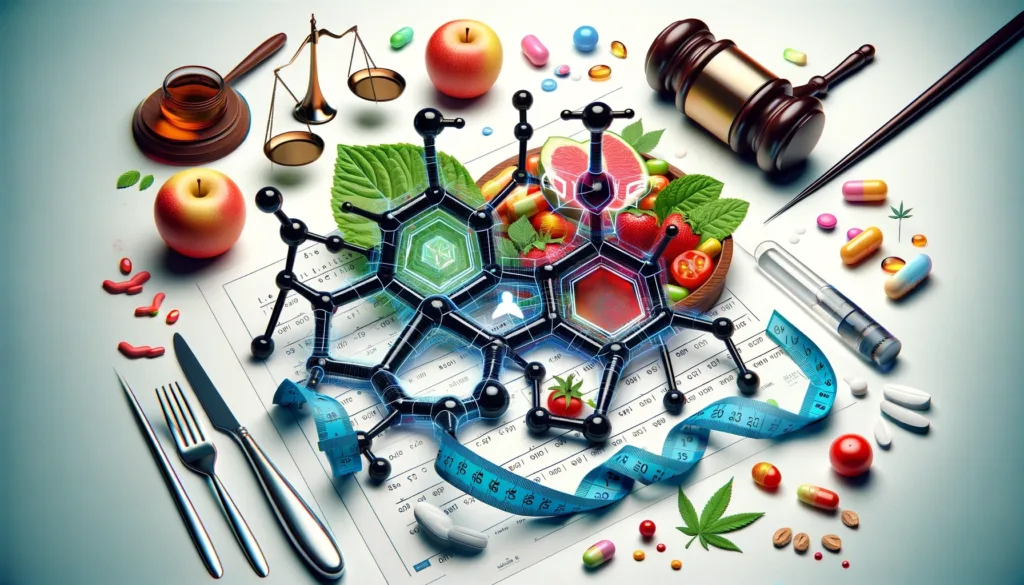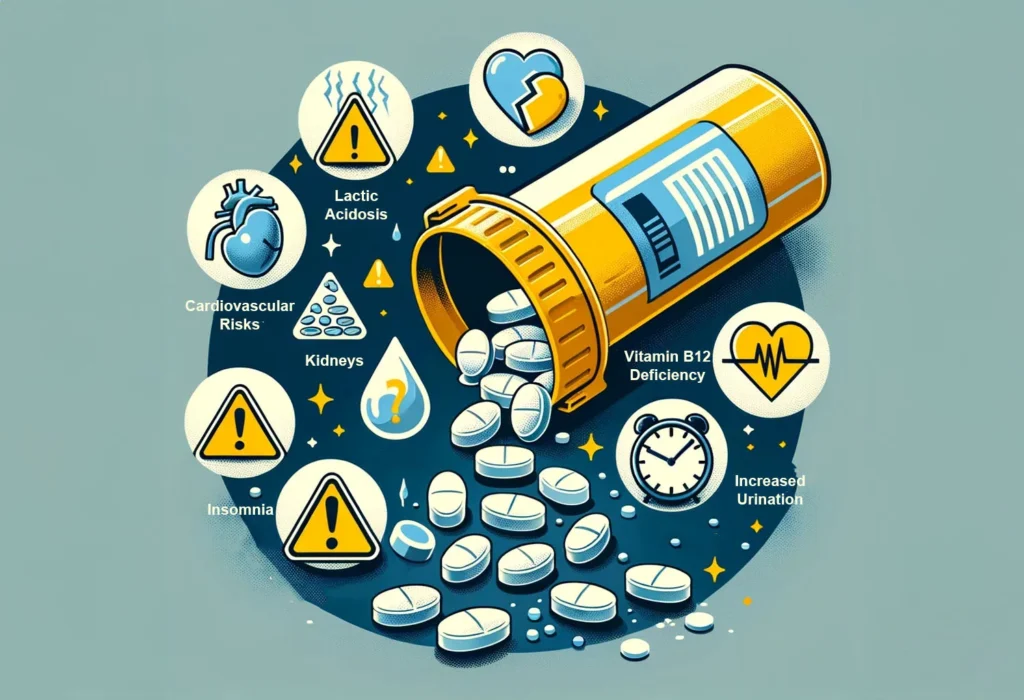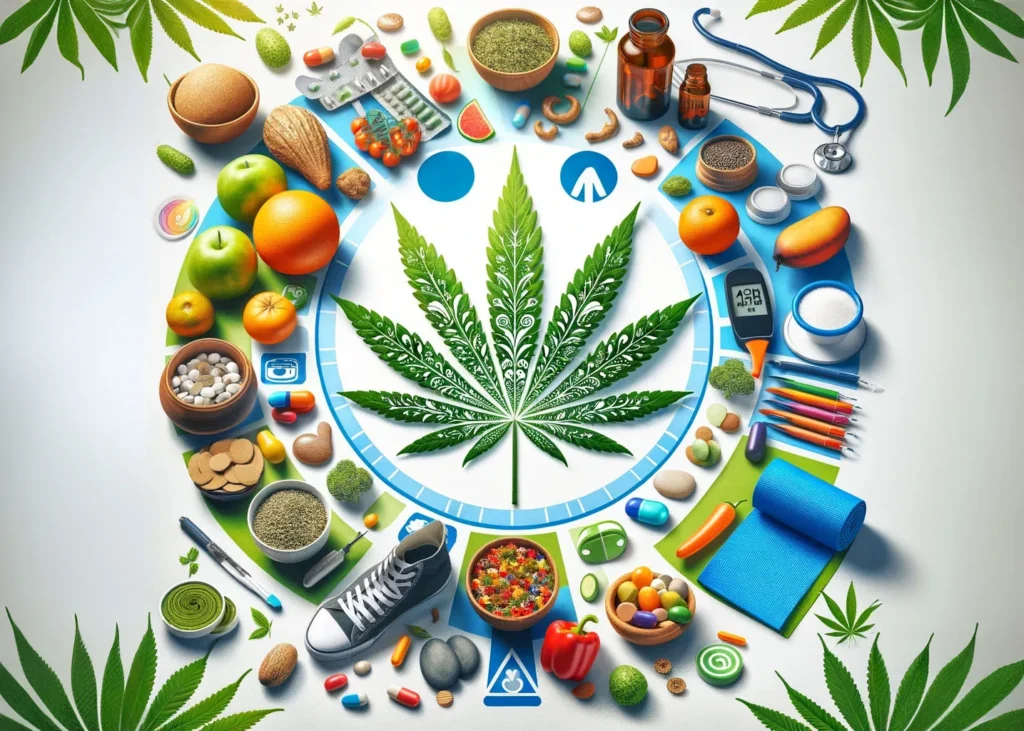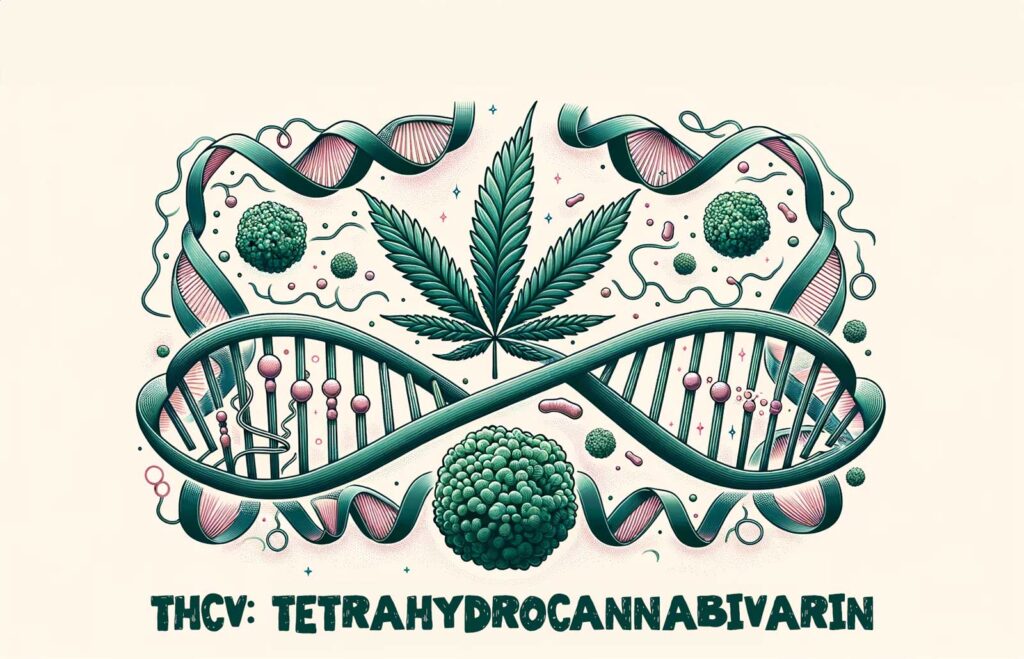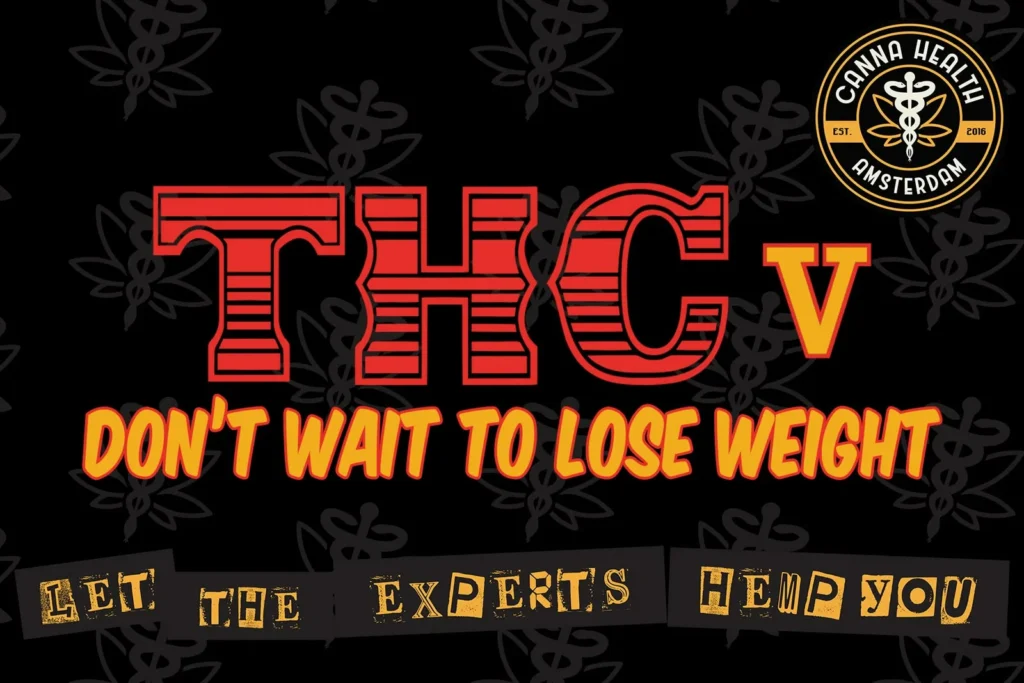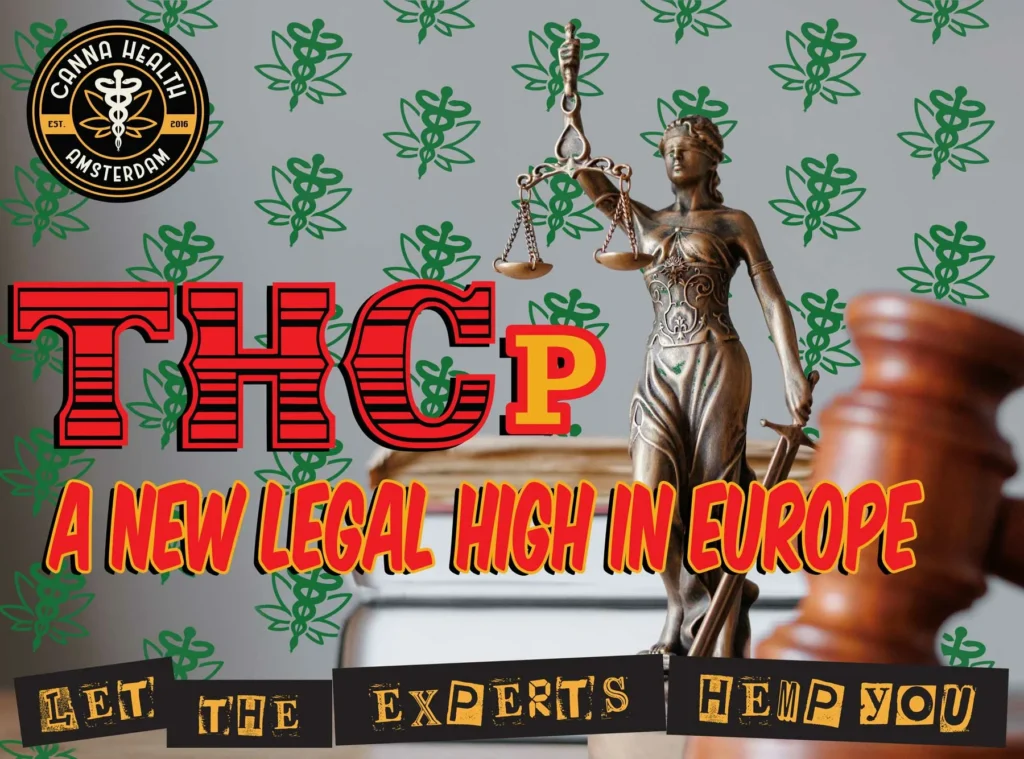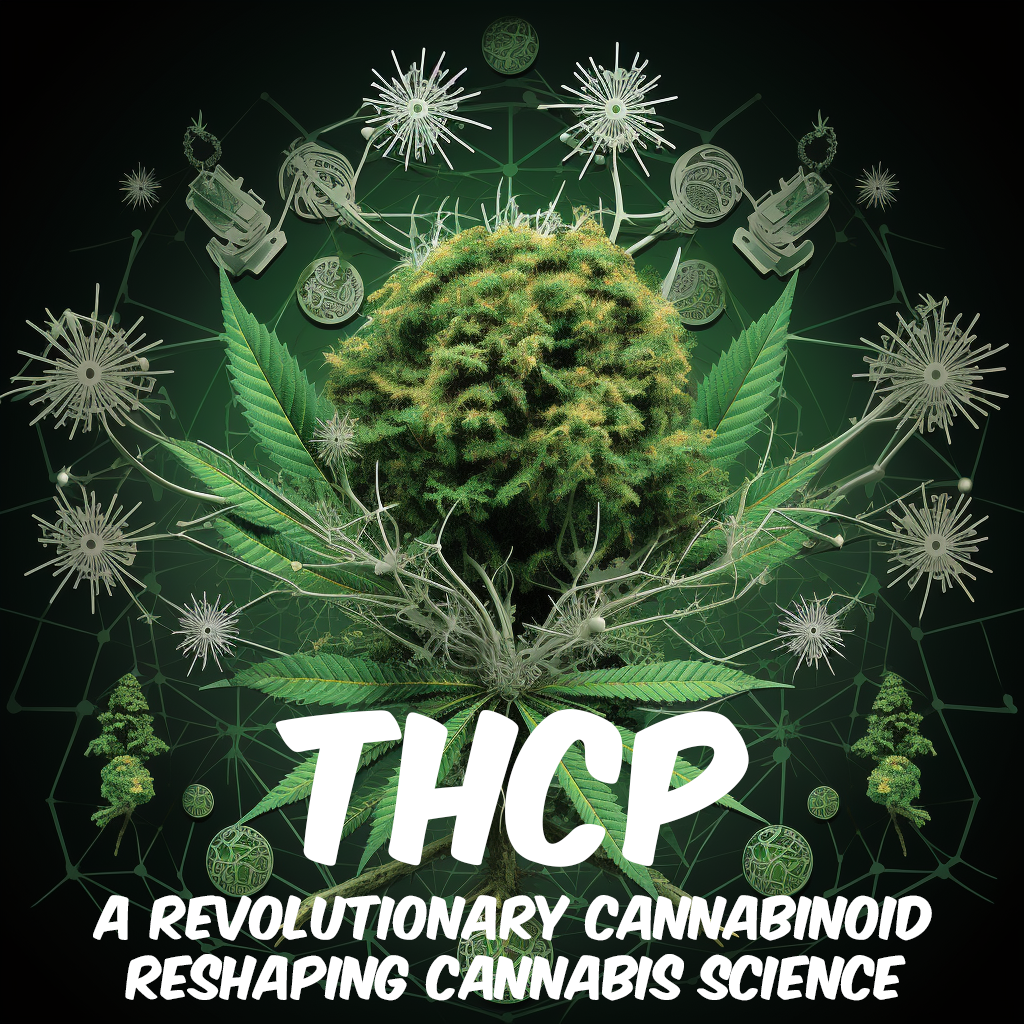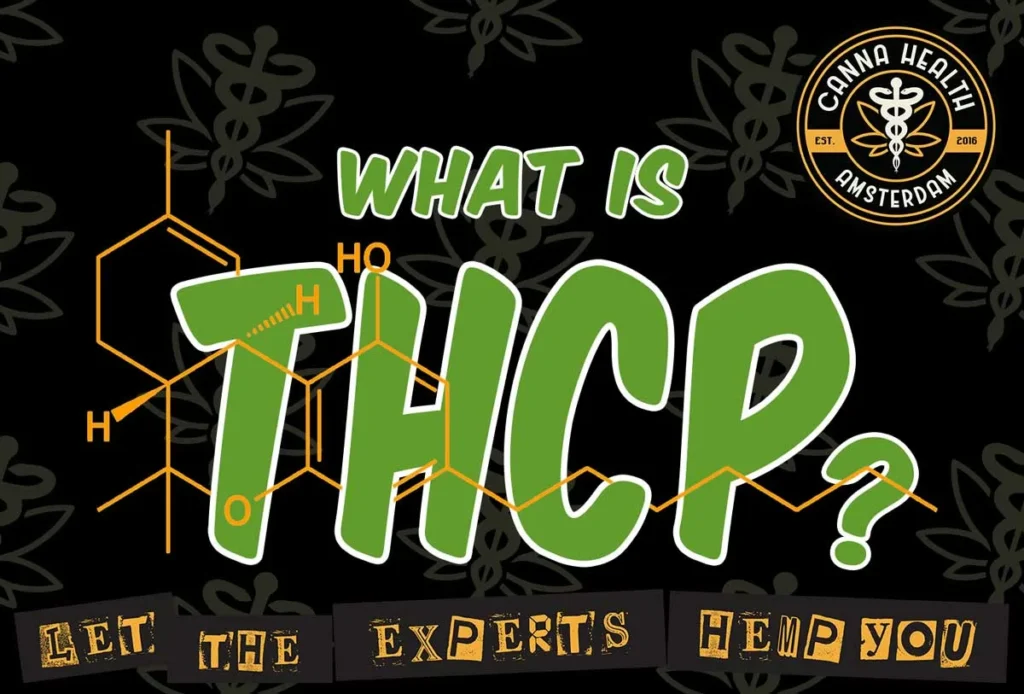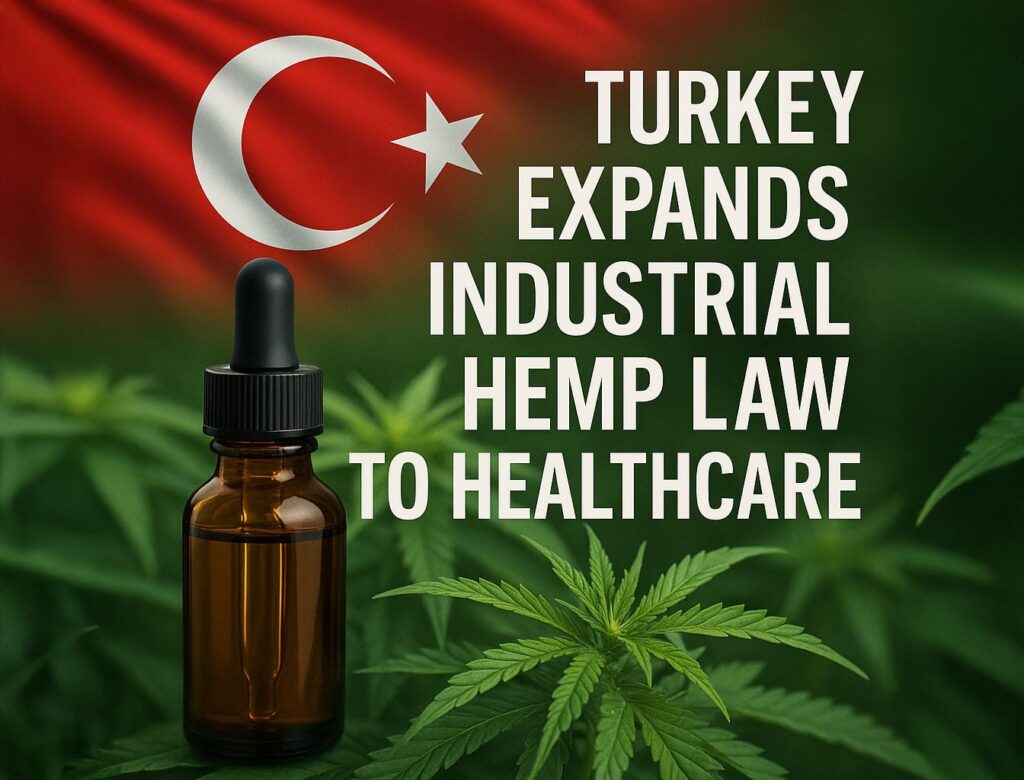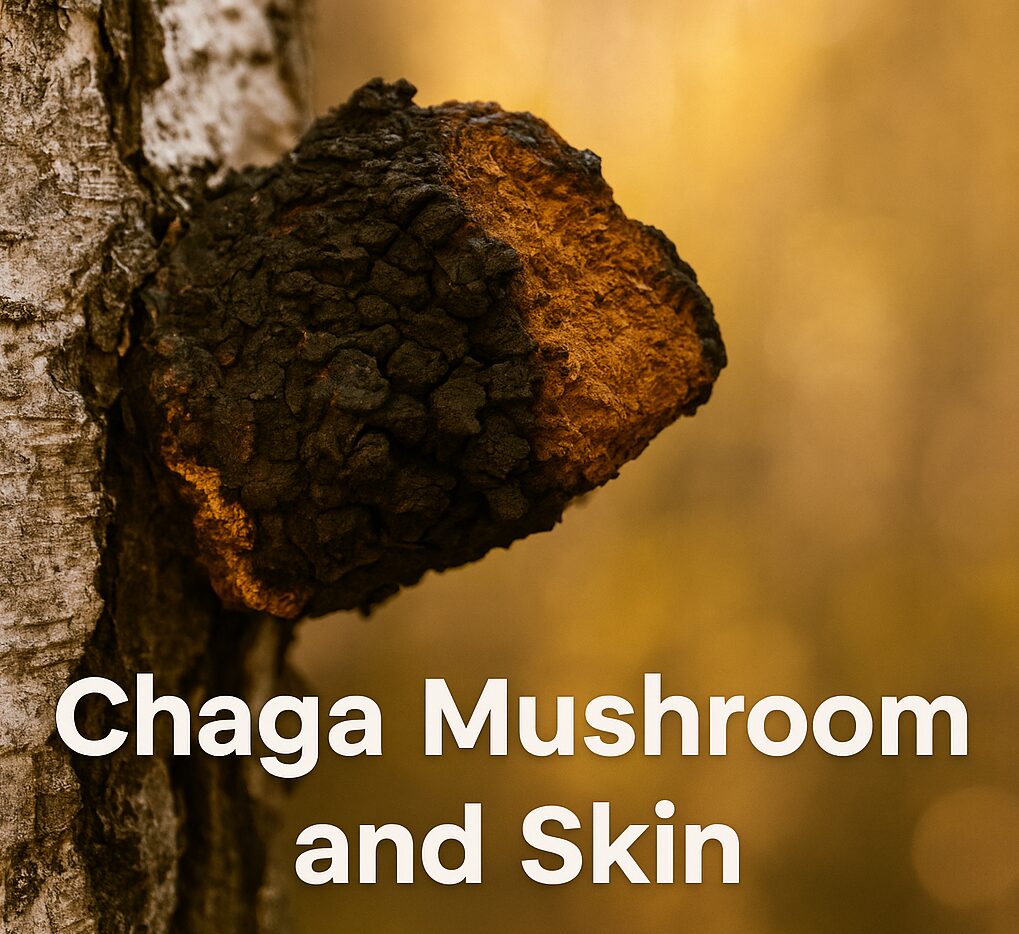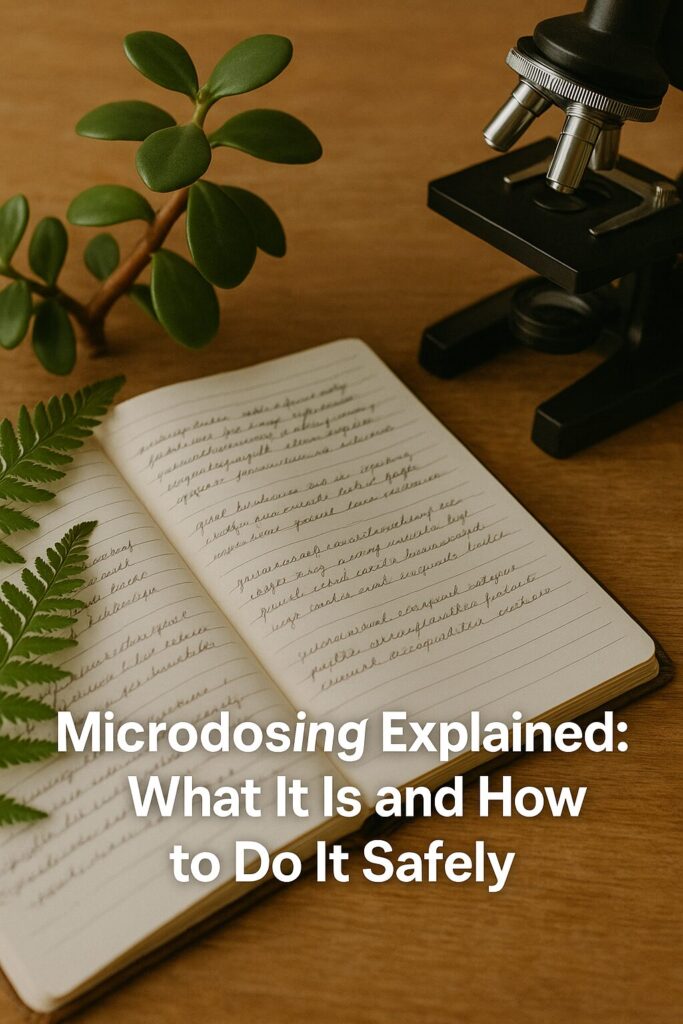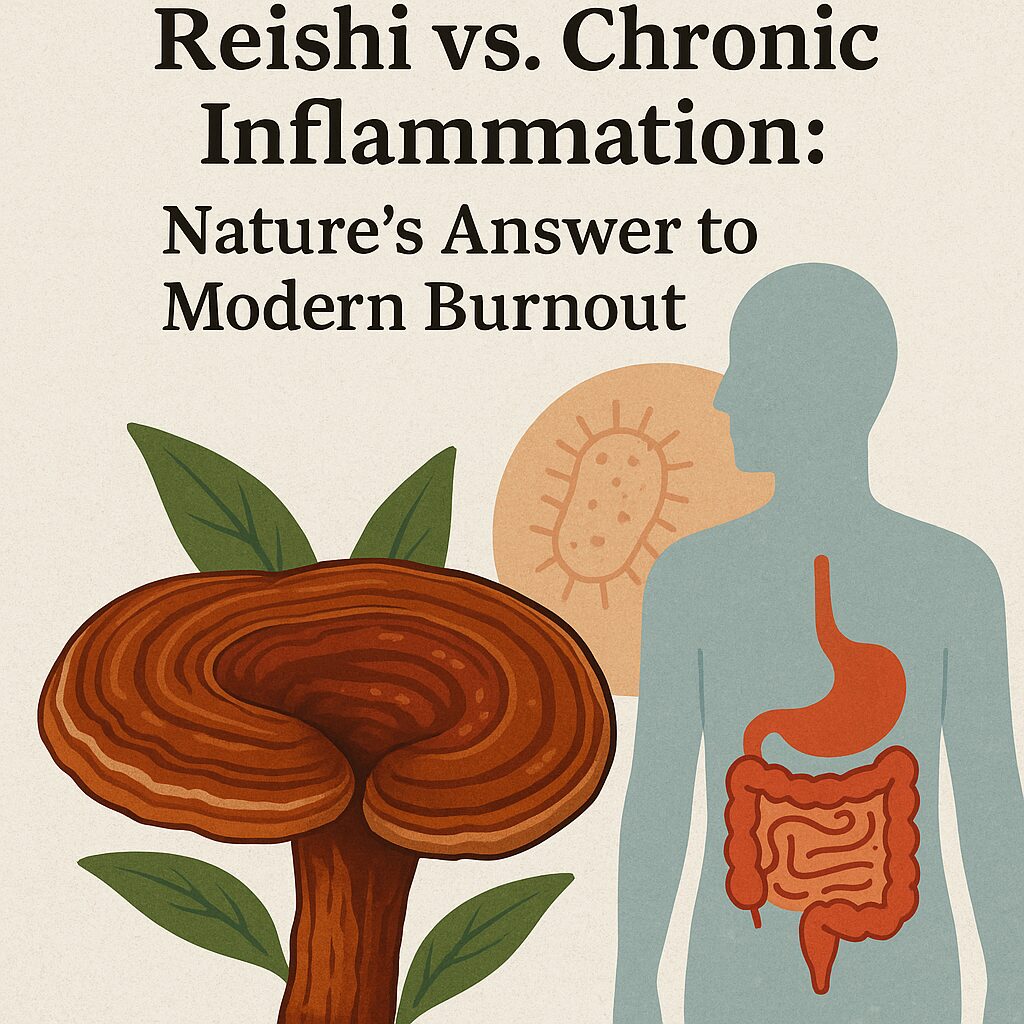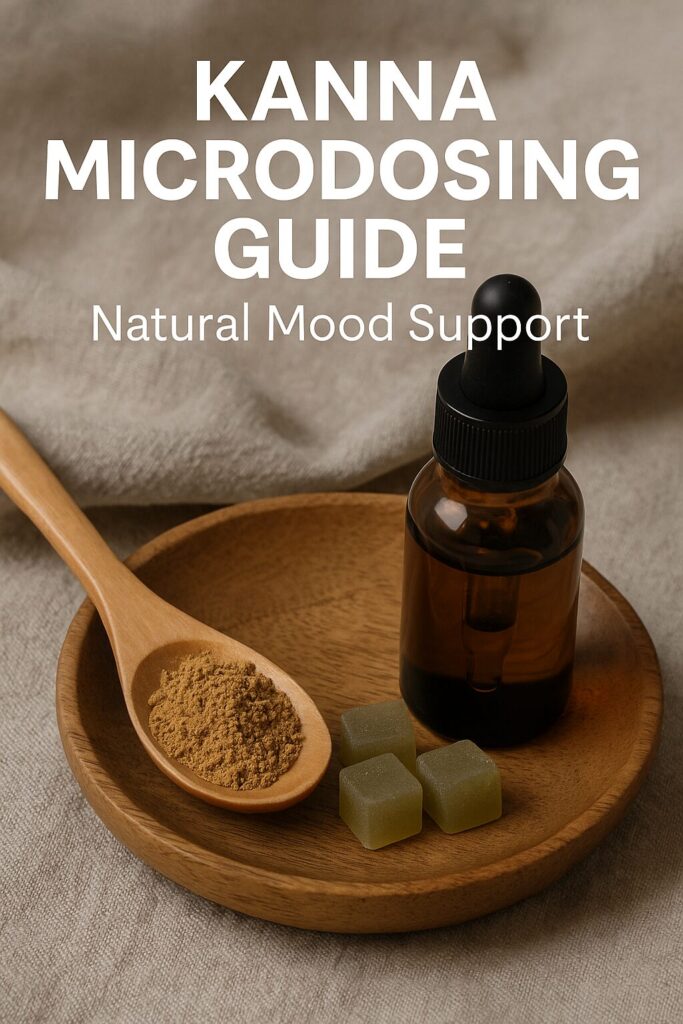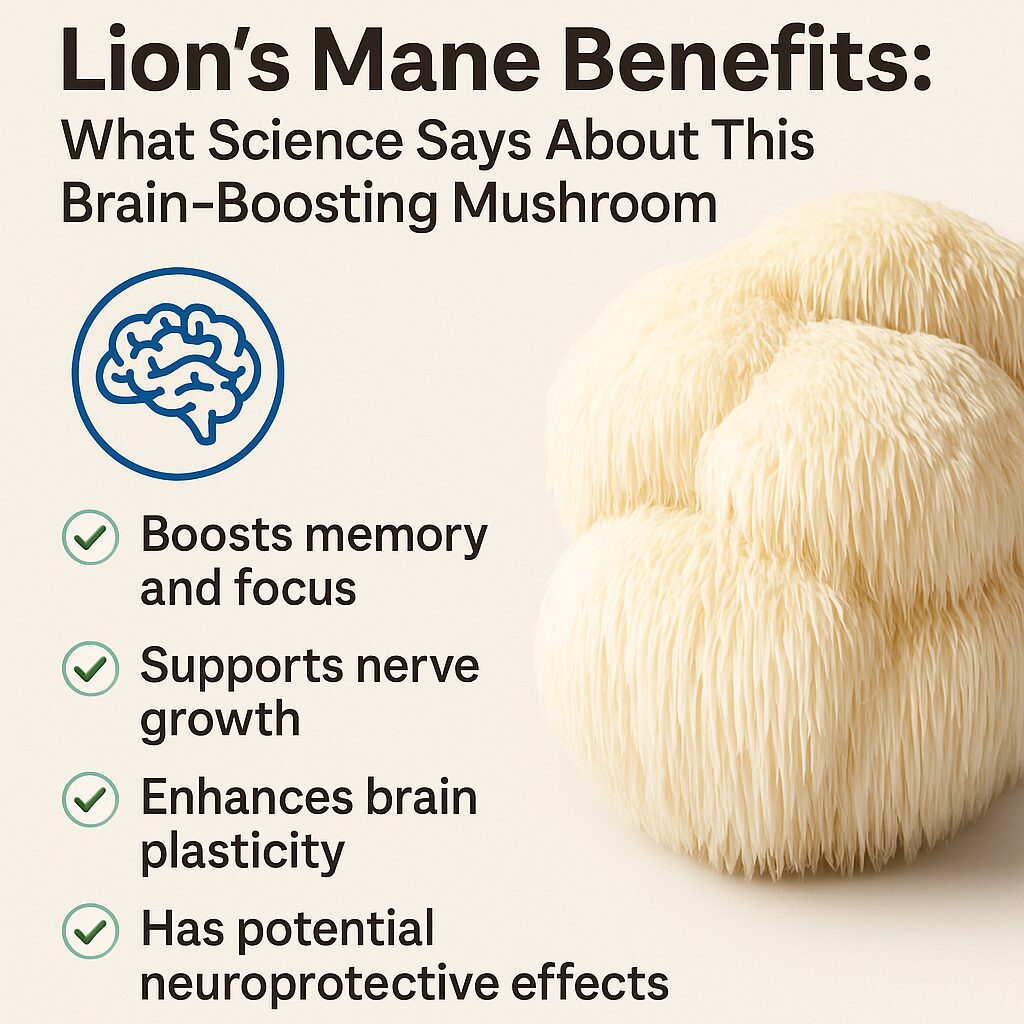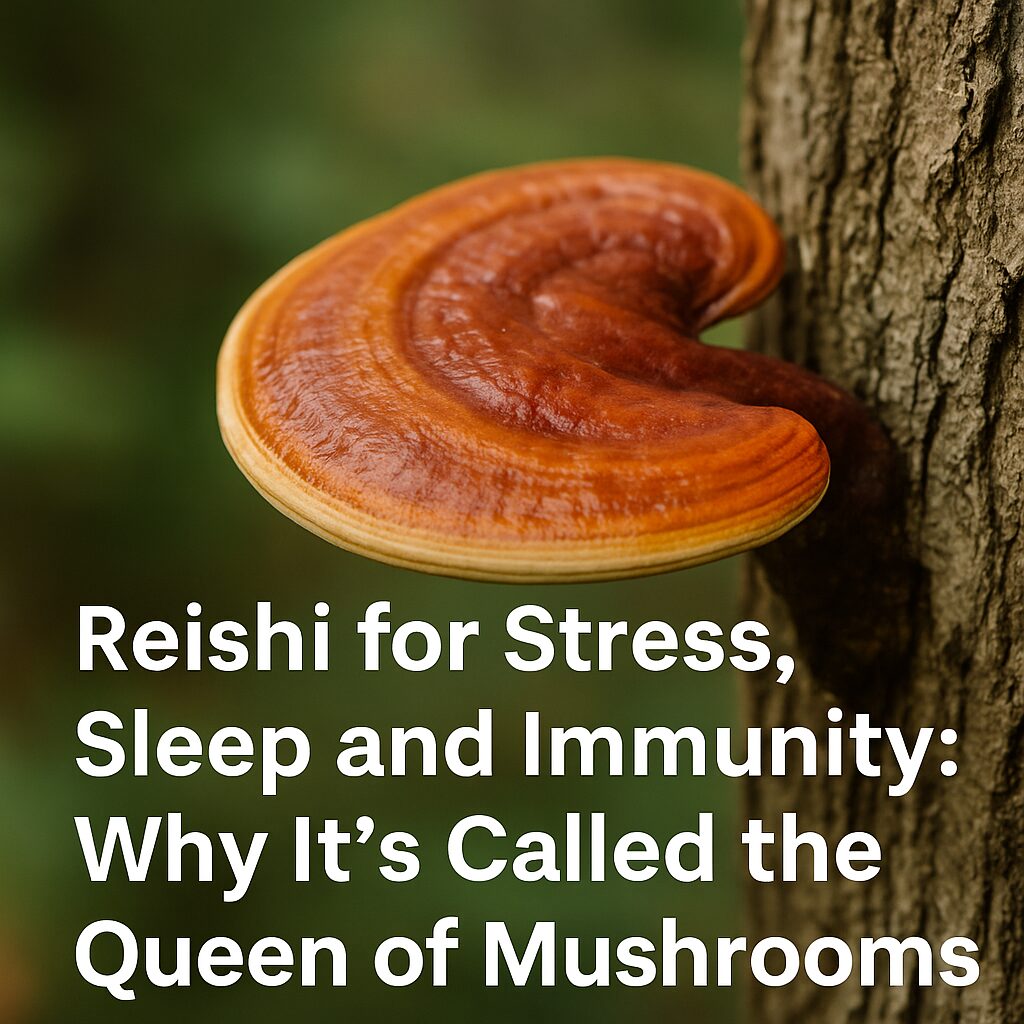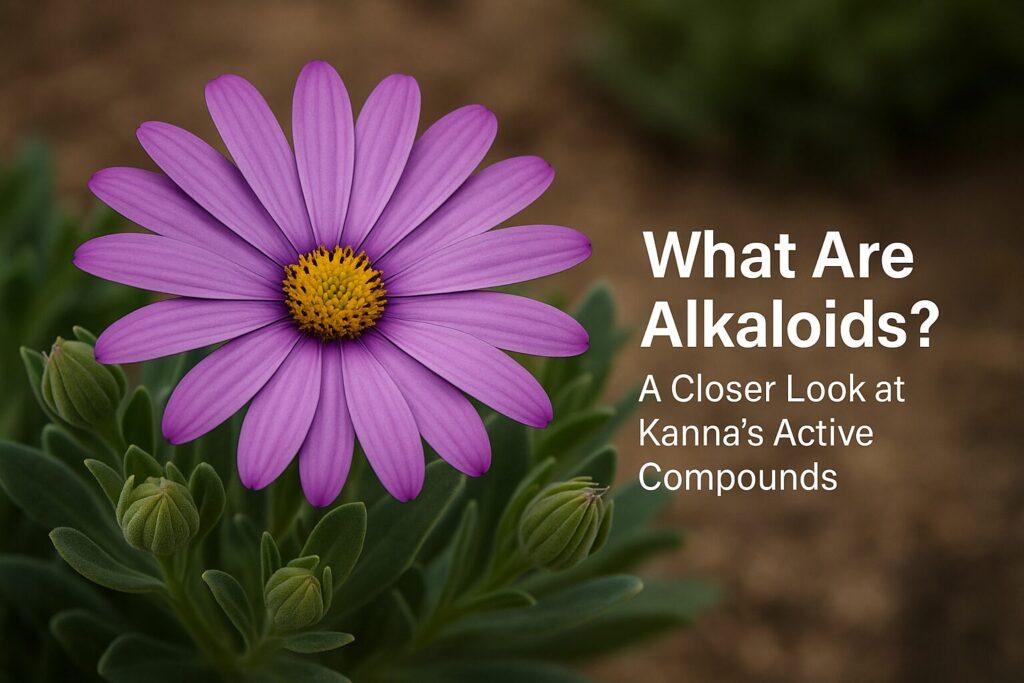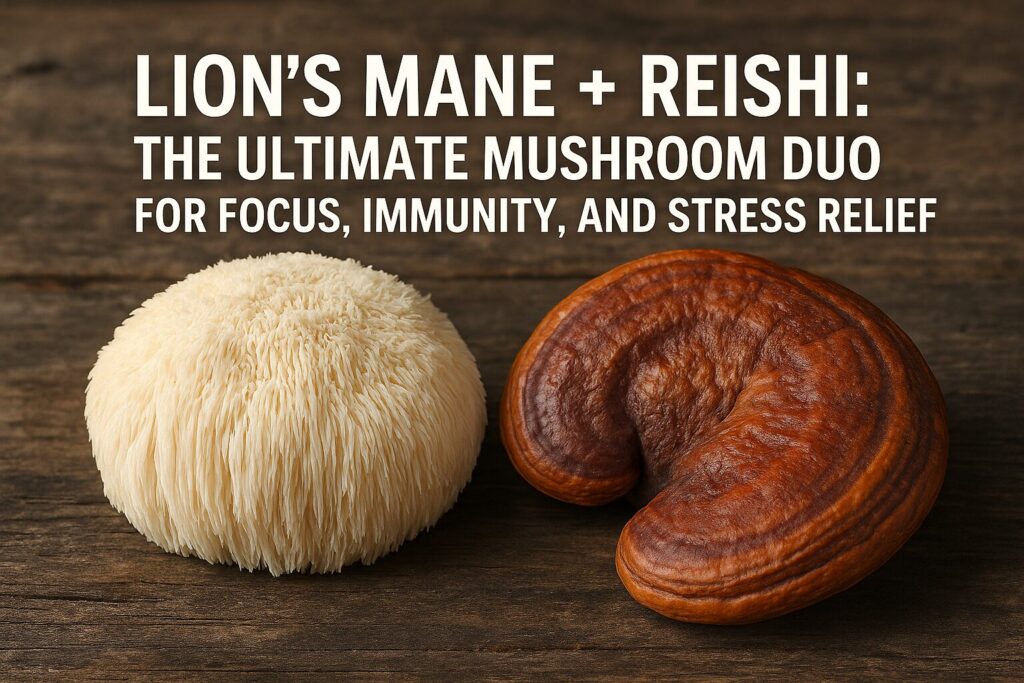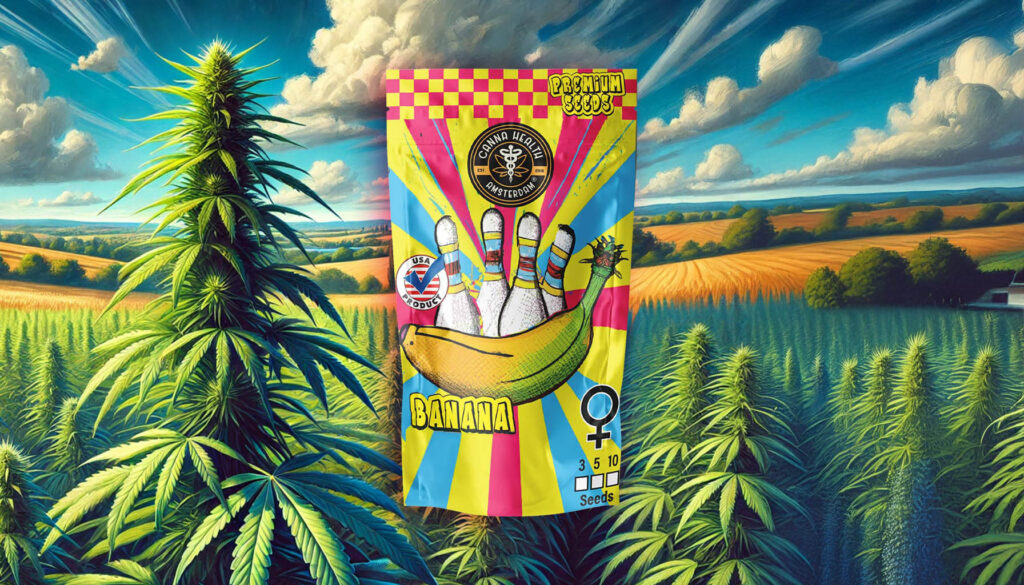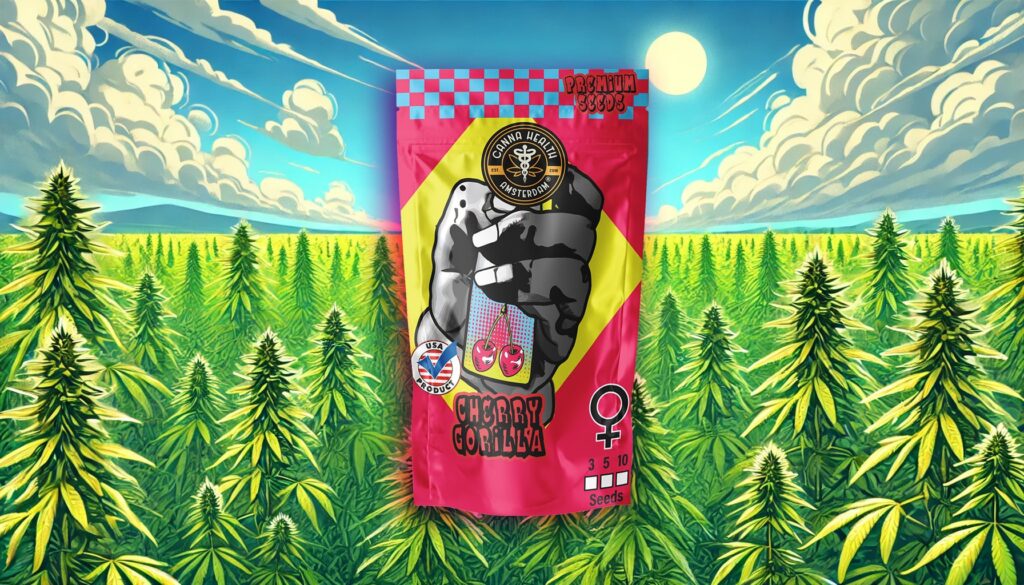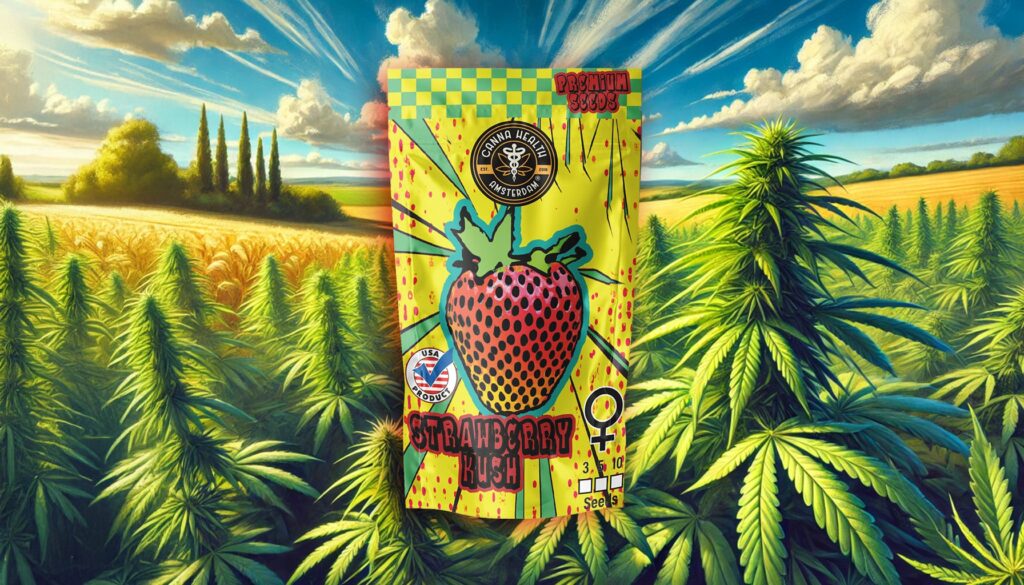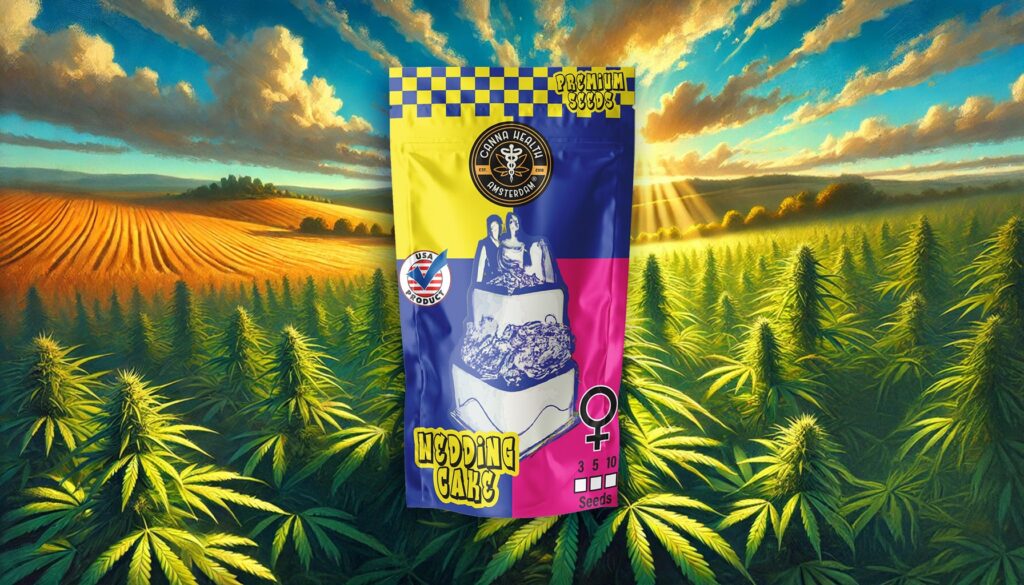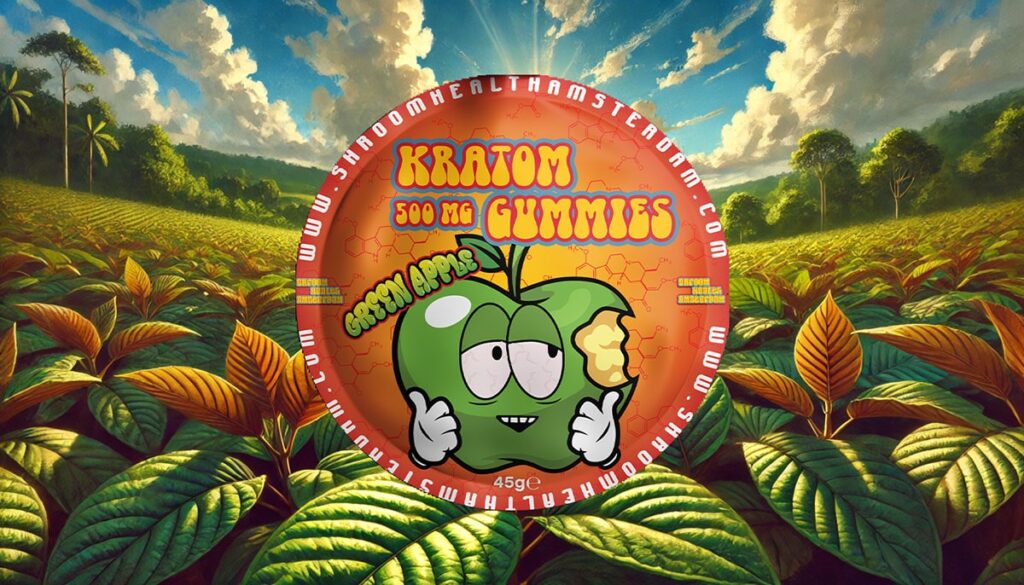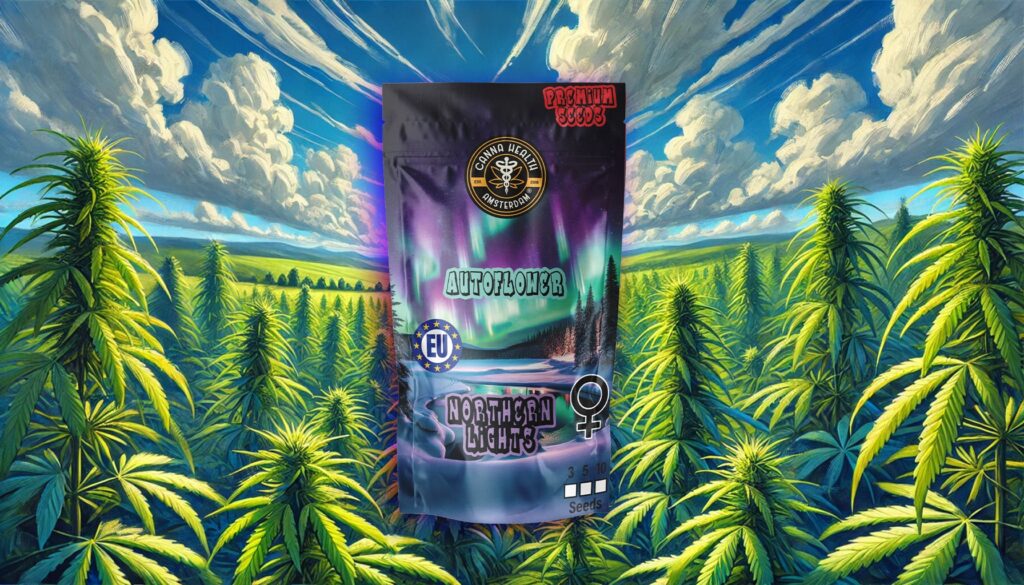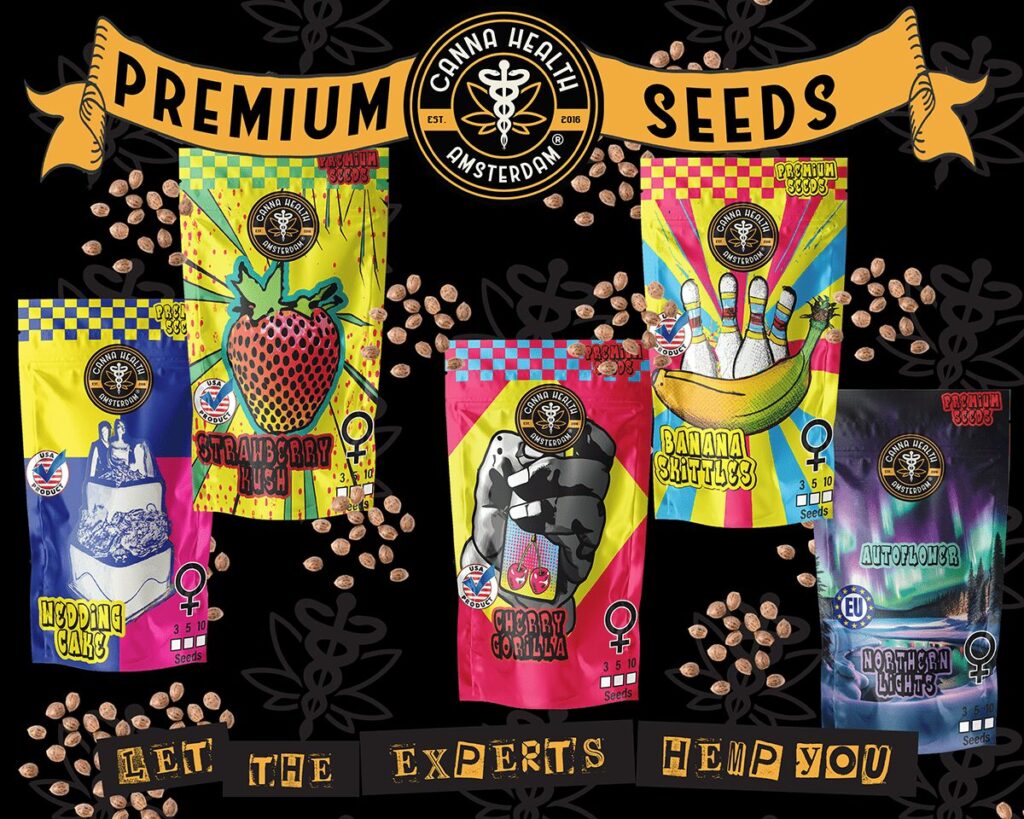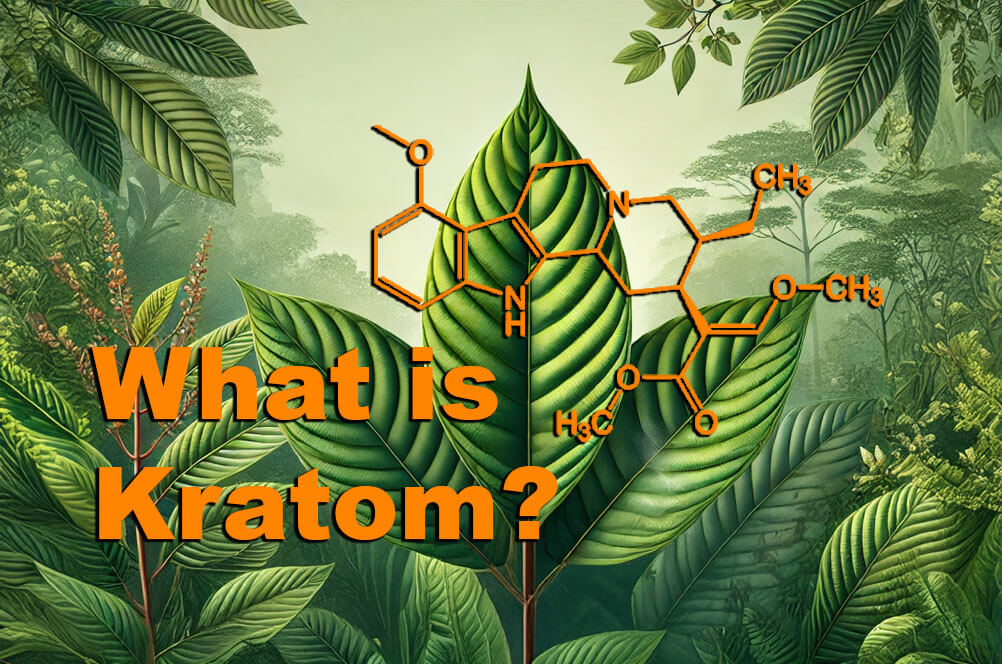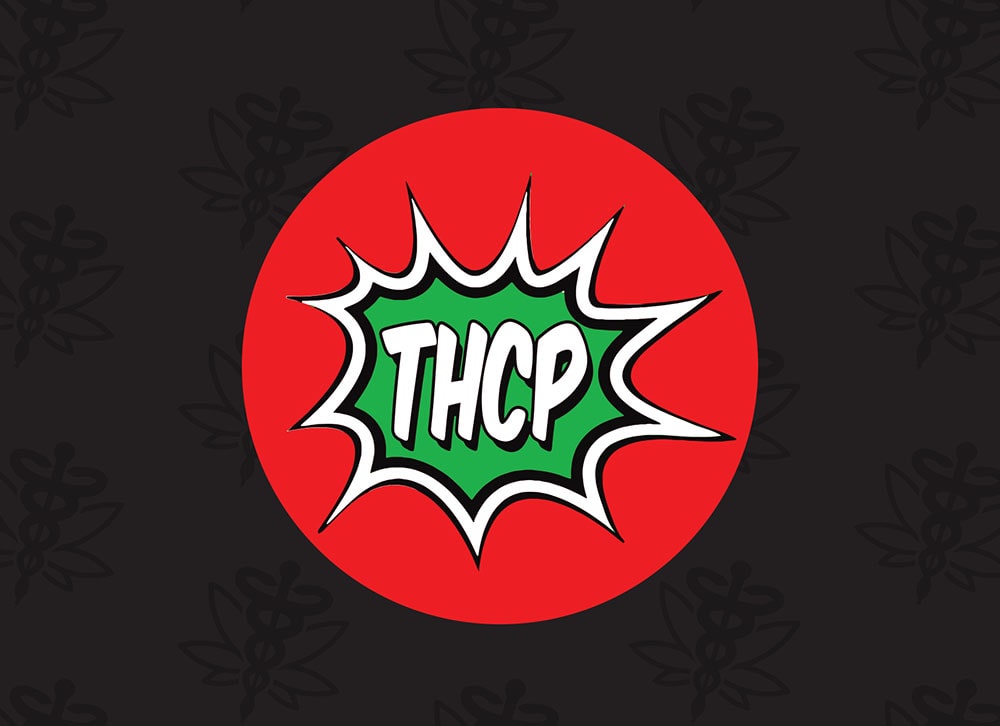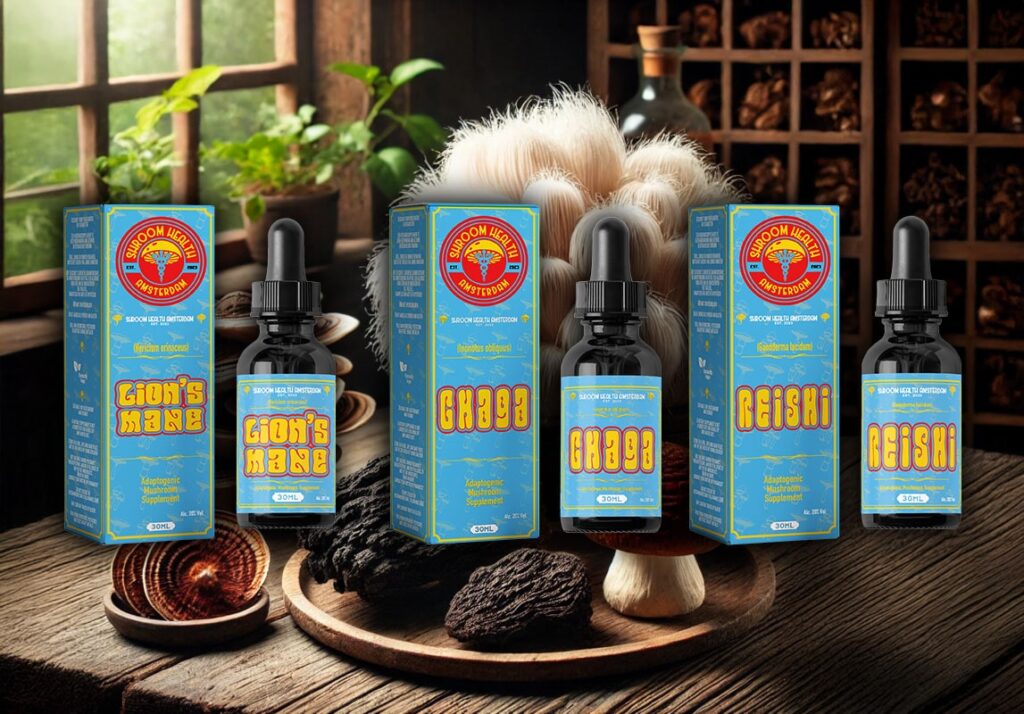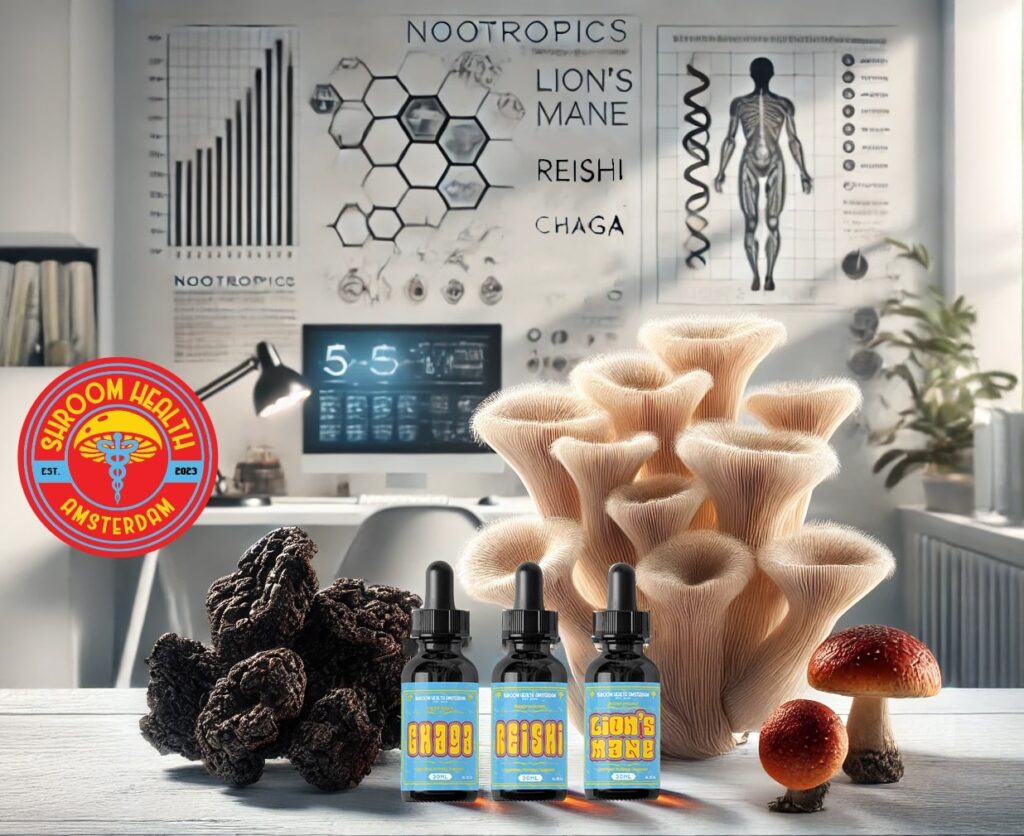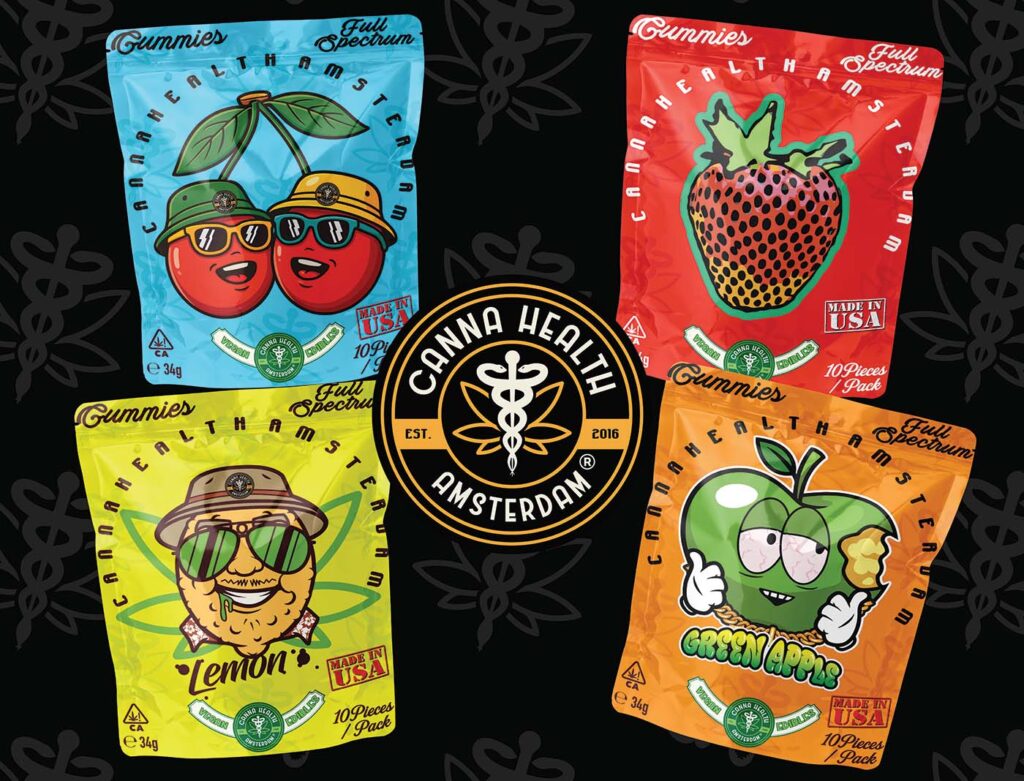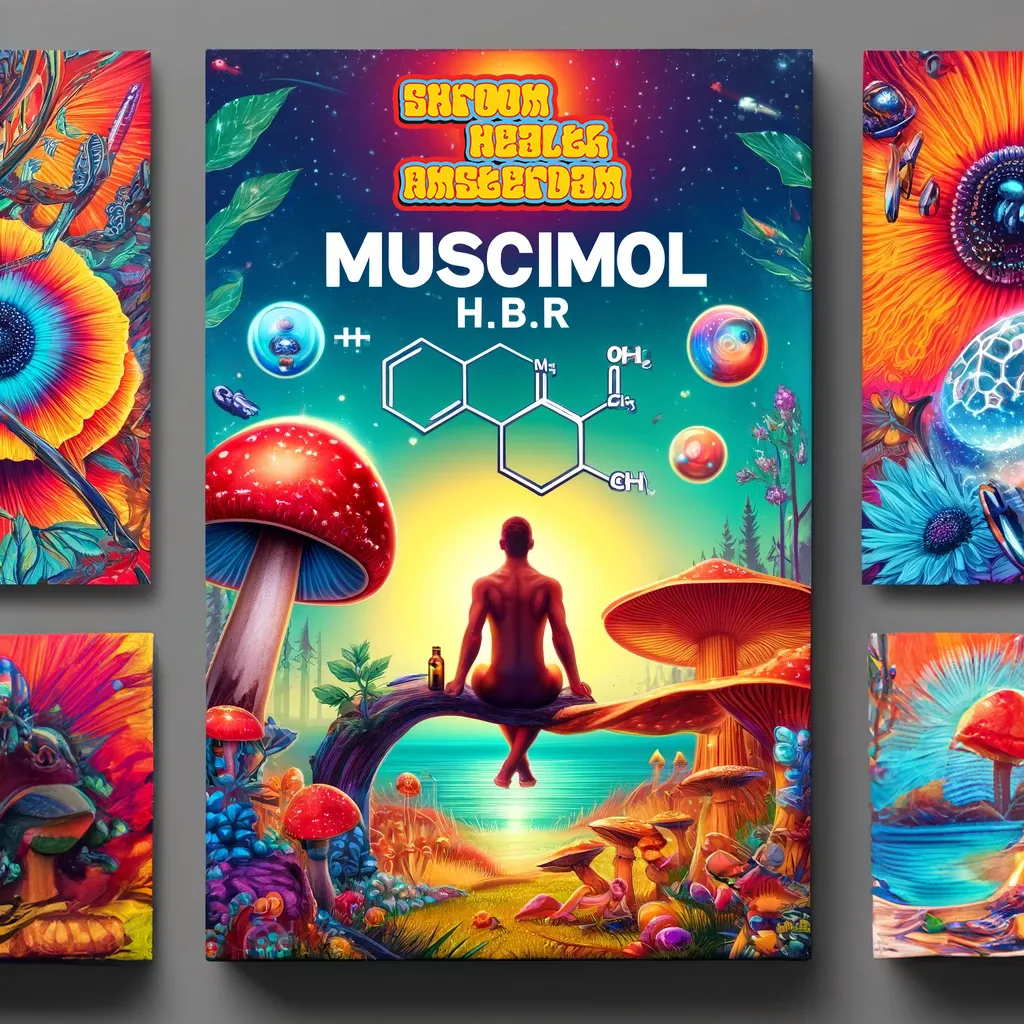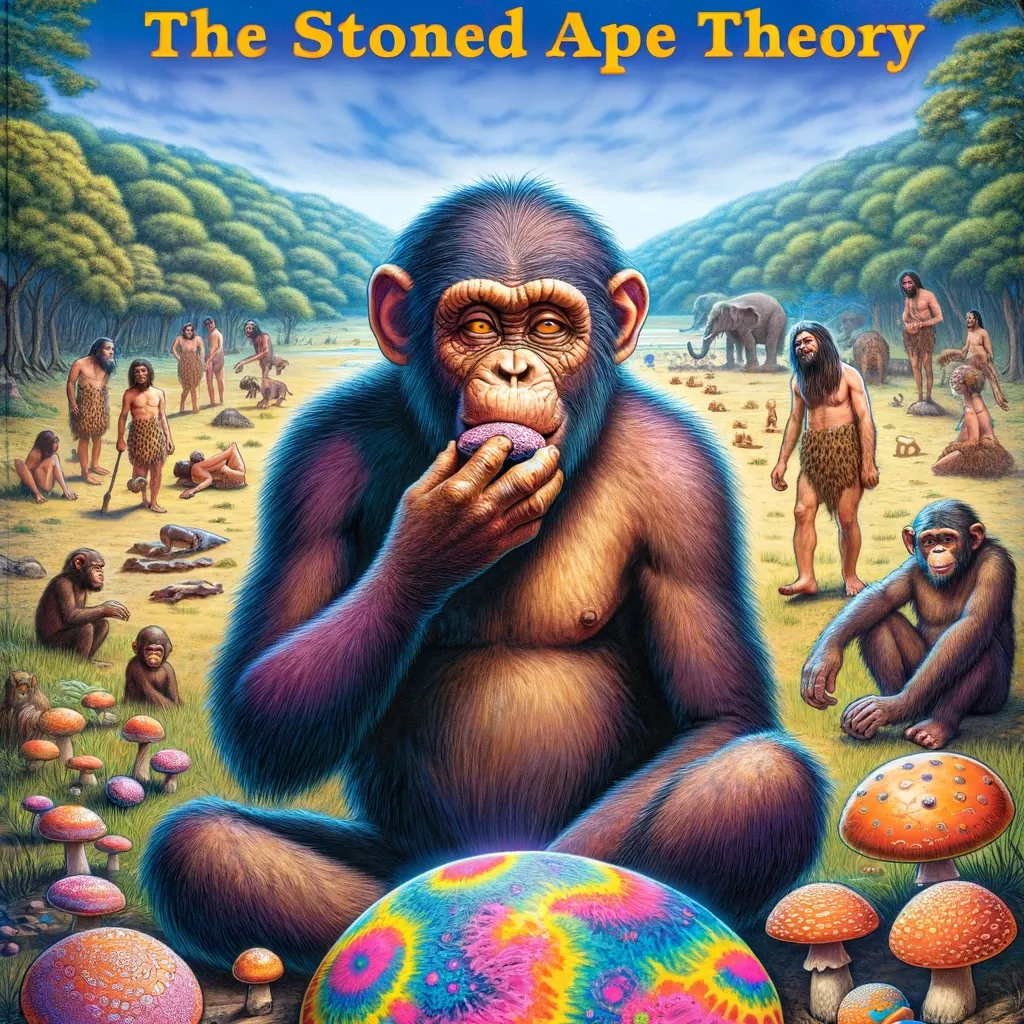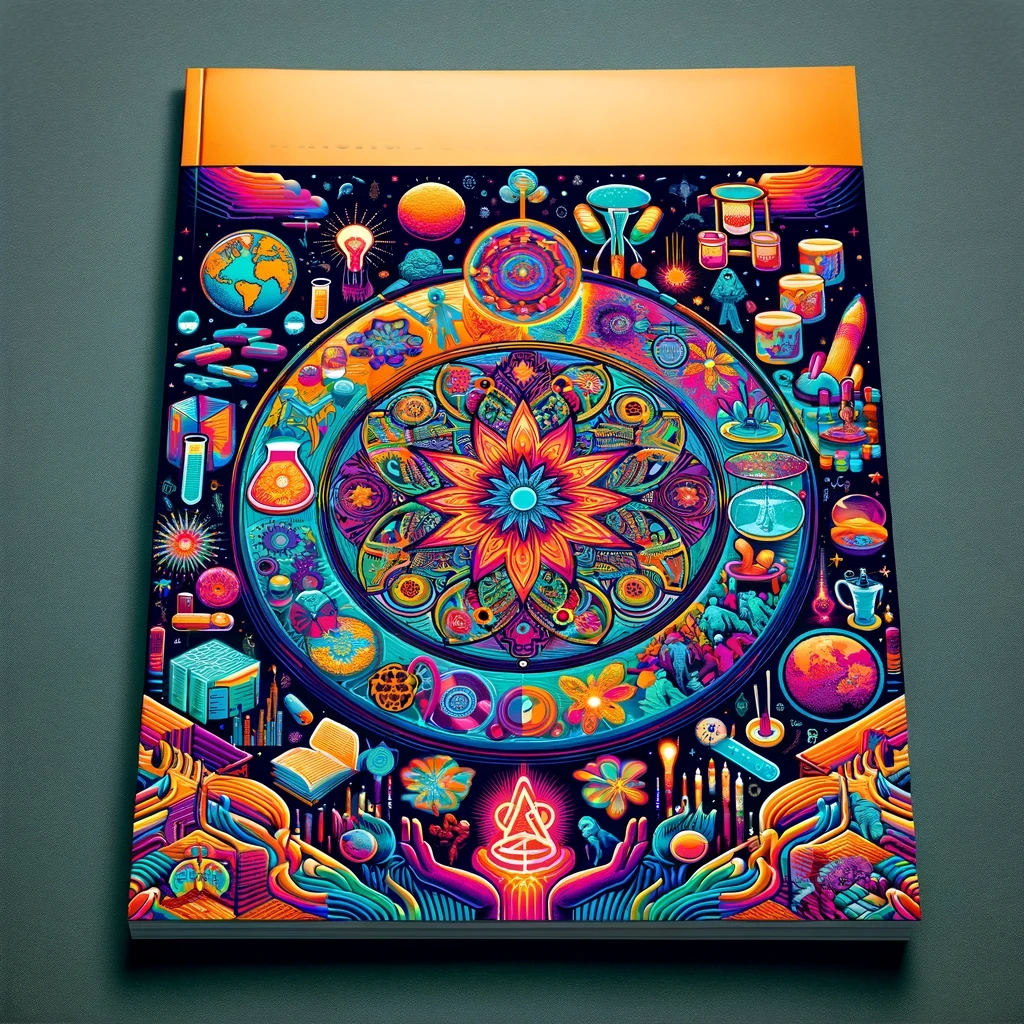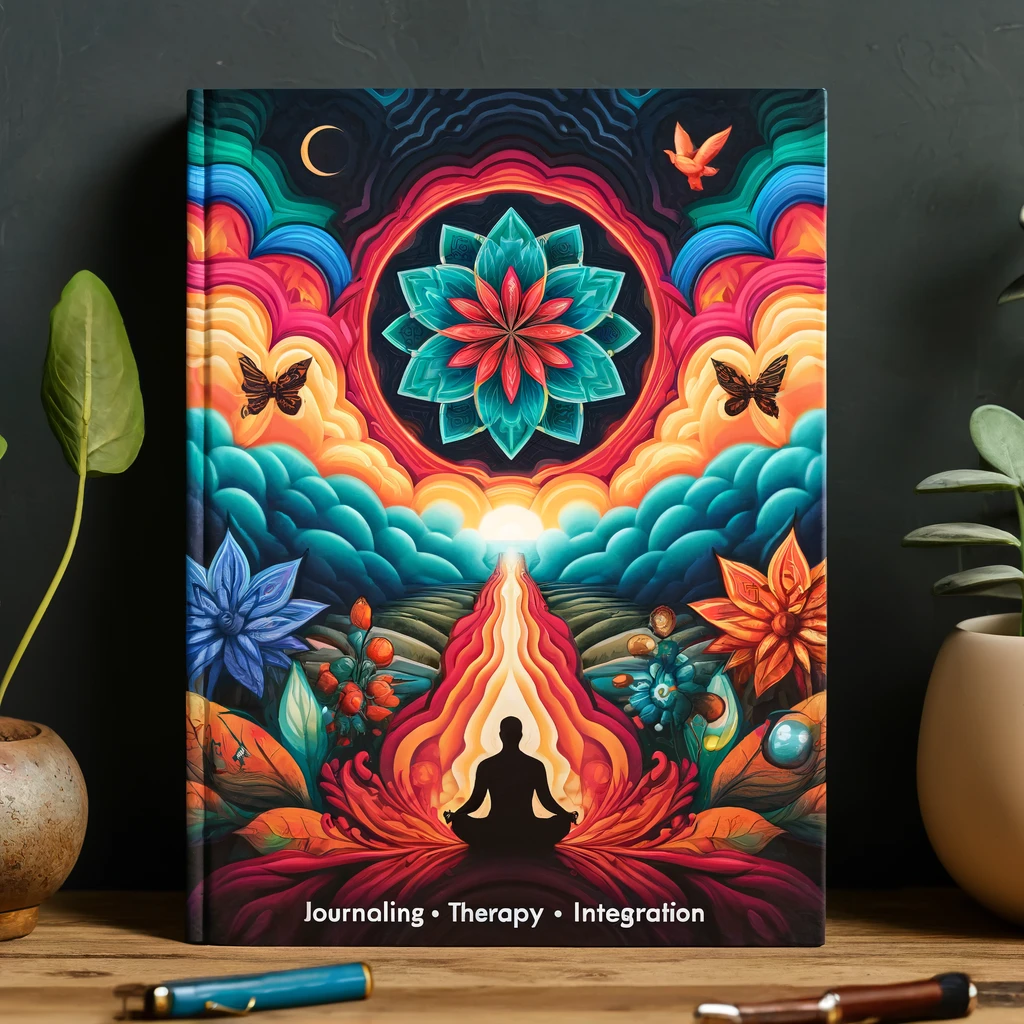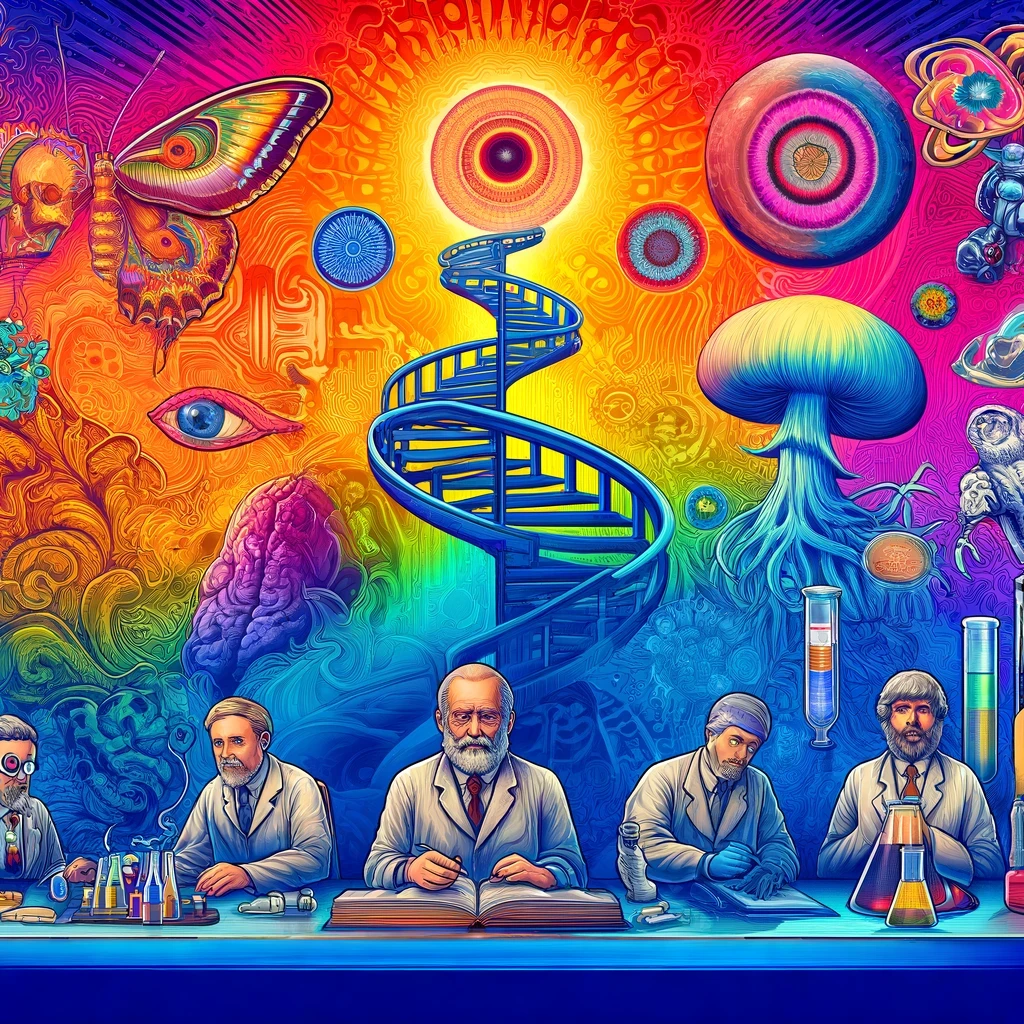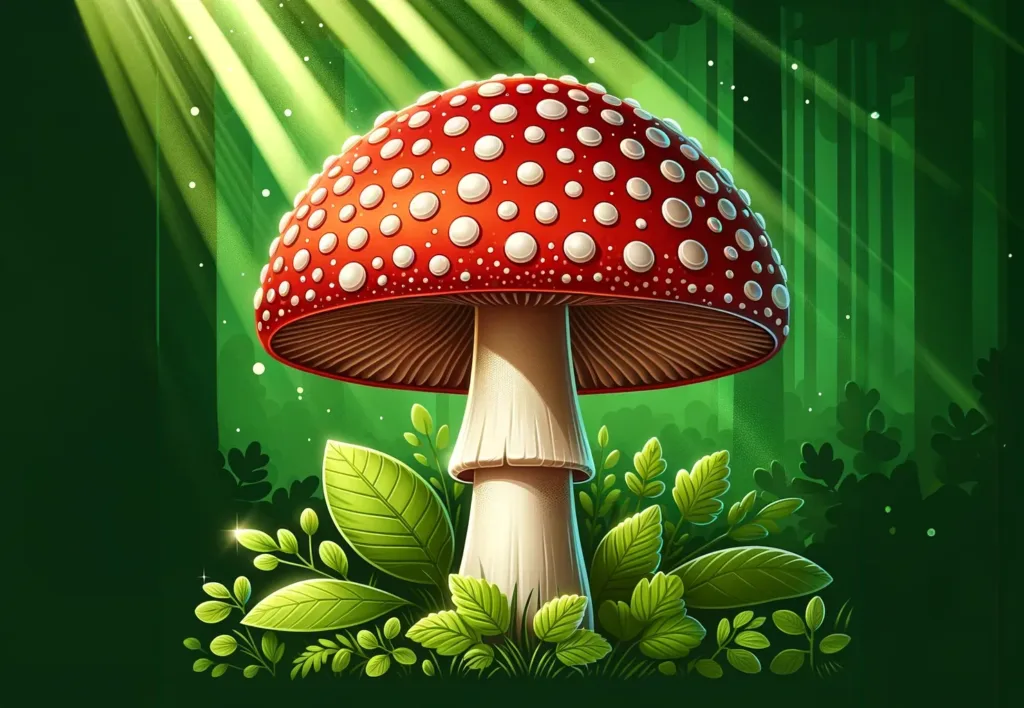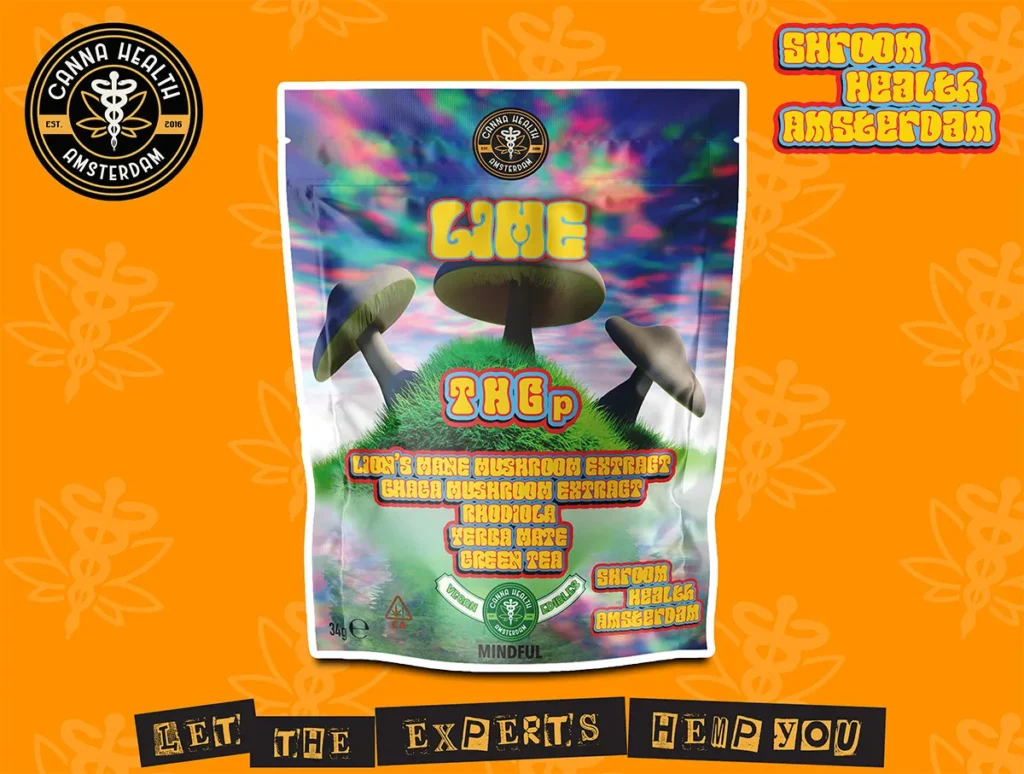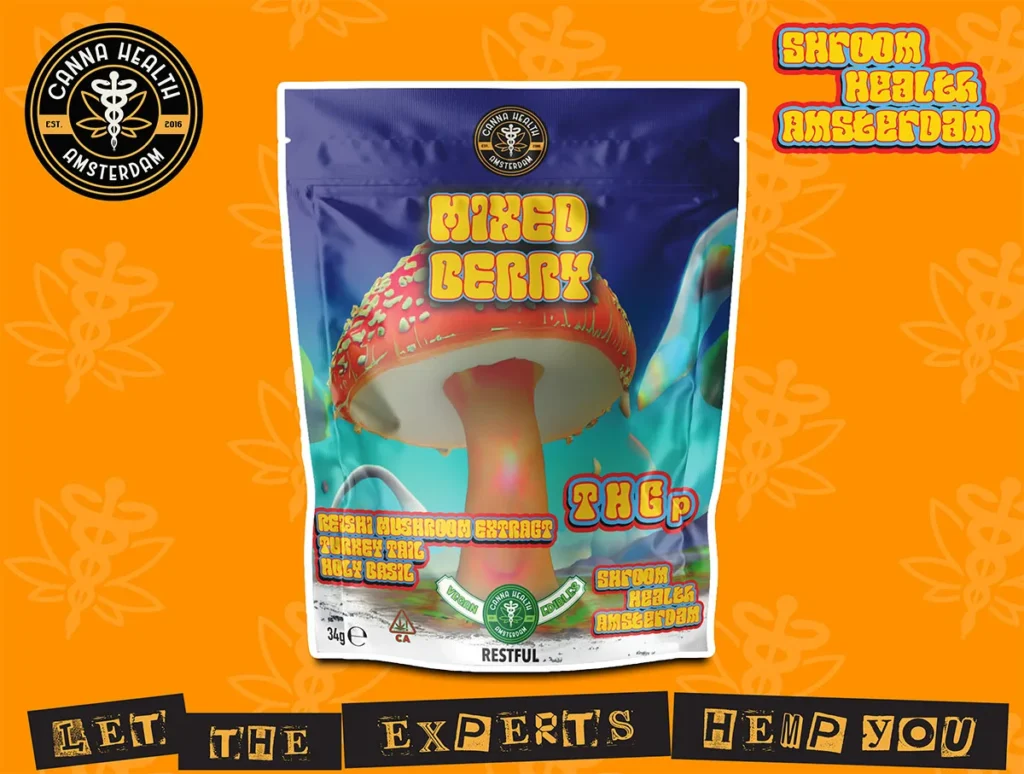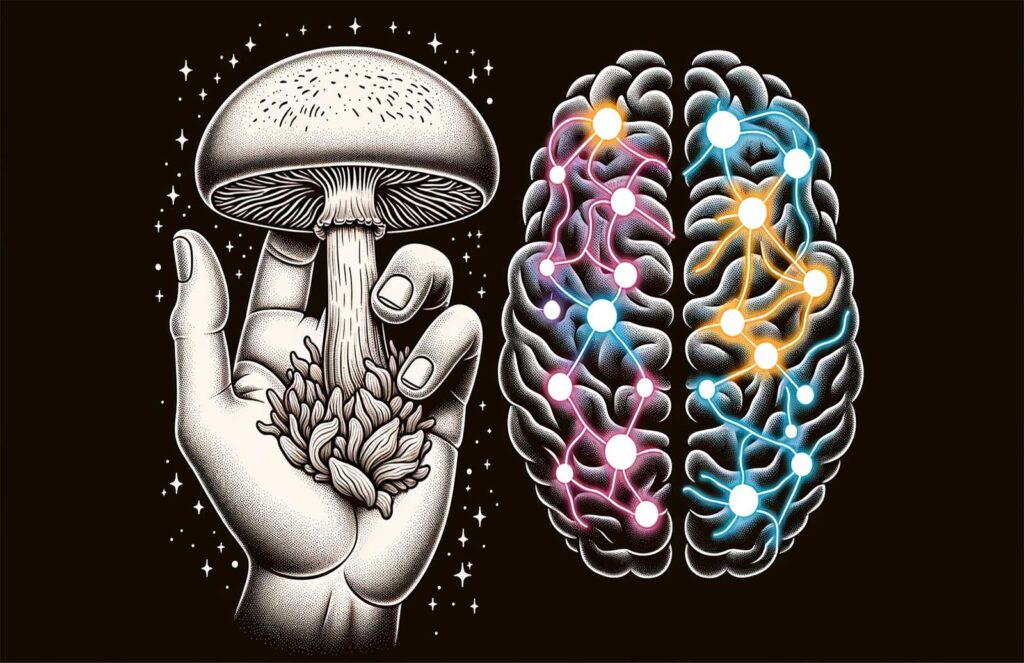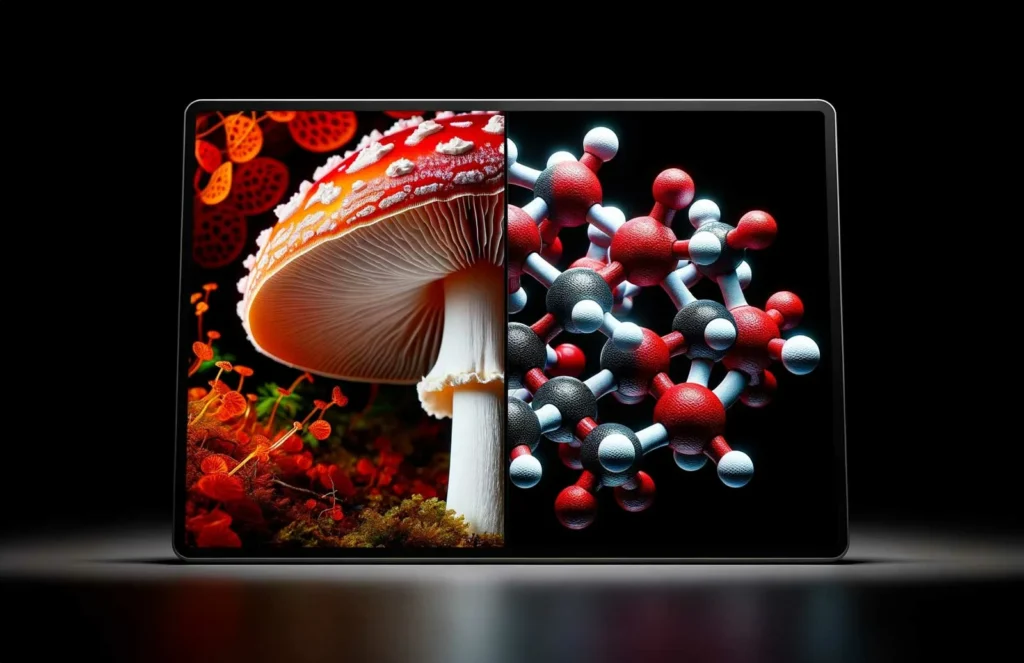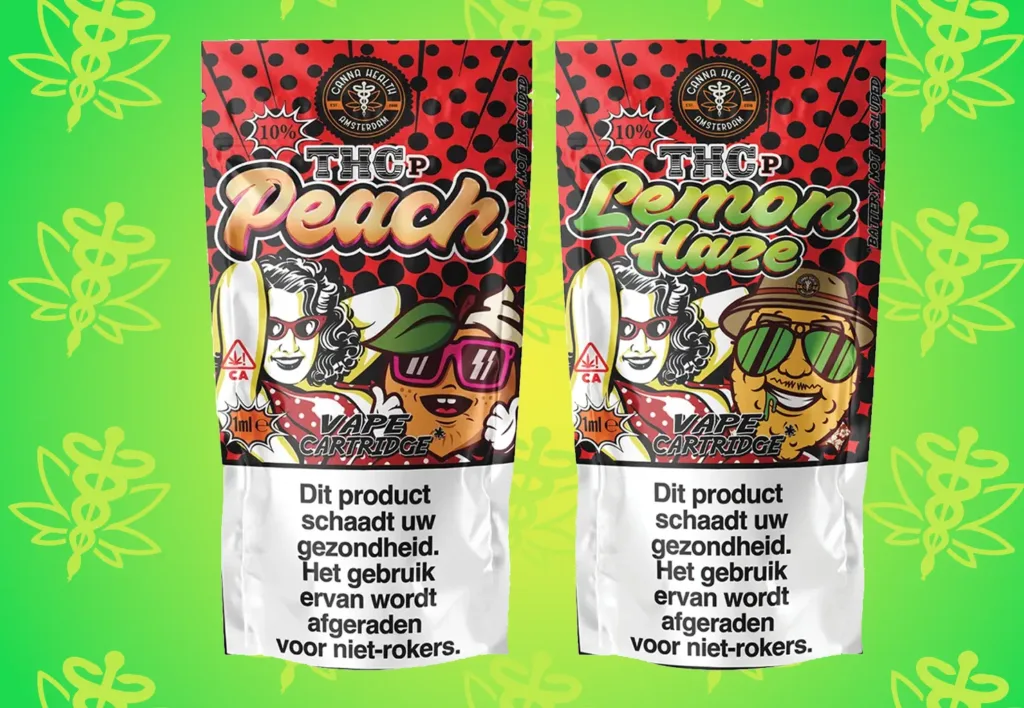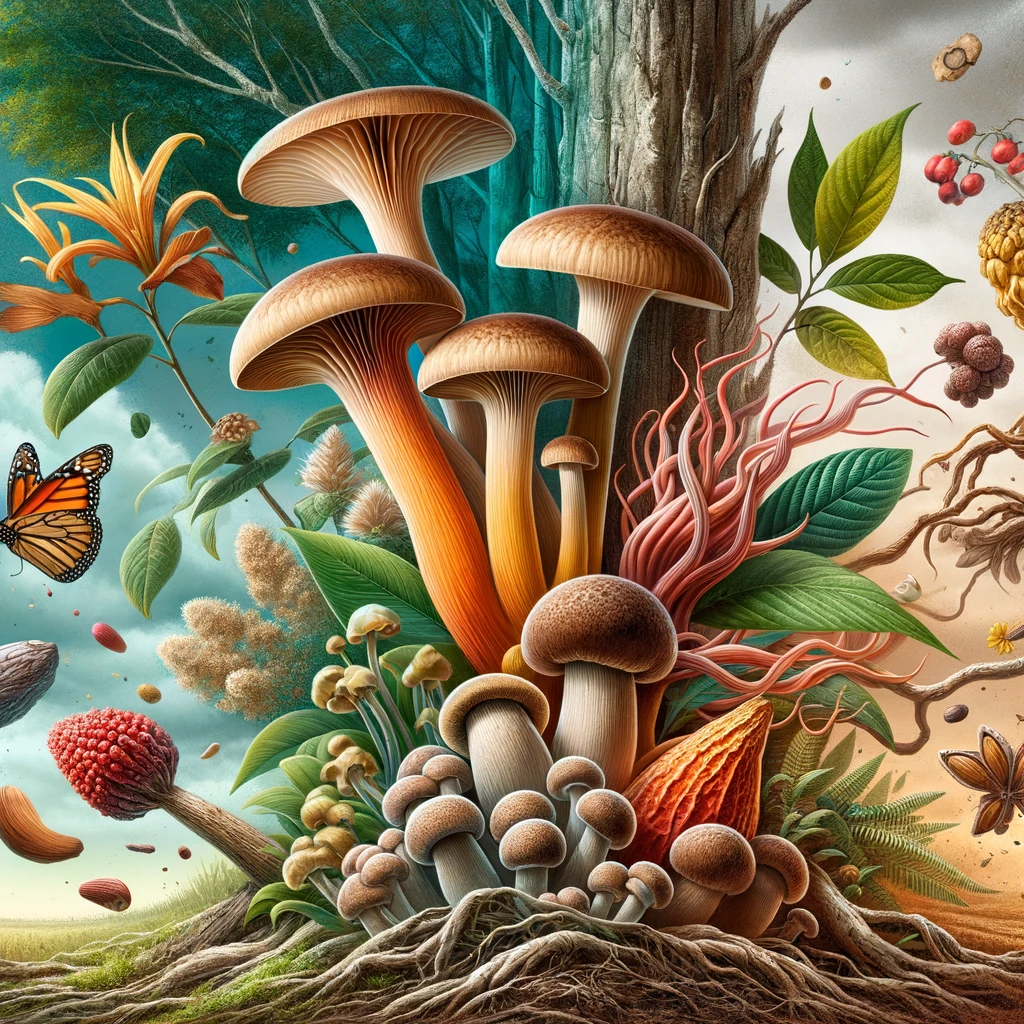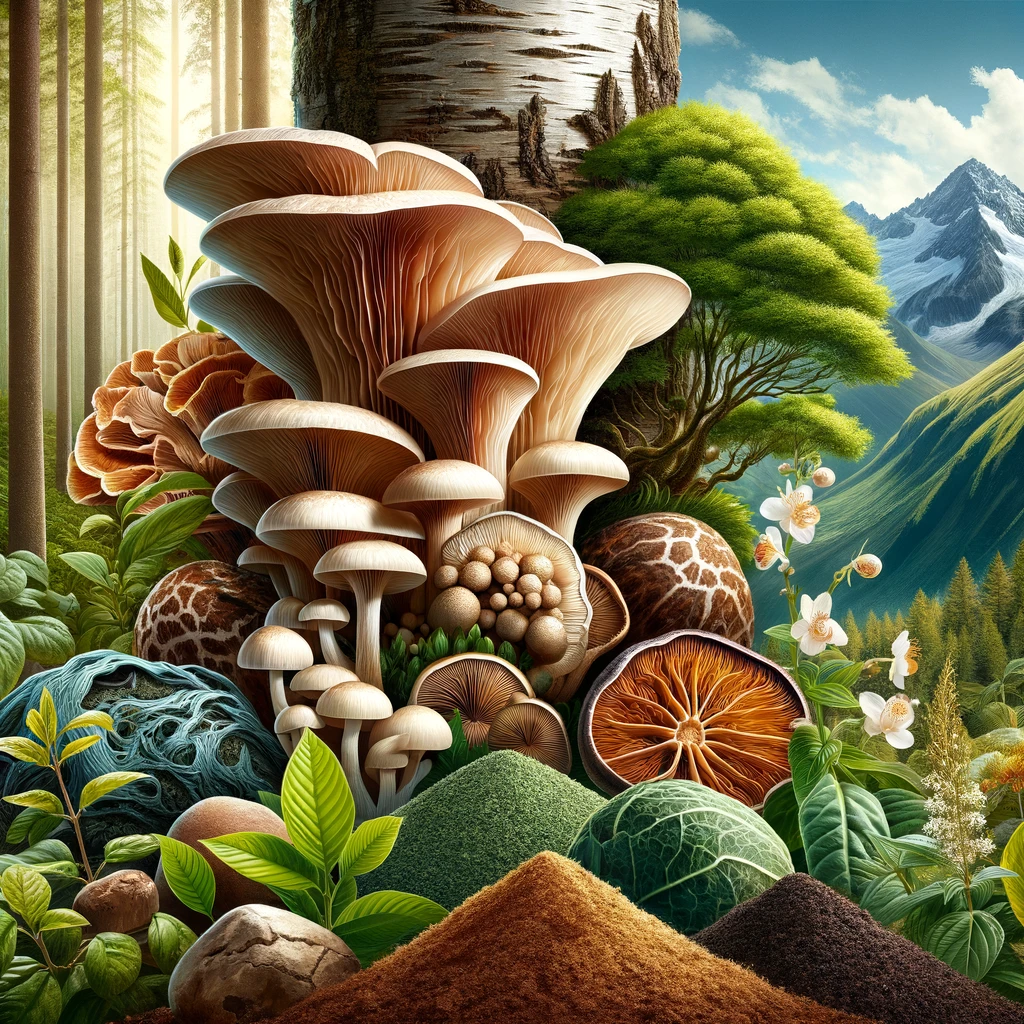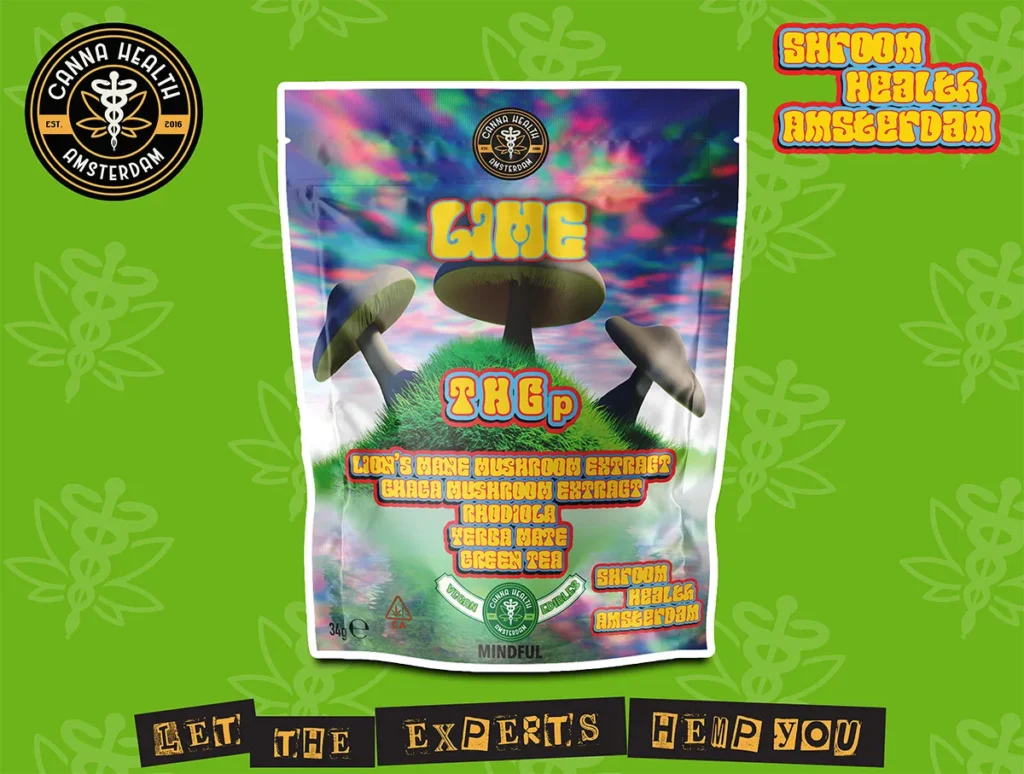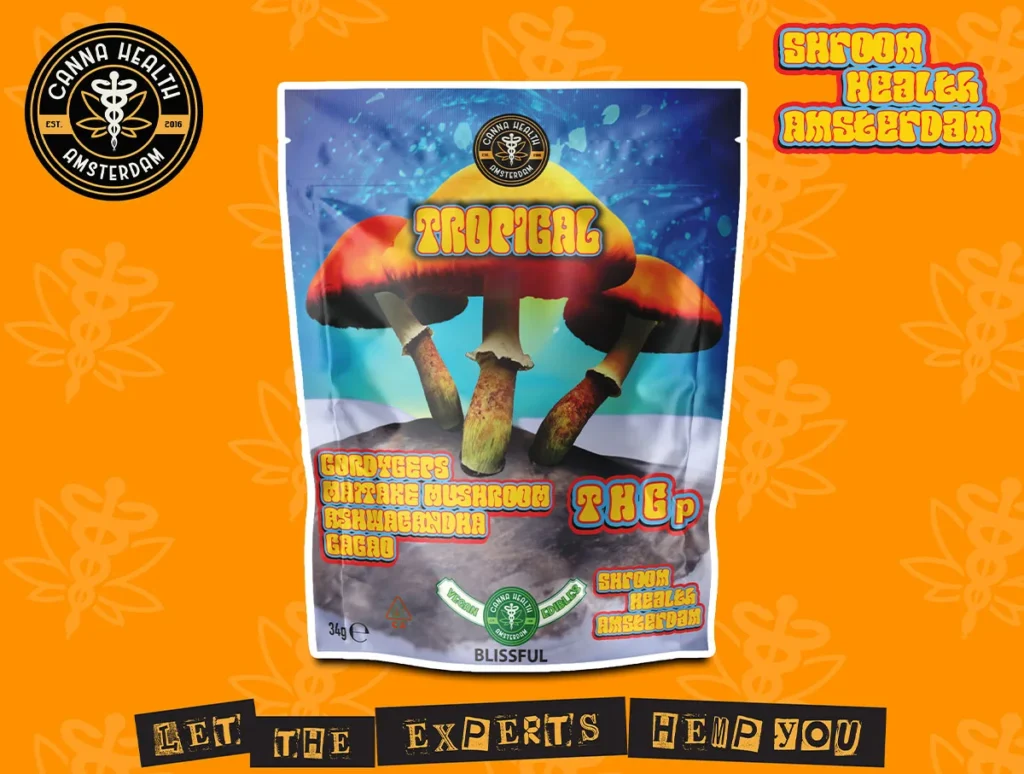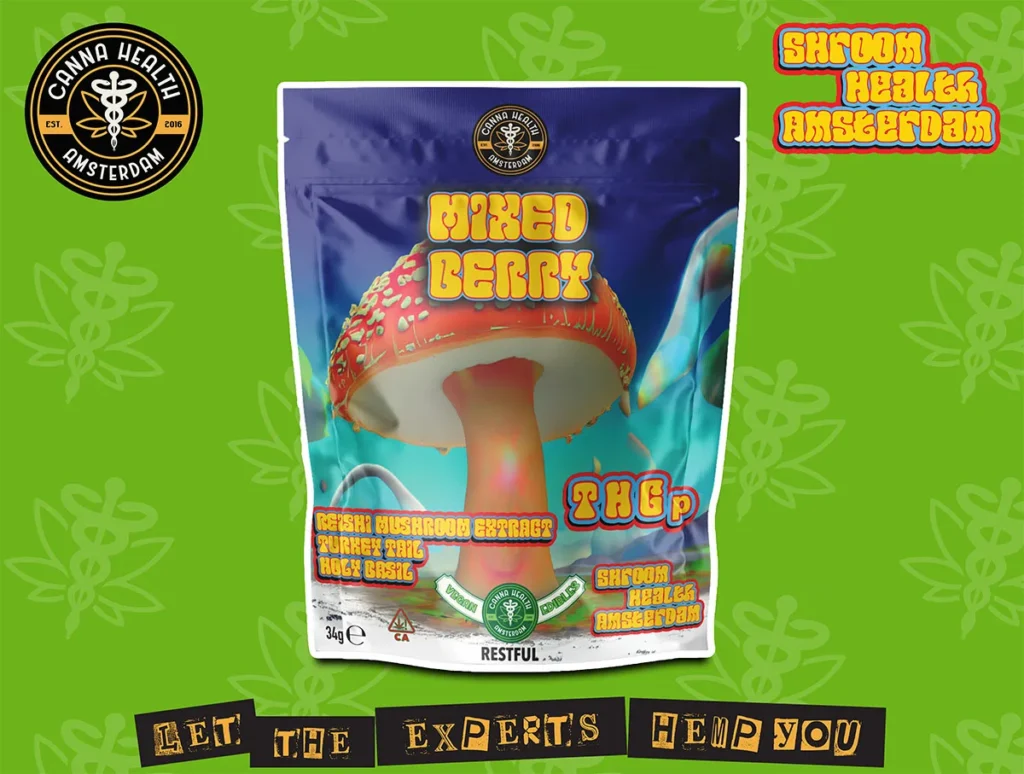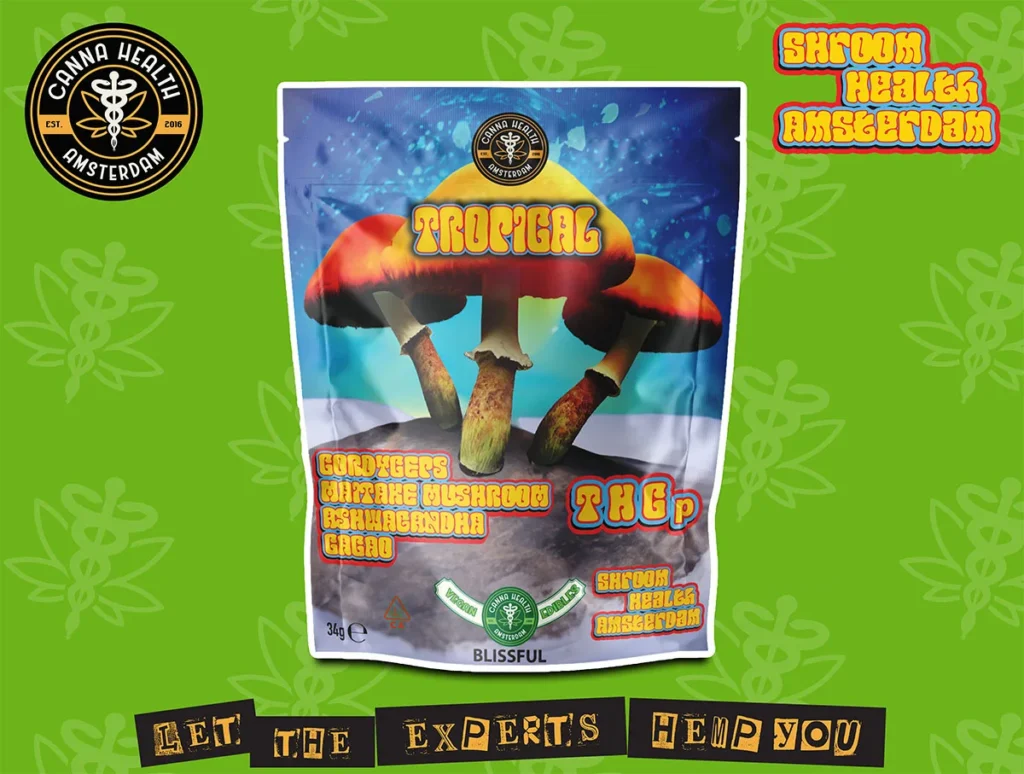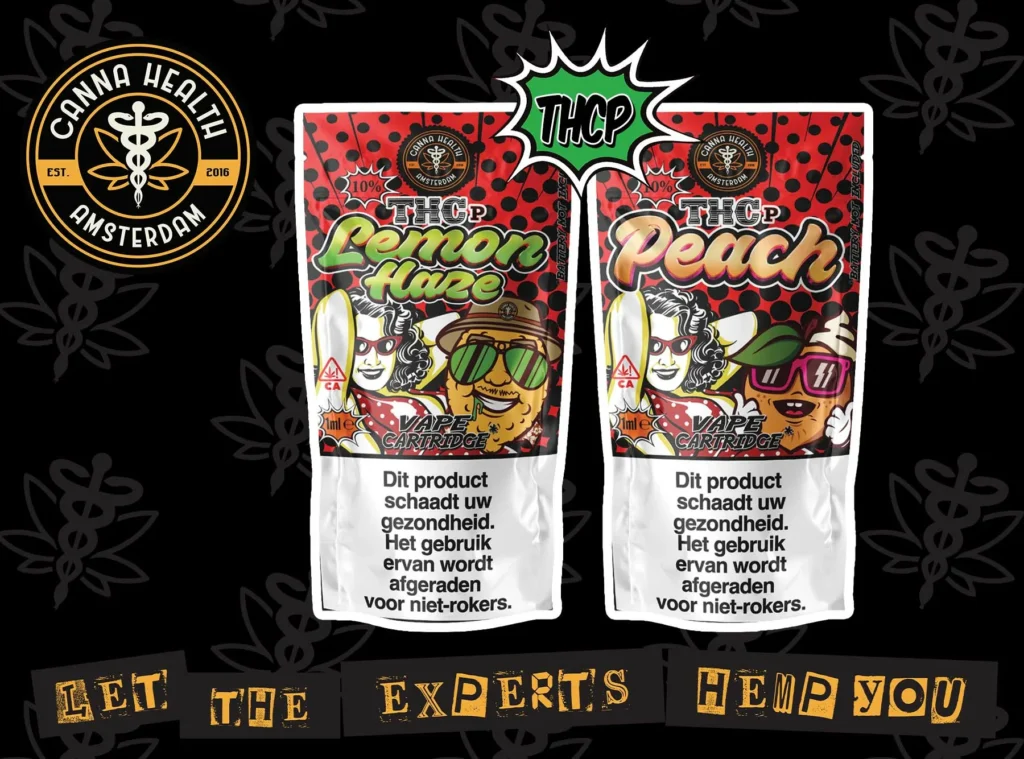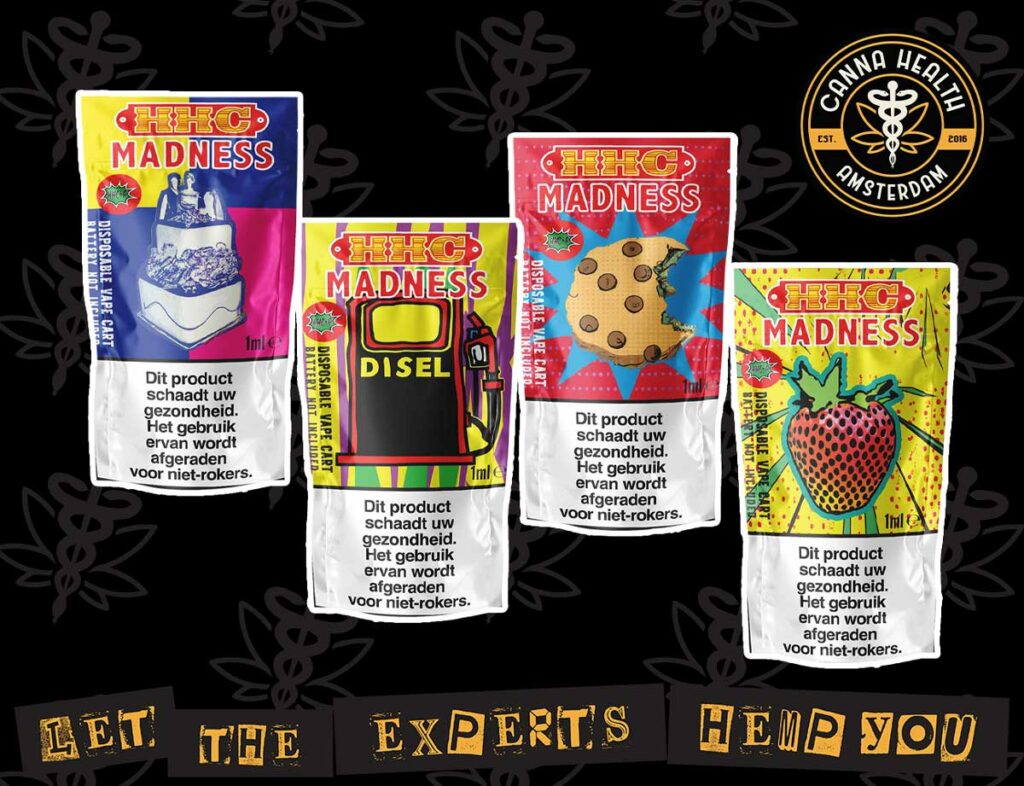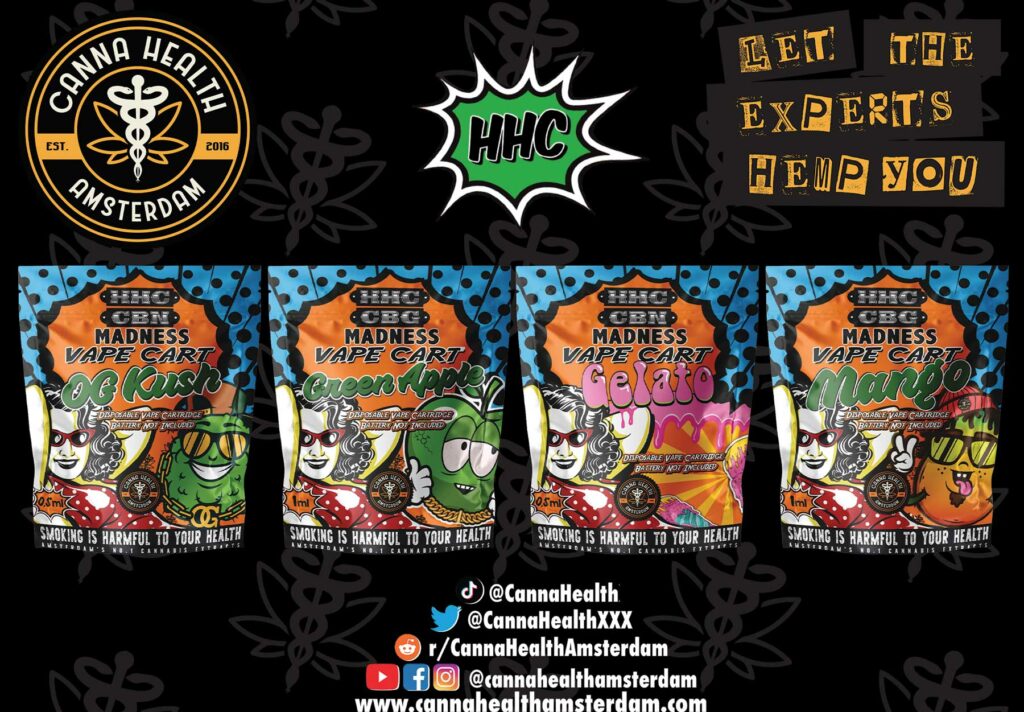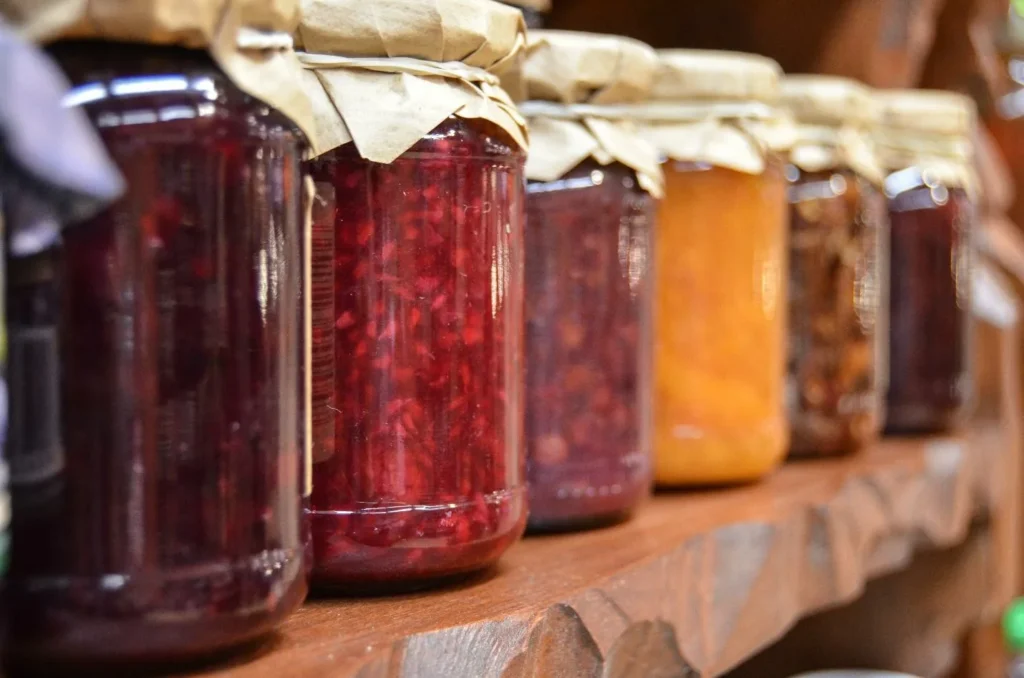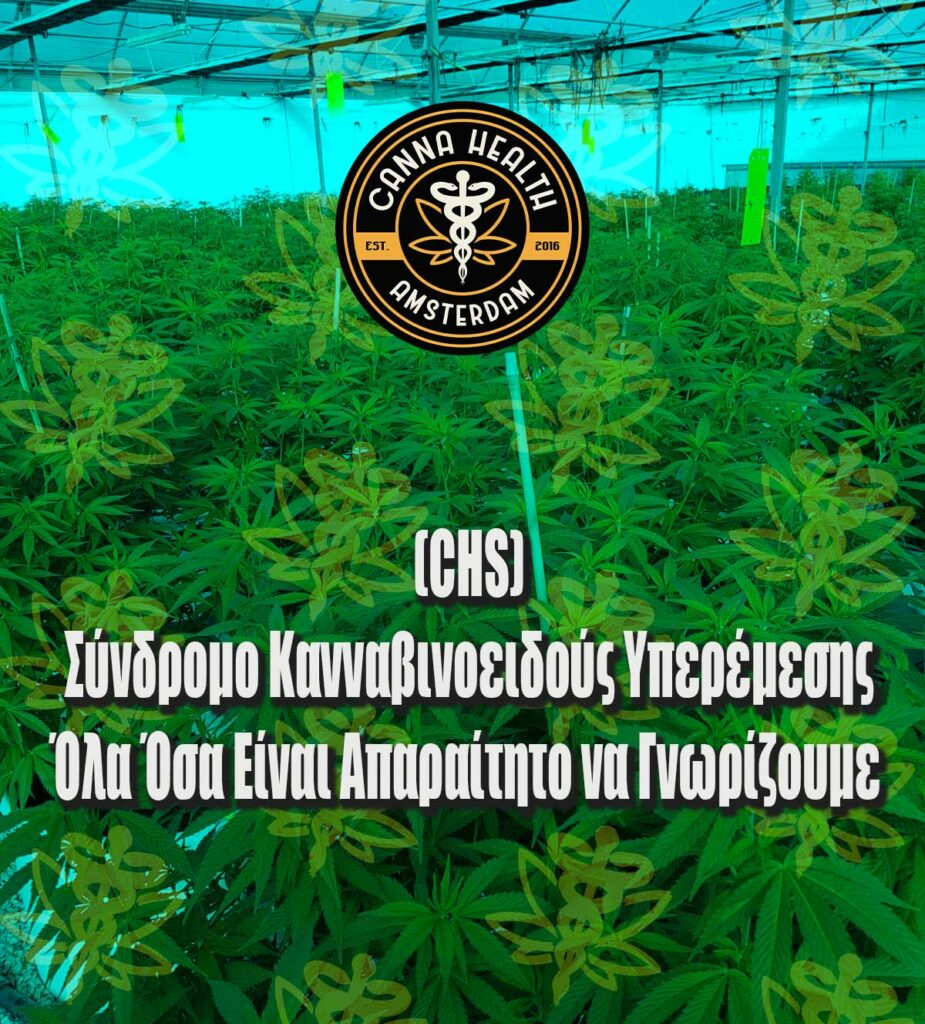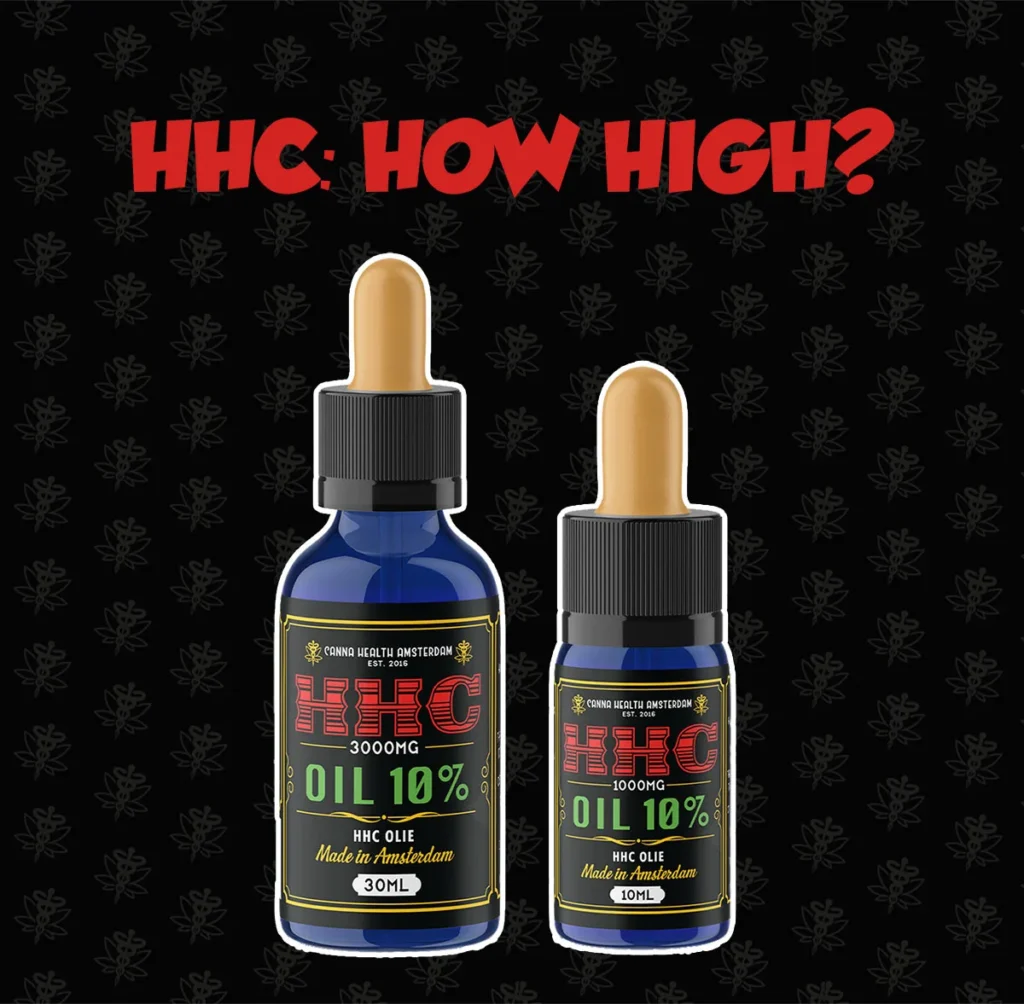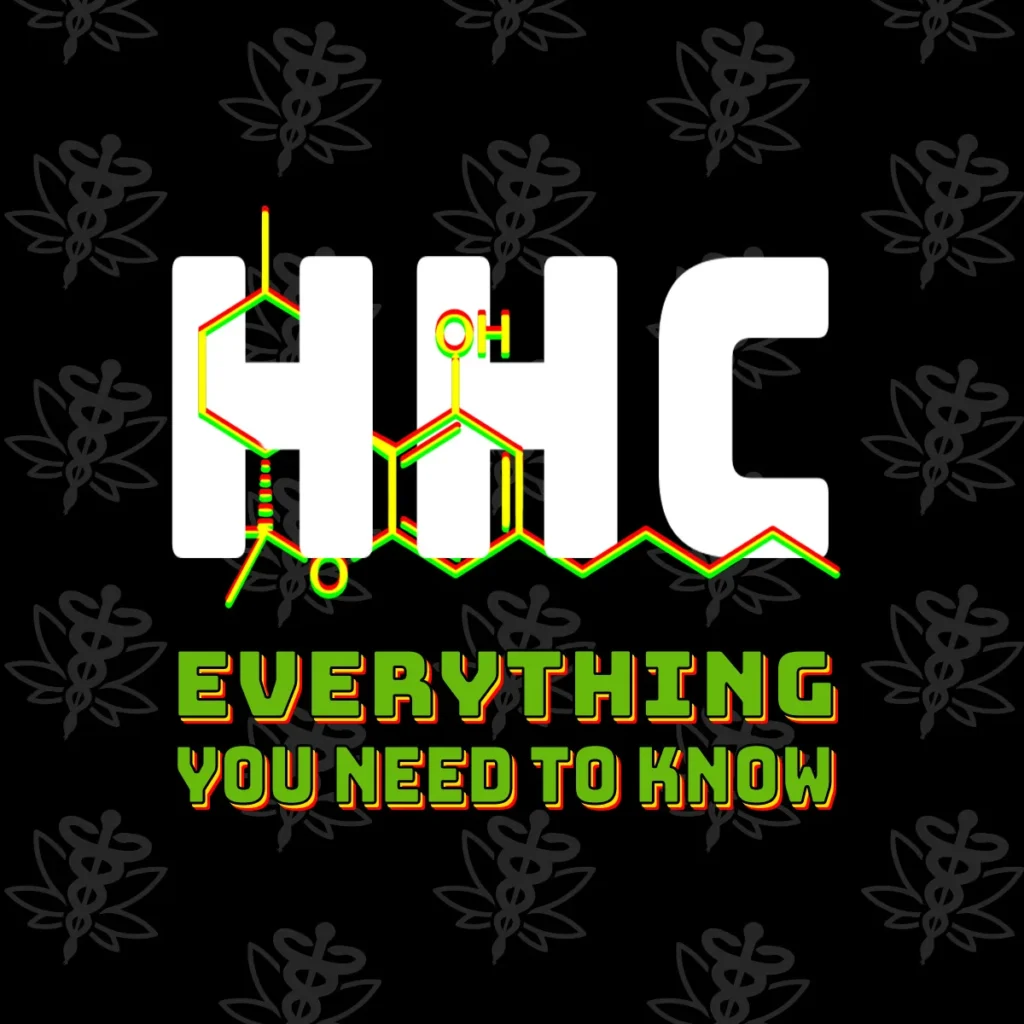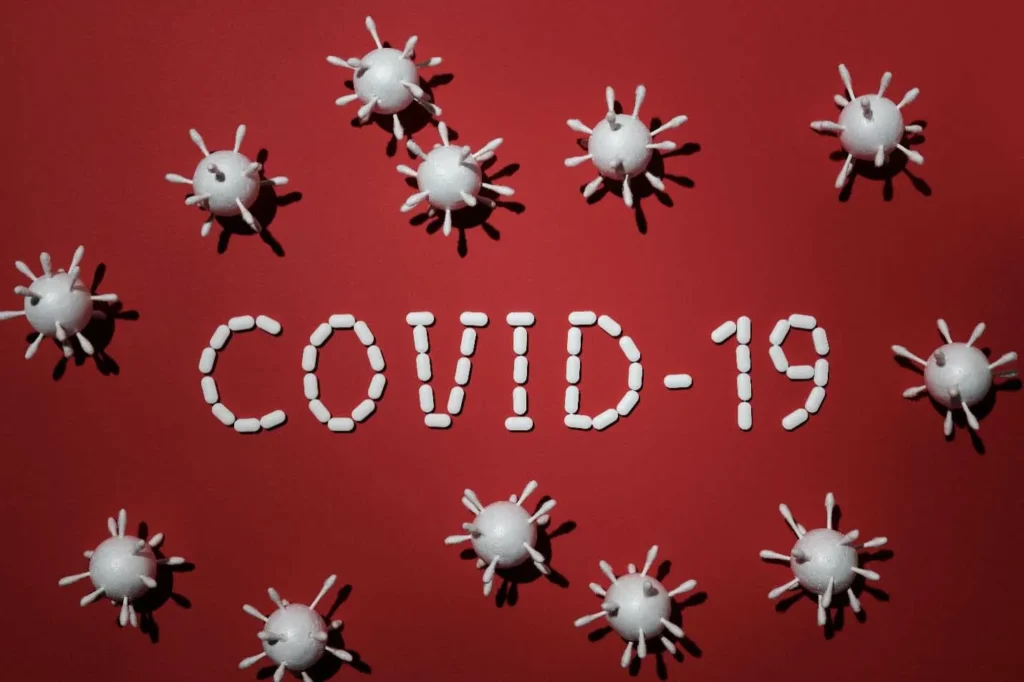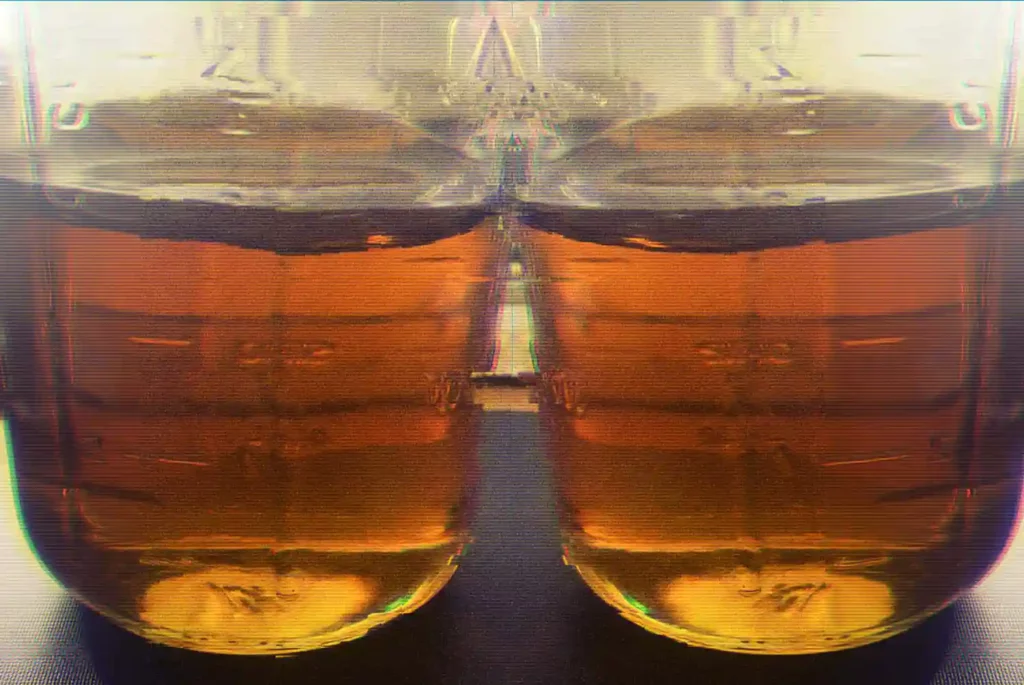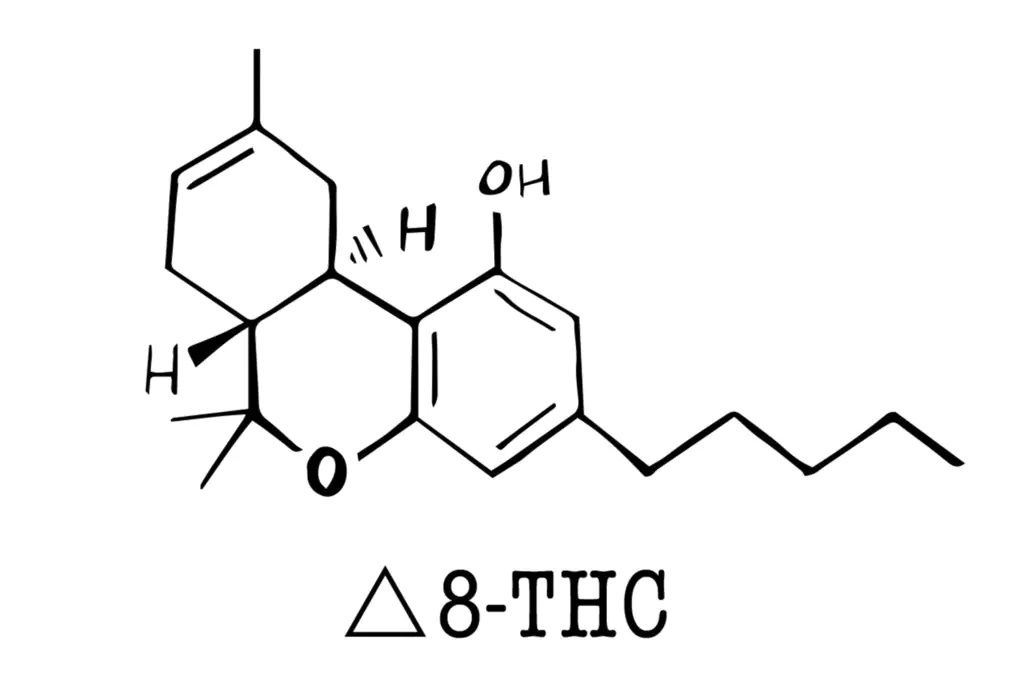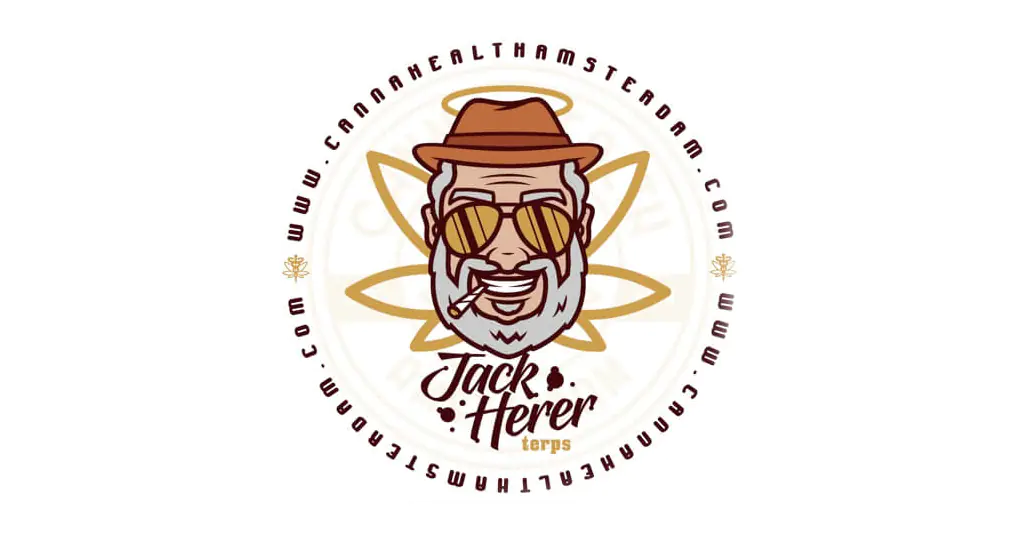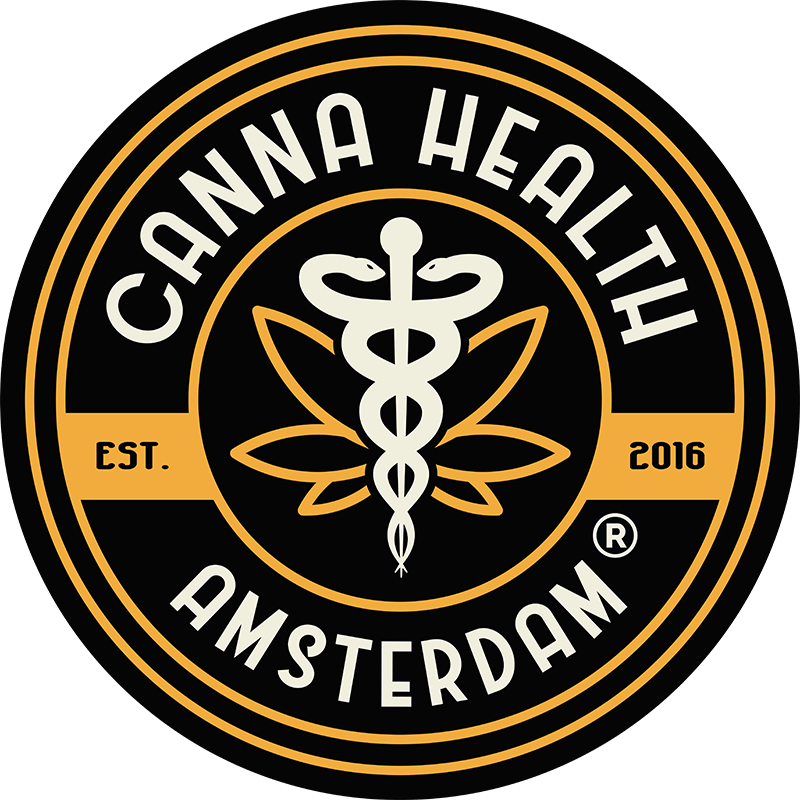
Cannabinoids

Cannabidiol (CBD) is one of the primary cannabinoids found in cannabis, renowned for its non-psychoactive properties and potential wellness benefits. At Canna Health Amsterdam, we offer a range of high-quality CBD products designed to support your overall well-being.
Frequently Asked Questions about CBD
CBD, short for Cannabidiol, is a non-psychoactive compound found in cannabis. Unlike THC, it does not induce a “high” and is appreciated for its potential health benefits.
CBD is used in various wellness products, including oils, edibles, creams, and capsules. It is popular for promoting a sense of calm and supporting overall balance in the body.
At Canna Health Amsterdam, we offer CBD in multiple forms to cater to diverse preferences and needs. Whether you prefer oils for sublingual use, edibles for easy consumption, or topical creams for targeted application, we have a product for you.
CBD interacts with the body’s endocannabinoid system, potentially promoting relaxation and well-being. Individual responses can vary, and effects are dose-dependent.
Research suggests that CBD may help maintain balance in the body and support general wellness. Many users report feeling more relaxed and balanced after using CBD products.
CBD itself is not typically classified as a drug. However, full-spectrum CBD products may contain trace amounts of THC, which could be detectable in drug tests. Always check product specifications.
Studies indicate that CBD is generally safe and well-tolerated. At Canna Health Amsterdam, we ensure all our products meet the highest safety standards. If you have any health concerns, consult with a healthcare provider before use.
CBD products made from hemp with less than 0.3% THC are legal in many regions. Our CBD products comply with all relevant legal requirements to ensure you receive safe and legal products.
You can purchase our high-quality CBD products directly from Canna Health Amsterdam. Visit our website or contact us to explore our range and find the perfect product for your needs.
Summary
CBD is a versatile and non-psychoactive cannabinoid with a range of potential benefits. At Canna Health Amsterdam, we are committed to providing you with premium CBD products to support your wellness journey. Always ensure you choose high-quality CBD products and consult with a healthcare provider if you have any questions.
Read more about CBD
CBD Cosmetics Guide – Skincare, Body & Beauty Care
CBD Oil Guide – Everything You Need to Know
Where to Buy CBD Oil in the Netherlands – Legal Guide & Trusted Sources
CBD Oil Side Effects & Safety – What You Should Know
CBD Oil for Focus & Energy – Clarity Without Caffeine
CBD Oil for Pain & Inflammation – Natural Relief Without THC
CBD Oil for Stress & Anxiety – Calm Without the High
CBD Oil for Sleep & Relaxation – Nighttime Balance Naturally
Full Spectrum vs Isolate CBD Oil: What’s the Difference?
How to Take CBD Oil & Find Your Ideal Dose
CBD Oil Benefits & How It Works
What Is CBD Oil – Benefits, Uses & Legality in Europe
Buy CBD Cosmetics Online – Trusted European Quality
CBD for Sensitive Skin – THC-Free & Gentle Care
CBD Massage Oils – Relaxation, Recovery & Skin Wellness
CBD Body Care – Lotions, Butters & Everyday Hydration
CBD Face Serum – Hydration, Balance & Radiant Skin
CBD Balm – Targeted Relief & Skin Repair
CBD Cosmetics – What They Are, How They Work & Why They’re Changing Skin Care
CBD Madness Oil No. 30 by Canna Health Amsterdam Wins at the Final Jack Herer Cup 2025
Why Choose Canna Health Amsterdam: Trusted CBD in an Unregulated Market
Cannabidiol as a Potential Therapeutic Agent in Breast Cancer
Malta Plans Cannabis Law Amendments to Define CBD and THC Products
Germany Introduces Tax Stamps for Hemp Flowers: A Milestone for the Industry
Do CBD Products Belong in Therapeutic Dermatology?
Why Choose Canna Health Amsterdam: Trust and Compliance in a Complex CBD Market
Parkinson’s Disease: The Therapeutic Potential of Cannabinoids
The Ultimate Guide to CBD Vapes: Everything You Need to Know
Exploring the Potential of CBD and CBG in Treating Complex Regional Pain Syndrome (CRPS)
CB2 Receptor: Impact on Mental Health & Cancer Research
CBG: Elevate Your Martial Arts Journey
Feel the CBD Magic with The Bodyguard Muscle Balm
Transform Your Wellness Journey with The Power of CBD: Spotlight on The Bodyguard Muscle Balm
CBD removed from the 2018 World Anti Doping Agency Prohibited List
CBG for Migraines
CBN vs CBG: Your Guide to the Day and Night Cannabinoids
Multiple Sclerosis and Cannabis
Can Taking CBD for Dementia Help?
Epileptic Seizures and Cannabis
Parkinson’s Disease and Cannabis
Конопля в истории Украины и России
The Blockchain and CBD – How are they connected?
Christmas Depression? How Cannabinoids May Combat the Holiday Blues
CBD vs CBG – What’s the Difference and Which One to Use
Can CBD Oil Help With Depression?
How Can CBD Help With Your Period
Medical Properties of Cannabinoids: A Research-Based Overview

Cannabigerol (CBG) is a minor cannabinoid found in cannabis, gaining recognition for its unique properties and potential benefits. At Canna Health Amsterdam, we offer high-quality CBG products crafted to enhance your well-being and support a balanced lifestyle.
Frequently Asked Questions about CBG
CBG, short for Cannabigerol, is a non-psychoactive cannabinoid found in cannabis. It is often referred to as the “mother cannabinoid” because it serves as a precursor to other cannabinoids like CBD and THC.
CBG is used in various wellness products, including oils, capsules, and topicals. It is appreciated for its potential to support overall health and well-being.
CBD (Cannabidiol) and CBG (Cannabigerol) are both non-psychoactive cannabinoids found in cannabis. While CBD is well-known for promoting relaxation and supporting overall wellness, CBG is often referred to as the “mother cannabinoid” because it is a precursor to other cannabinoids like CBD and THC. CBG is appreciated for its potential to support overall health and maintain bodily balance. Both interact with the endocannabinoid system but may offer slightly different benefits, making them valuable for various wellness needs. At Canna Health Amsterdam, we provide high-quality products for both cannabinoids to cater to diverse preferences.
At Canna Health Amsterdam, we provide CBG in multiple forms to meet different needs and preferences. Whether you choose oils for their versatility, capsules for convenience, or topicals for targeted application, we ensure top-notch quality.
CBG interacts with the body’s endocannabinoid system, potentially promoting a sense of balance and well-being. The effects can vary depending on the individual and the dosage.
Research suggests that CBG may offer various wellness benefits, including supporting overall health and maintaining bodily balance. Many users report positive experiences with CBG products.
CBD itself is not typically classified as a drug. However, full-spectrum CBD products may contain trace amounts of THC, which could be detectable in drug tests. Always check product specifications.
Studies indicate that CBG is generally safe and well-tolerated. At Canna Health Amsterdam, all our CBG products undergo rigorous testing to ensure safety and quality. Consult with a healthcare provider if you have any concerns.
CBG products derived from hemp are legal in many regions, provided they contain less than 0.3% THC. Our CBG products comply with legal standards to ensure they are safe and legal for you to use.
You can purchase our premium CBG products directly from Canna Health Amsterdam. Visit our website or contact us to explore our range and find the best product for your needs.
Summary
CBG is a promising cannabinoid with potential wellness benefits. At Canna Health Amsterdam, we are dedicated to providing high-quality CBG products to support your health and well-being. Choose from our range of CBG offerings and experience the potential benefits of this unique cannabinoid. For any questions or concerns, always consult with a healthcare provider.
Read more about CBG
CBG Gummies for Sale in Europe: What to Look For
CBG Gummies for Focus and Calm: What to Expect
Best CBG Gummies in Europe (2025): Focus, Calm & Balance
What Is CBG in Gummies? Benefits, Effects & Uses Explained
CBG Oil Guide 2025 — Everything You Need to Know About Cannabigerol
CBG Oil Reviews & Real-World Experiences
CBG Oil for Anxiety and Stress Relief
Best CBG Oil for Sale in Europe (2025 Update)
CBG vs CBD — Key Differences Explained
CBG Oil Benefits — What Science Says (2025 Guide)
What Is CBG Oil? Benefits, Uses, and How It Works
Buy CBD Cosmetics Online – Trusted European Quality
CBD for Sensitive Skin – THC-Free & Gentle Care
CBD Massage Oils – Relaxation, Recovery & Skin Wellness
CBD Body Care – Lotions, Butters & Everyday Hydration
CBD Face Serum – Hydration, Balance & Radiant Skin
CBD Balm – Targeted Relief & Skin Repair
CBD Cosmetics – What They Are, How They Work & Why They’re Changing Skin Care
CBD Madness Oil No. 30 by Canna Health Amsterdam Wins at the Final Jack Herer Cup 2025
Why Choose Canna Health Amsterdam: Trusted CBD in an Unregulated Market
Cannabidiol as a Potential Therapeutic Agent in Breast Cancer
Do CBD Products Belong in Therapeutic Dermatology?
Why Choose Canna Health Amsterdam: Trust and Compliance in a Complex CBD Market
Kanna + CBG: Anti-Stress Combination for Focus & Mood
Parkinson’s Disease: The Therapeutic Potential of Cannabinoids
Lion’s Mane, Kanna, and CBG: A Powerful Trio for Cognitive Wellness and Emotional Balance
CBG as an Anti-Cancer Agent
The Combined Benefits of Reishi and CBG: A Comprehensive Guide
The Combined Benefits of CBG and Lion’s Mane: A Comprehensive Guide
The Ultimate Guide to CBD Vapes: Everything You Need to Know
CBG as a Neuroprotective Agent in Huntington’s Disease
Exploring the Therapeutic Potential of CBG in Neuroinflammation
Exploring the Potential of CBD and CBG in Treating Complex Regional Pain Syndrome (CRPS)
CB2 Receptor: Impact on Mental Health & Cancer Research
Unveiling the Power Duo: CBG and CBN Explained
CBG: Elevate Your Martial Arts Journey
Anxiety and Cannabis
CBG for Migraines
CBN vs CBG: Your Guide to the Day and Night Cannabinoids
Multiple Sclerosis and Cannabis
Can Cannabis Help Fibromyalgia?
Epileptic Seizures and Cannabis
Parkinson’s Disease and Cannabis
Christmas Depression? How Cannabinoids May Combat the Holiday Blues
CBG – The Dark Horse of the Cannabinoid Family
CBD vs CBG – What’s the Difference and Which One to Use
CBG: Inflammation and Brain Stimulation
CBG Benefits: Inflammation, Muscle & Joint Pain
How Can CBD Help With Your Period
Medical Properties of Cannabinoids: A Research-Based Overview

Cannabinol (CBN) is a minor cannabinoid found in cannabis, known for its potential sedative properties and other benefits. At Canna Health Amsterdam, we offer high-quality CBN products to support your wellness and promote restful sleep.
Frequently Asked Questions about CBN
CBN, short for Cannabinol, is a mildly psychoactive cannabinoid found in cannabis, formed as THC ages. It is often associated with promoting relaxation and sleep.
CBN is commonly used in wellness products aimed at promoting sleep and relaxation. It is found in oils, capsules, and other forms designed to support a restful night’s sleep.
At Canna Health Amsterdam, we offer CBN in various forms to suit different preferences. Oils for versatility, capsules for convenience, and other products for targeted use ensure you can choose what works best for you.
CBN is known for its potential sedative effects, making it popular for promoting sleep and relaxation. The effects can vary depending on the individual and dosage.
Research suggests that CBN may help support sleep and relaxation, contributing to overall wellness. Many users find CBN products helpful for improving sleep quality.
CBN itself is mildly psychoactive but not typically considered a drug. However, it may show up in drug tests if the product contains detectable levels of THC. Always check product specifications.
Studies indicate that CBN is generally safe and well-tolerated. At Canna Health Amsterdam, we ensure all our CBN products meet the highest safety standards. Consult with a healthcare provider if you have any concerns.
CBN products derived from hemp are legal in many regions, provided they contain less than 0.3% THC. Our CBN products comply with all relevant legal requirements.
You can purchase our premium CBN products directly from Canna Health Amsterdam. Visit our website or contact us to explore our range and find the perfect product for your needs.
CBD (Cannabidiol) and CBN (Cannabinol) are both cannabinoids found in cannabis. CBD is non-psychoactive and known for promoting relaxation and overall wellness. CBN is mildly psychoactive and often associated with sedative effects, making it popular for sleep support. Both interact with the endocannabinoid system but offer different benefits, allowing you to choose based on your specific needs.
Summary
CBN is a promising cannabinoid with potential benefits for sleep and relaxation. At Canna Health Amsterdam, we are dedicated to providing high-quality CBN products to support your wellness journey. Explore our range of CBN offerings to find the right product for your needs. For any questions or concerns, always consult with a healthcare provider.
Read more about CBN
Where to Buy CBN Oil in Europe – Trusted Quality & Legal Access
CBN Oil Side Effects & Safety – What You Should Know
CBN Oil Dosage & How to Use It – Find Your Ideal Balance
CBN Oil Benefits & Effects – Calm, Balance & Better Sleep
CBN Oil for Sleep – Better Rest Naturally
CBN Oil Guide – Benefits, Uses & Legality
Why Choose Canna Health Amsterdam: Trusted CBD in an Unregulated Market
Why Choose Canna Health Amsterdam: Trust and Compliance in a Complex CBD Market
Parkinson’s Disease: The Therapeutic Potential of Cannabinoids
Reishi, CBN, and Kratom: A Powerful Combination for Better Sleep
The Ultimate Guide to CBD Vapes: Everything You Need to Know
Unveiling the Power Duo: CBG and CBN Explained
CBN vs CBG: Your Guide to the Day and Night Cannabinoids
Christmas Depression? How Cannabinoids May Combat the Holiday Blues
CBN and Mental Health
Cannabinoids 101: Cannabinol (CBN)
How CBN Can Give You a Good Night’s Sleep
CBN: The Lesser Known Cannabinoid with a Stellar Health Profile
Medical Properties of Cannabinoids: A Research-Based Overview

Tetrahydrocannabivarin (THCv) is a cannabinoid found in cannabis, known for its unique effects that differentiate it from THC. At Canna Health Amsterdam, we offer high-quality THCV products to enhance your wellness experience.
Frequently Asked Questions about THCv
THCV, short for Tetrahydrocannabivarin, is a cannabinoid found in cannabis. It may have psychoactive effects at higher doses and is being researched for its potential health benefits.
THCv is primarily used in research and is being studied for its potential benefits in managing diabetes, blood sugar levels, and weight loss.
THCv is known for its stimulating and clear-headed effects. Unlike THC, it may reduce appetite and promote alertness, making it popular for daytime use.
Research suggests that THCv may help enhance focus and energy, and it is being studied for its potential to manage blood sugar levels and support weight loss. Users often report feeling more energized and clear-headed.
THCv is generally considered safe when used responsibly. At Canna Health Amsterdam, we ensure all our THCv products meet the highest safety standards. Consult with a healthcare provider if you have any concerns.
The legality of THCv varies by country and is rapidly evolving. It is crucial to research the specific laws in your region before purchasing or using THCv products.
Summary
THCv is a promising cannabinoid with potential benefits for focus, energy, and managing health conditions like diabetes and weight loss. At Canna Health Amsterdam, we are dedicated to providing high-quality THCv products to support your wellness journey. Due to changing legal statuses, always research the laws in your area before using THCv. For any questions or concerns, consult with a healthcare provider.
Read more about THCv
The Combined Benefits of THCV and Maitake Mushroom
Metformin: Medical Application vs Lifestyle Misuse
Potential of THCV in Parkinson’s Disease
THCv: Weight Loss, Legal Status and Beyond
THCV vs. Diabetes Medicine: A Comparative Analysis
The Shift from Traditional Diabetes Medications to THC-V: A Comprehensive Analysis
Tetrahydrocannabivarin (THCV) in the treatment of cancer
THCV: Don’t wait to lose weight
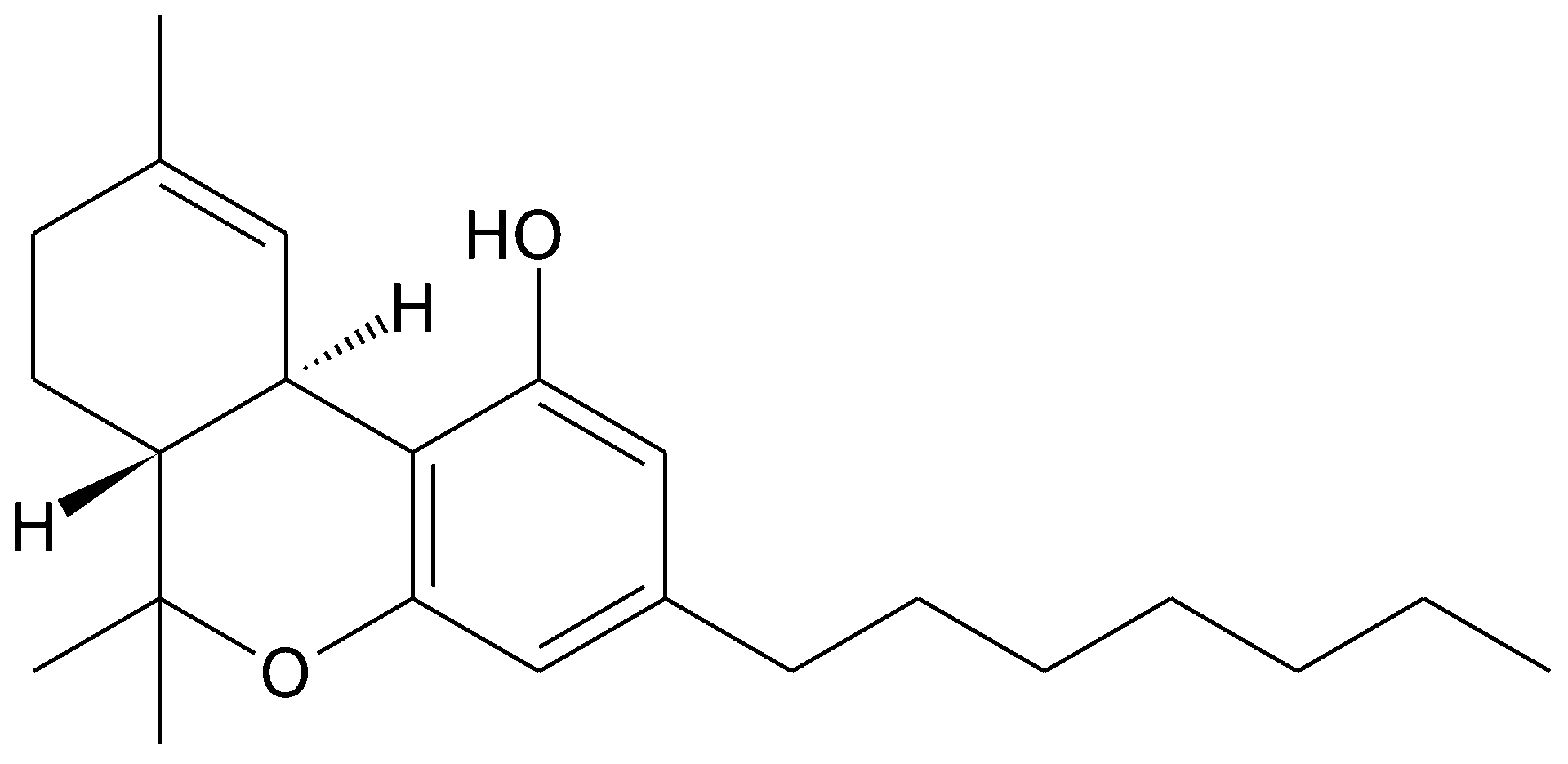
Frequently Asked Questions about THCp
THCp is a highly potent compound that should be handled with care in controlled environments. At Canna Health Amsterdam, all THCp reference materials undergo rigorous quality and purity testing to ensure they meet analytical-grade standards. Laboratory personnel should always follow appropriate safety and handling protocols when working with THCp.
The legal status of Tetrahydrocannabiphorol (THCp) varies between jurisdictions and is subject to ongoing regulatory changes. In the European Union, THCp is not approved for use in food, cosmetics, or consumable products. Our THCp materials are provided exclusively for research and analytical purposes, and it is the buyer’s responsibility to ensure compliance with local laws and import regulations before ordering.
Summary
Tetrahydrocannabiphorol (THCp) is a recently characterized cannabinoid known for its strong receptor affinity and scientific interest in cannabinoid research. At Canna Health Amsterdam, we supply high-purity THCp reference materials designed for laboratory analysis and research applications. Because THCp’s legal status continues to evolve internationally, researchers and institutions should always verify local regulations before ordering or handling THCp materials. All products are intended strictly for research or analytical use and are not for human consumption, inhalation, or topical use.
Read more about THCp
THCP, a new legal high in Europe
THCp: A Revolutionary Cannabinoid Reshaping Cannabis Science
What is THCP?
CBG Gummies for Sale in Europe: What to Look For
CBG Gummies for Focus and Calm: What to Expect
Best CBG Gummies in Europe (2025): Focus, Calm & Balance
What Is CBG in Gummies? Benefits, Effects & Uses Explained
CBG Oil Guide 2025 — Everything You Need to Know About Cannabigerol
CBG Oil Reviews & Real-World Experiences
CBG Oil for Anxiety and Stress Relief
Best CBG Oil for Sale in Europe (2025 Update)
CBG vs CBD — Key Differences Explained
CBG Oil Benefits — What Science Says (2025 Guide)
What Is CBG Oil? Benefits, Uses, and How It Works
Where to Buy CBN Oil in Europe – Trusted Quality & Legal Access
CBN Oil Side Effects & Safety – What You Should Know
CBN Oil Dosage & How to Use It – Find Your Ideal Balance
CBN Oil Benefits & Effects – Calm, Balance & Better Sleep
CBN Oil for Sleep – Better Rest Naturally
CBN Oil Guide – Benefits, Uses & Legality
CBD Cosmetics Guide – Skincare, Body & Beauty Care
CBD Oil Guide – Everything You Need to Know
Where to Buy CBD Oil in the Netherlands – Legal Guide & Trusted Sources
CBD Oil Side Effects & Safety – What You Should Know
CBD Oil for Focus & Energy – Clarity Without Caffeine
CBD Oil for Pain & Inflammation – Natural Relief Without THC
CBD Oil for Stress & Anxiety – Calm Without the High
CBD Oil for Sleep & Relaxation – Nighttime Balance Naturally
Full Spectrum vs Isolate CBD Oil: What’s the Difference?
How to Take CBD Oil & Find Your Ideal Dose
CBD Oil Benefits & How It Works
What Is CBD Oil – Benefits, Uses & Legality in Europe
Buy CBD Cosmetics Online – Trusted European Quality
CBD for Sensitive Skin – THC-Free & Gentle Care
CBD Massage Oils – Relaxation, Recovery & Skin Wellness
CBD Body Care – Lotions, Butters & Everyday Hydration
CBD Face Serum – Hydration, Balance & Radiant Skin
CBD Balm – Targeted Relief & Skin Repair
CBD Cosmetics – What They Are, How They Work & Why They’re Changing Skin Care
CBD Madness Oil No. 30 by Canna Health Amsterdam Wins at the Final Jack Herer Cup 2025
Why Choose Canna Health Amsterdam: Trusted CBD in an Unregulated Market
Cannabidiol as a Potential Therapeutic Agent in Breast Cancer
Ukraine Opens Its Largest Industrial Hemp Processing Facility
Malta Plans Cannabis Law Amendments to Define CBD and THC Products
Turkey Expands Industrial Hemp Law to Healthcare
Germany Introduces Tax Stamps for Hemp Flowers: A Milestone for the Industry
Do CBD Products Belong in Therapeutic Dermatology?
Hemp in Aviation: Can It Reduce Carbon Emissions and Power Planes Sustainably?
Why Choose Canna Health Amsterdam: Trust and Compliance in a Complex CBD Market
Chaga Mushroom and Skin: Nature’s Most Powerful Antioxidant?
Microdosing Explained: What It Is and How to Do It Safely
Reishi vs. Chronic Inflammation: Nature’s Answer to Modern Burnout
Why is everyone talking about Lion’s Mane?
Kanna Microdosing Guide: Natural Mood Support
Lion’s Mane Mushroom Benefits: Memory, Mood & More
Reishi for Stress, Sleep and Immunity: Why It’s Called the Queen of Mushrooms
What Are Alkaloids? A Closer Look at Kanna’s Active Compounds
Lion’s Mane + Reishi: The Ultimate Mushroom Duo for Focus, Immunity, and Stress Relief
Kanna + CBG: Anti-Stress Combination for Focus & Mood
Canna Health Amsterdam Introduces Shroom Health Amsterdam at Athens Cannabis Expo 2025
Canna Health Amsterdam Introduces its New Venture, CBD Madness Club, at Athens Cannabis Expo 2025
Banana OG Cannabis Seeds: A Tropical Hybrid from Canna Health Amsterdam
Cherry Gorilla Cannabis Seeds: A Potent Hybrid from Canna Health Amsterdam
Strawberry Kush Cannabis Seeds: A Sweet and Potent Hybrid from Canna Health Amsterdam
Wedding Cake Cannabis Seeds: Premium Quality from Canna Health Amsterdam
Parkinson’s Disease: The Therapeutic Potential of Cannabinoids
The Ultimate Guide to Kratom Gummies: Benefits, Effects, and Usage
Northern Lights Auto EU Cannabis Seeds: A Legendary Auto-Flowering Classic from Canna Health Amsterdam
Canna Health Amsterdam Premium Cannabis Seeds
Lion’s Mane, Kanna, and CBG: A Powerful Trio for Cognitive Wellness and Emotional Balance
Reishi, CBN, and Kratom: A Powerful Combination for Better Sleep
What is Kratom?
Understanding THCP Products and Their Role in Pain Management
Nootropic Properties of Lion’s Mane, Chaga, and Reishi Mushrooms
What Are Nootropics? A Comprehensive Guide
Best THC Gummies in the UK (2026): Your Guide to Premium Quality Edibles
What is Kanna?
Now Available at Canna Health Amsterdam: Grassroots California
The Combined Benefits of THCV and Maitake Mushroom
Napoleon Bonaparte’s Complex Relationship with Cannabis and Hemp in the Napoleonic Wars
CBG as an Anti-Cancer Agent
The Combined Benefits of Reishi and CBG: A Comprehensive Guide
The Combined Benefits of CBG and Lion’s Mane: A Comprehensive Guide
The Ultimate Guide to CBD Vapes: Everything You Need to Know
Exploring Muscimol HBr: A Comprehensive Guide
The Role of Mushrooms in Human Evolution: Exploring the Stoned Ape Theory
The Role of MAPS in Advancing Psychedelic Research
Exploring the Spiritual Dimensions of Psychedelics
Practical Insights for Safe and Effective Psychedelic Experiences
The Evolution of Psychedelic Research and Its Impact on Modern Science
CBG as a Neuroprotective Agent in Huntington’s Disease
Metformin: Medical Application vs Lifestyle Misuse
Exploring the Therapeutic Potential of CBG in Neuroinflammation
What is Muscimol?
Potential of THCV in Parkinson’s Disease
A Fungal Superfood: Boost Immunity & Mental Health with Lion’s Mane
Reishi: Health Wonders of the Immortality Mushroom
Psilocybin: An In-depth Look
Muscimol: The Enigmatic Compound of Amanita Mushrooms
THCv: Weight Loss, Legal Status and Beyond
Premium THCP Vape Cartridges from Canna Health Amsterdam
Exploring the Potential of CBD and CBG in Treating Complex Regional Pain Syndrome (CRPS)
Cordyceps, Maitake, Ashwagandha, and Cacao Extracts – The Combined Power
Lion’s Mane, Chaga, Rhodiola, Yerba Mate, and Green Tea – The Combined Benefits
Reishi Mushroom Extract, Turkey Tail and Holy Basil: The Benefits of a Powerful Trio
THCV vs. Diabetes Medicine: A Comparative Analysis
The Shift from Traditional Diabetes Medications to THC-V: A Comprehensive Analysis
HHC-P: The Powerful New Cannabinoid on the Scene
Cannabis Chronicles: A Historic High
CB2 Receptor: Impact on Mental Health & Cancer Research
HHCP: The Next Generation Cannabinoid
Tetrahydrocannabivarin (THCV) in the treatment of cancer
Unveiling the Power Duo: CBG and CBN Explained
Unlocking the Health Wonders of Chaga Mushroom Extract
Cordyceps: Health Wonders of the Fungal Superfood
Turkey Tail: The Colorful Fungal Superfood and Its Health Benefits
Unveiling the Wonders of the Maitake Mushroom
Enhance Your Experience with Premium THCP Vapes
THCV: Don’t wait to lose weight
A Deep Dive into HHC-P: The New Game Changer in the Vaping World
CBG: Elevate Your Martial Arts Journey
Feel the CBD Magic with The Bodyguard Muscle Balm
Transform Your Wellness Journey with The Power of CBD: Spotlight on The Bodyguard Muscle Balm
Elevate Your Vaping Journey: Embrace Canna Health Amsterdam’s Unbeatable HHC Vapes
HHC in the European Legal Spotlight: A Rollercoaster of Regulation
CBD removed from the 2018 World Anti Doping Agency Prohibited List
420: The Meaning and Origin of the Weed Holiday
What is Dawamesk? This Cannabis Jam is Becoming Popular
Cannabinoid Hyperemesis Syndrome (CHS): Everything You Need to Know
Anxiety and Cannabis
CBG for Migraines
CBN vs CBG: Your Guide to the Day and Night Cannabinoids
Multiple Sclerosis and Cannabis
Can Cannabis Help Fibromyalgia?
Can Taking CBD for Dementia Help?
Epileptic Seizures and Cannabis
Parkinson’s Disease and Cannabis
HHC: How High?
HHC – A Legal High in Europe?
Конопля в истории Украины и России
HHC: What it is and what you need to know about it
Hemp in the history of Ukraine and Russia
The Blockchain and CBD – How are they connected?
Cannabis May Prevent Covid Infection
Christmas Depression? How Cannabinoids May Combat the Holiday Blues
CBN and Mental Health
CBG – The Dark Horse of the Cannabinoid Family
CBD vs CBG – What’s the Difference and Which One to Use
CBG: Inflammation and Brain Stimulation
CBG Benefits: Inflammation, Muscle & Joint Pain
Cannabinoids 101: Cannabinol (CBN)
How CBN Can Give You a Good Night’s Sleep
CBN: The Lesser Known Cannabinoid with a Stellar Health Profile
Can CBD Oil Help With Depression?
Delta-8 THC, the LEGAL HIGH !!!
Delta-8 THC Can Give You a Full Body & Mind Effect
COVID-19 | Let the experts hemp you!
How Can CBD Help With Your Period
Welcome to the Magical World of Terpenes and Their Benefits
Medical Properties of Cannabinoids: A Research-Based Overview
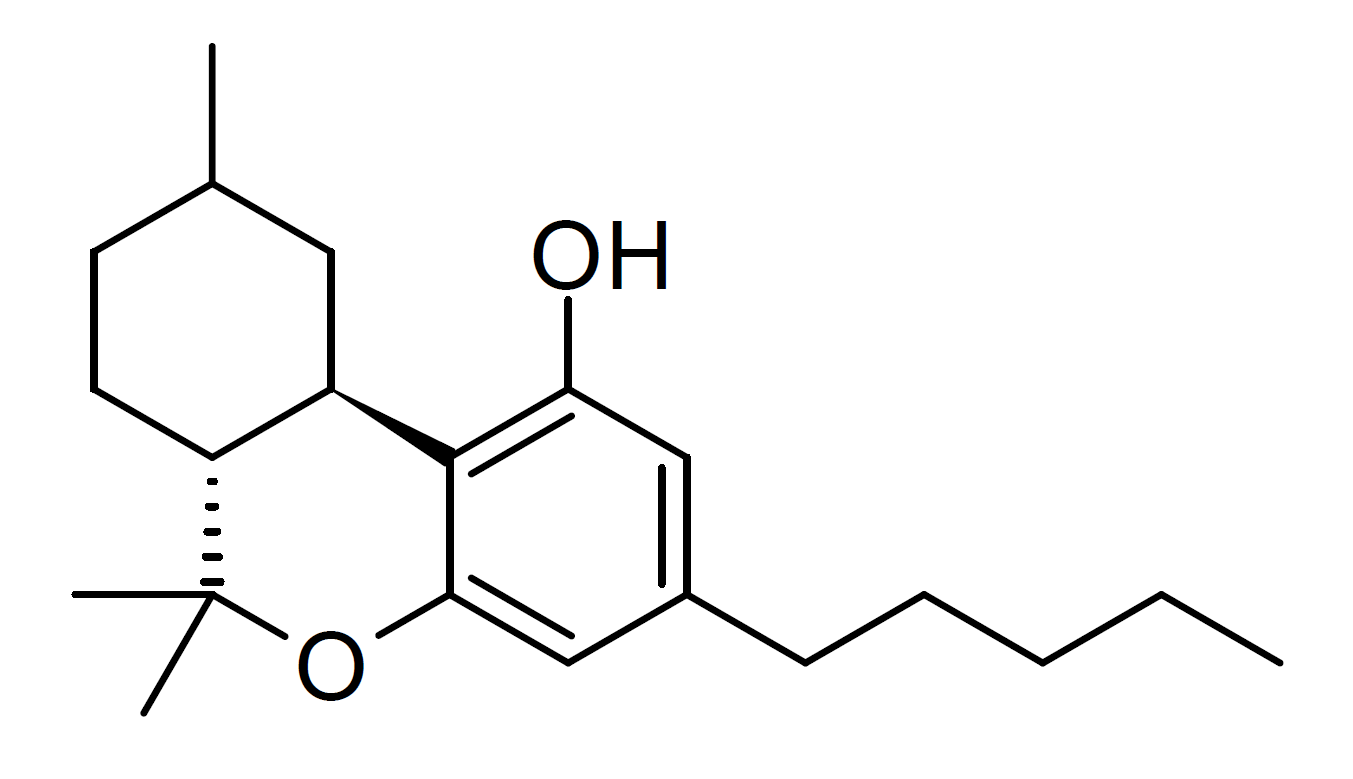
Hexahydrocannabinol (HHC) is a unique cannabinoid distinct from THC, studied for its interesting molecular properties and potential psychoactive profile. At Canna Health Amsterdam, we provide high-quality HHC research materials derived from natural hemp sources, intended strictly for analytical and laboratory use.
Frequently Asked Questions about HHC
Summary
HHC, or Hexahydrocannabinol, is a hydrogenated cannabinoid recognized for its stability and distinctive interaction with cannabinoid receptors. At Canna Health Amsterdam, we supply high-purity HHC Oil (Research Standard) made from natural hemp sources to support scientific and analytical studies.
Because HHC regulations may vary by country, it is important to verify local laws before purchasing or conducting research. Our products are intended exclusively for research and laboratory use.
Read more about HHC
Elevate Your Vaping Journey: Embrace Canna Health Amsterdam’s Unbeatable HHC Vapes
HHC in the European Legal Spotlight: A Rollercoaster of Regulation
What is Dawamesk? This Cannabis Jam is Becoming Popular
HHC: How High?
HHC – A Legal High in Europe?
HHC: What it is and what you need to know about it

Hexahydrocannabiphorol (HHCP) is a potent cannabinoid with unique properties that distinguish it from HHC. At Canna Health Amsterdam, we offer premium HHCP products for those seeking a powerful and unique cannabis experience.
Frequently Asked Questions about HHCp
HHCP, short for Hexahydrocannabiphorol, is a potent cannabinoid known for its strong effects. It is similar to HHC but offers a more intense experience.
HHC and HHCP are both cannabinoids with psychoactive properties, but HHCP is known to be significantly more potent than HHC. While HHC provides mild and balanced effects, HHCP delivers a stronger and more intense experience, often described as more euphoric and long-lasting.
HHCP is known for its intense psychoactive effects. Users report a more powerful high compared to HHC, with deep relaxation and a pronounced sense of euphoria.
HHCP may offer enhanced effects for those seeking a more potent cannabinoid experience. It can contribute to deep relaxation, euphoria, and a longer-lasting high, making it suitable for users looking for stronger effects.
Due to its potency, HHCP should be used with caution. At Canna Health Amsterdam, we ensure all our HHCP products meet stringent safety standards. Always start with a low dose and consult with a healthcare provider if you have any concerns.
The legality of HHCP is uncertain and rapidly changing. Research the specific laws in your country or region before purchasing or using HHCP products.
Summary
HHCP is a highly potent cannabinoid offering a significantly stronger experience compared to HHC. At Canna Health Amsterdam, we provide premium HHCP products designed for those seeking intense effects. Due to changing legal statuses, always research the laws in your area before using HHCP. For any questions or concerns, consult with a healthcare provider.

